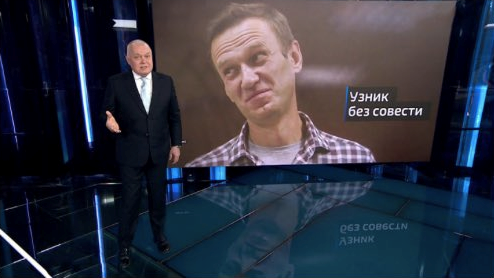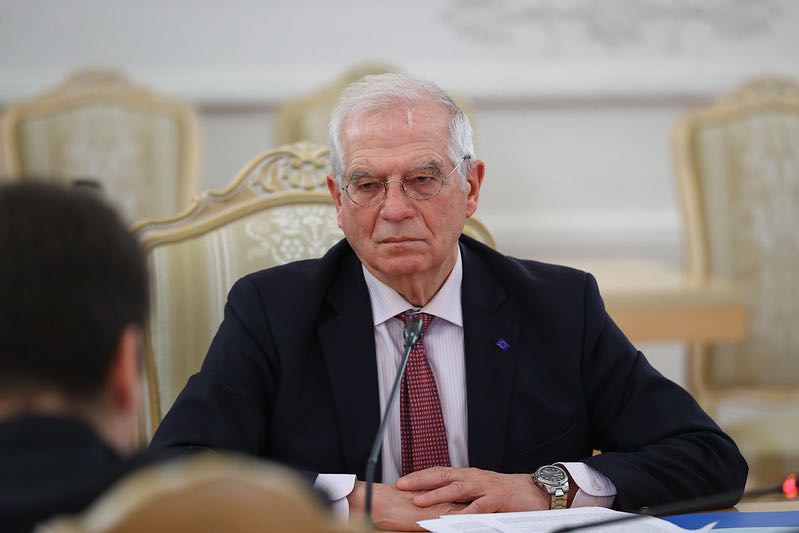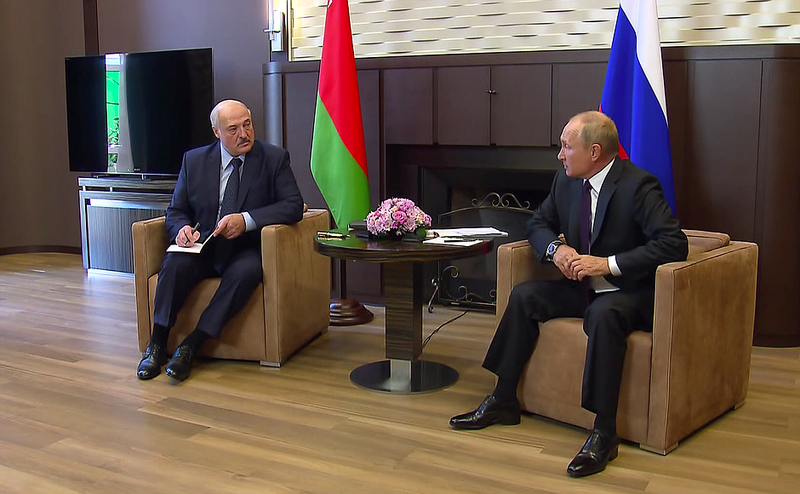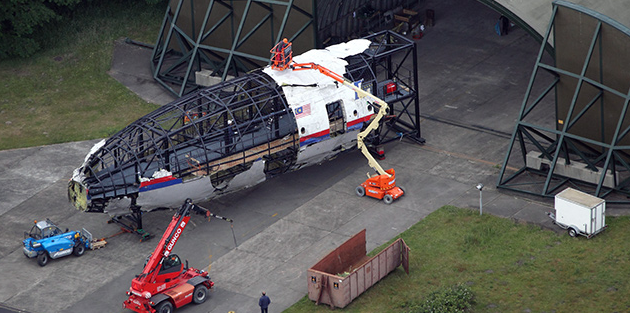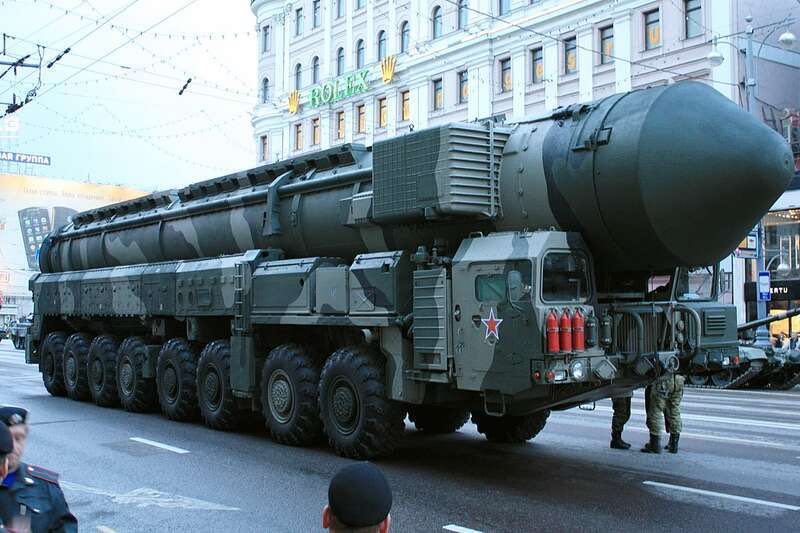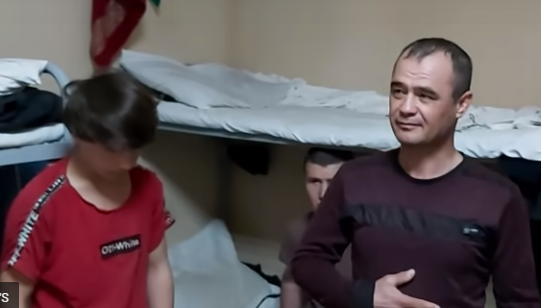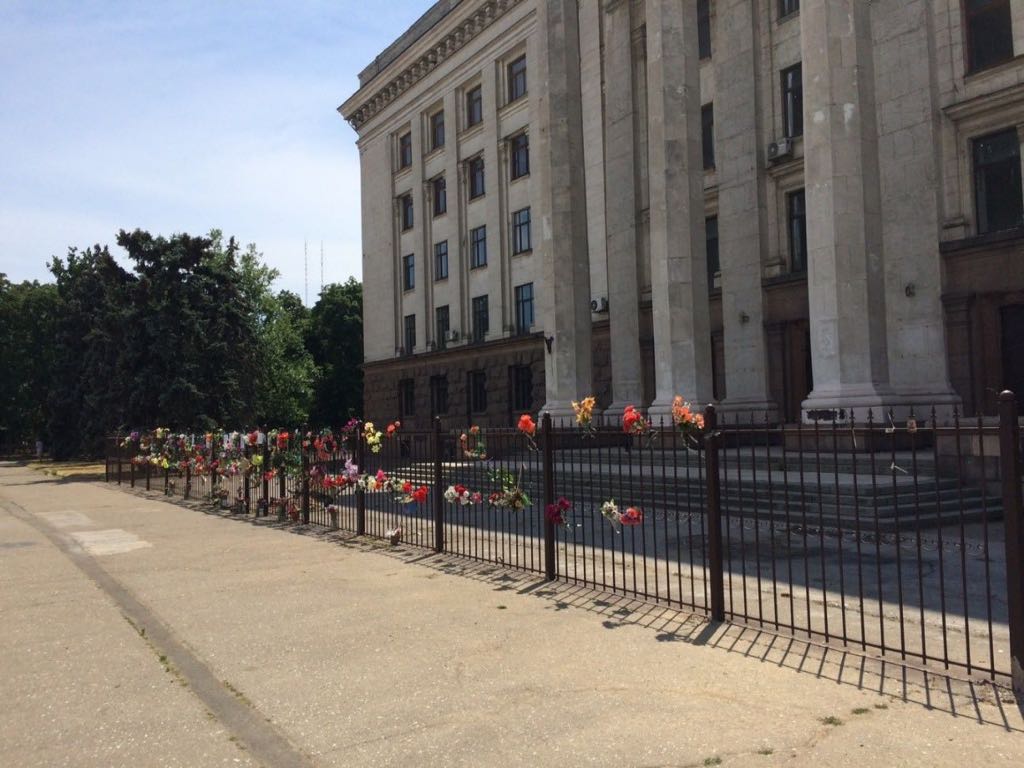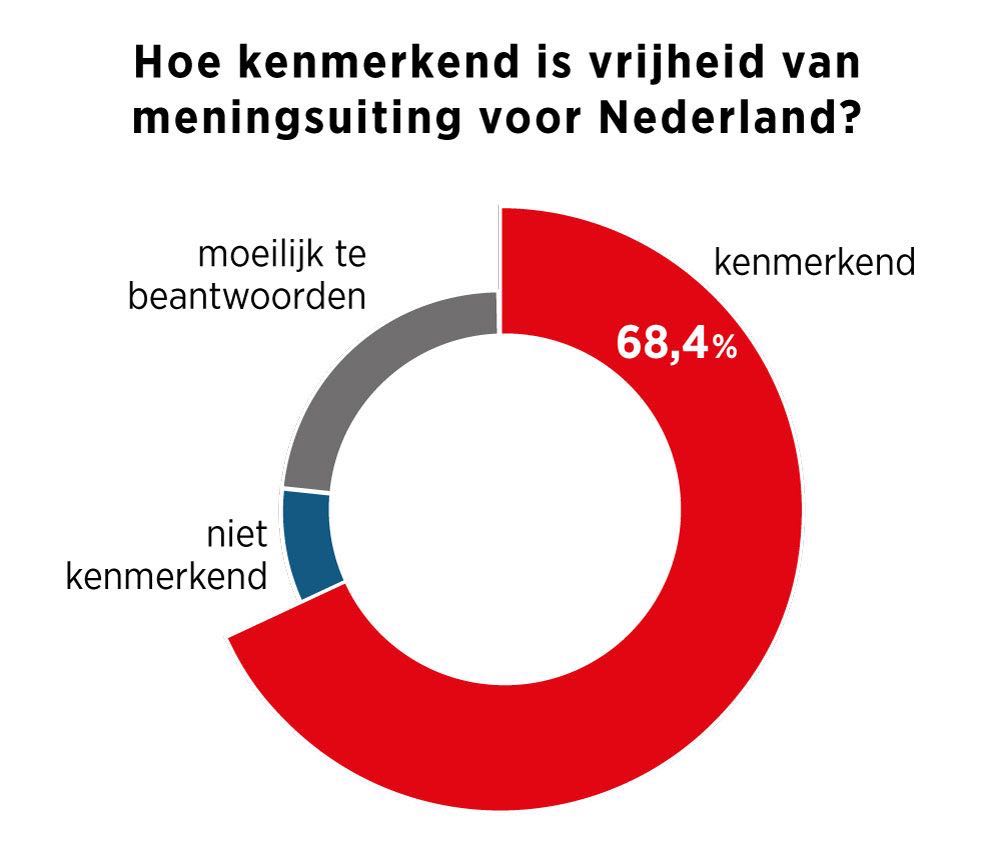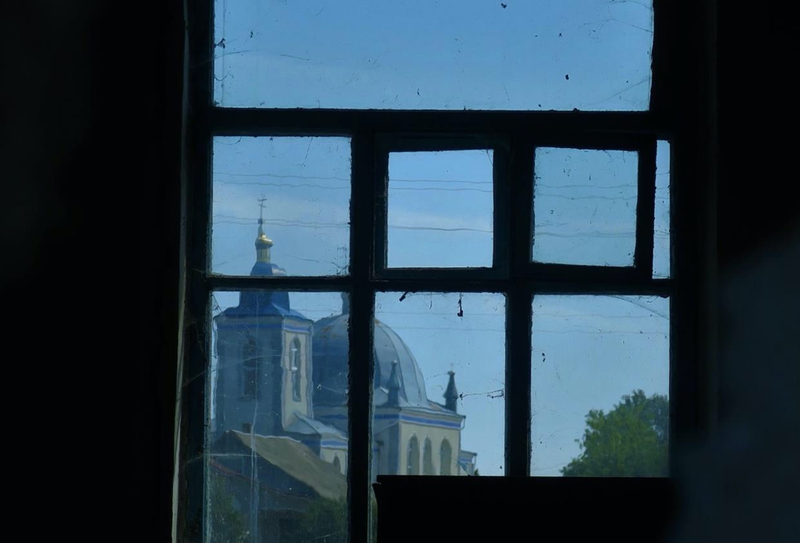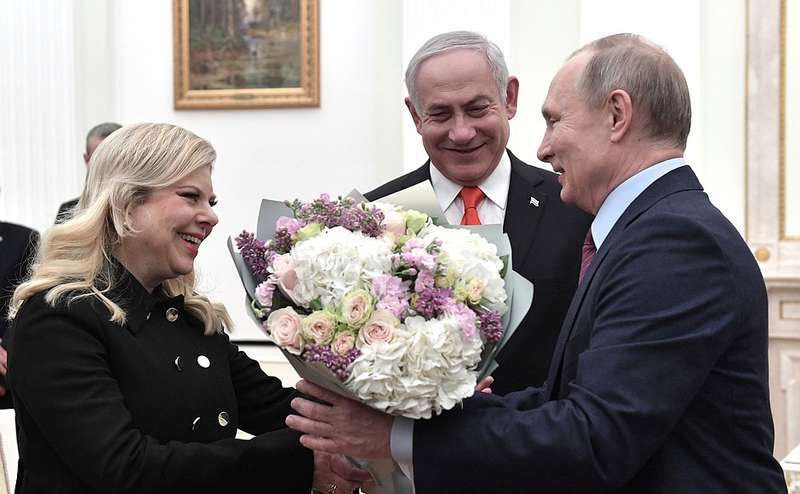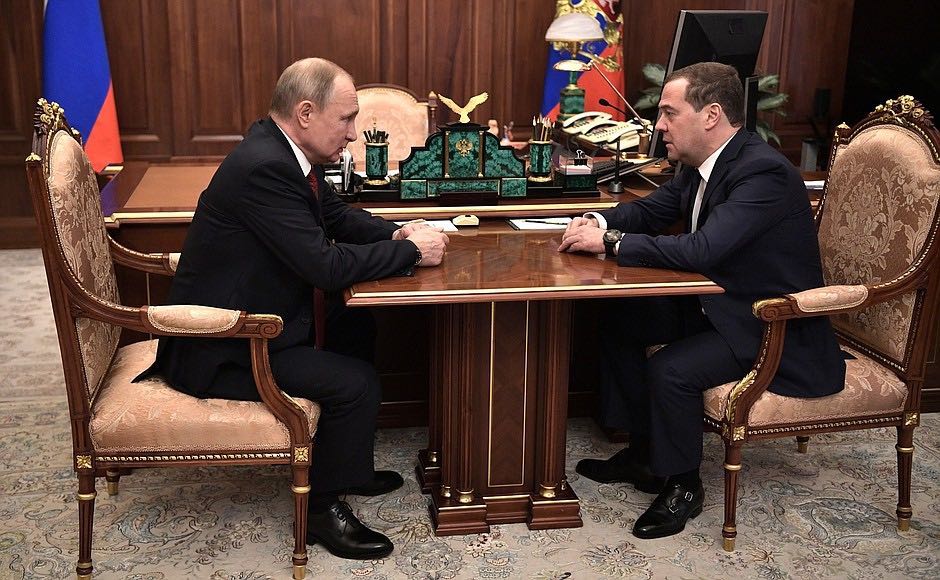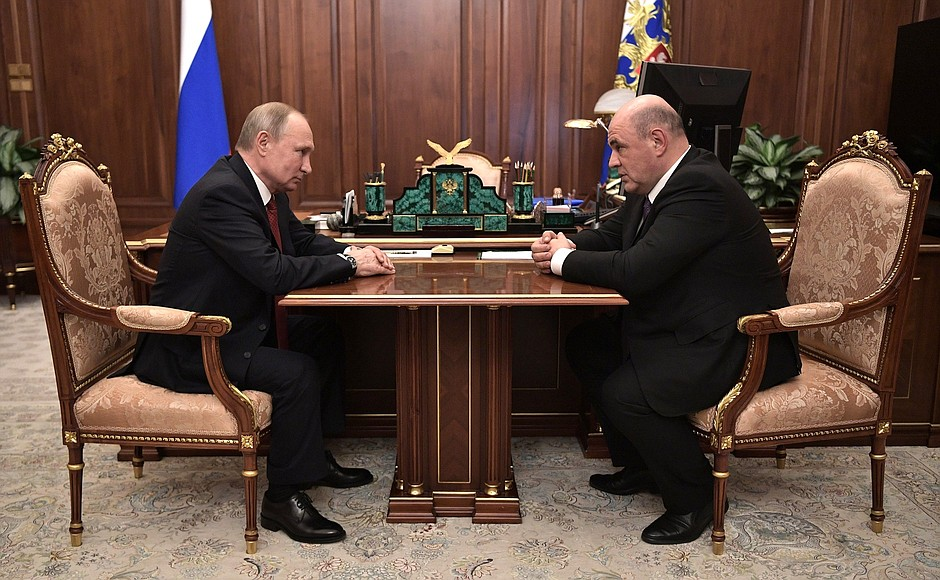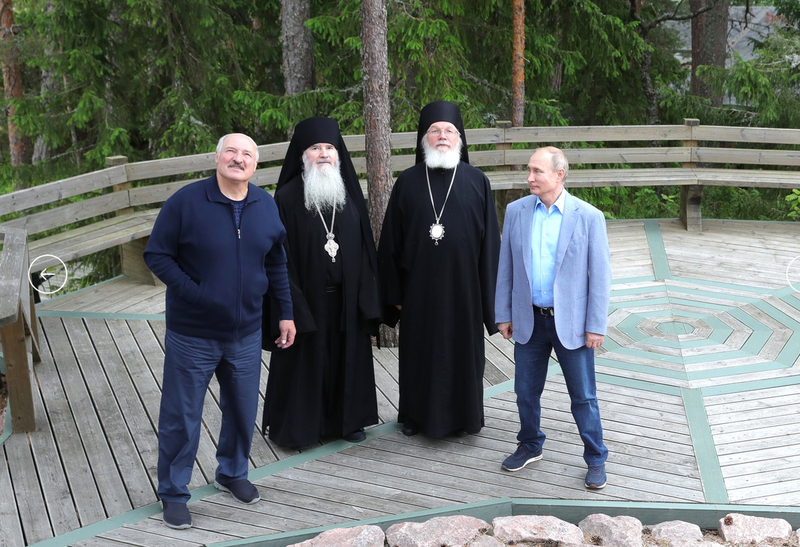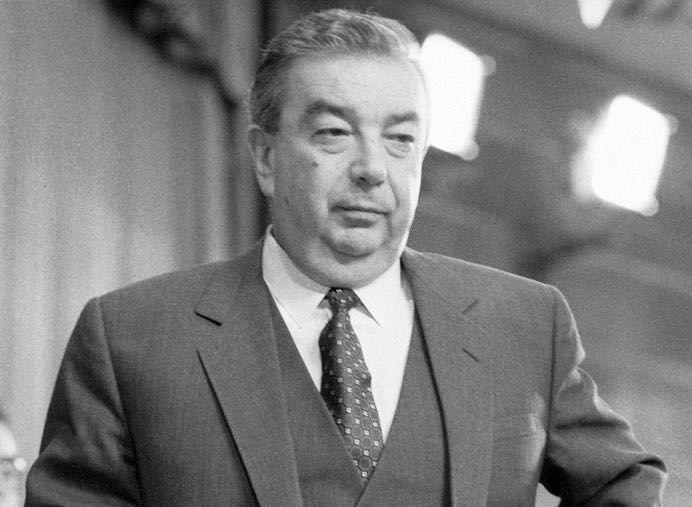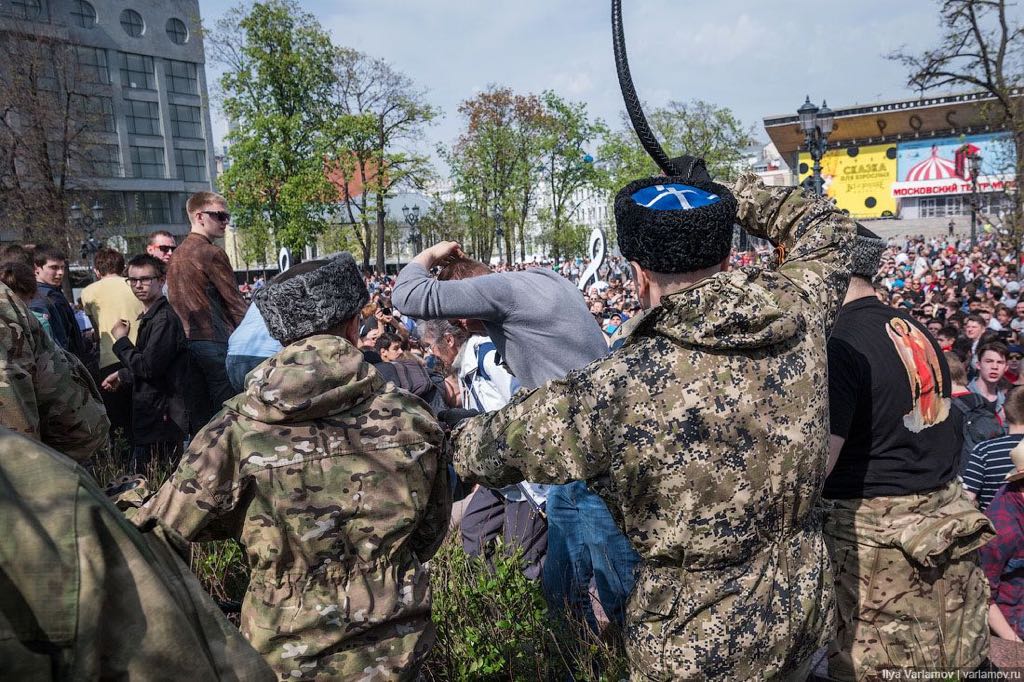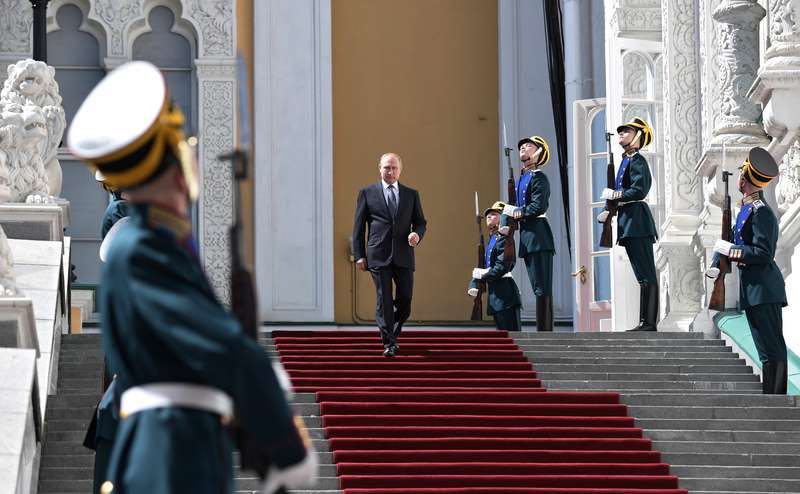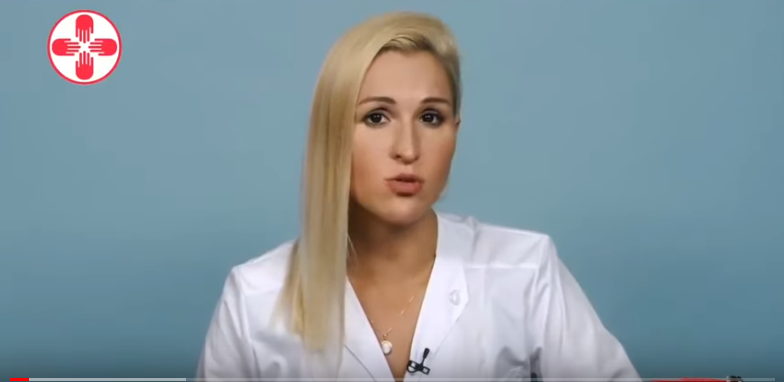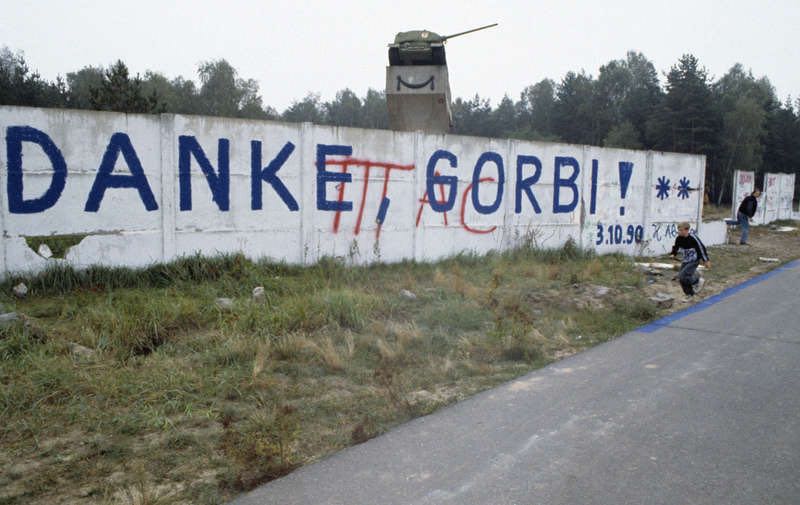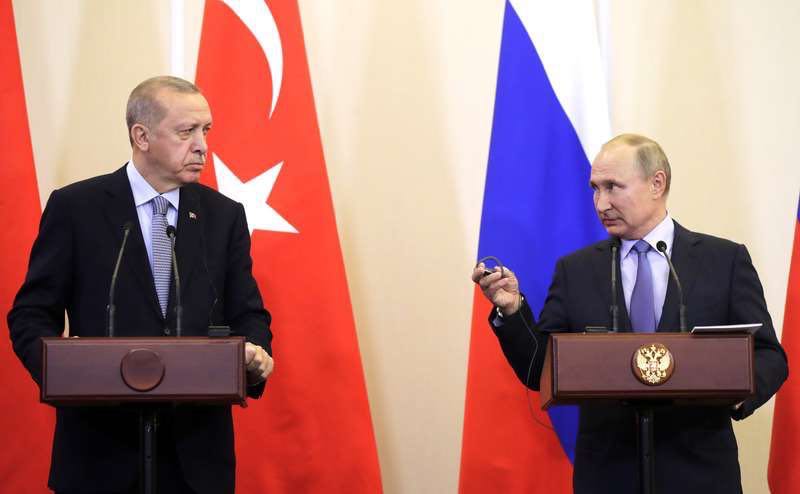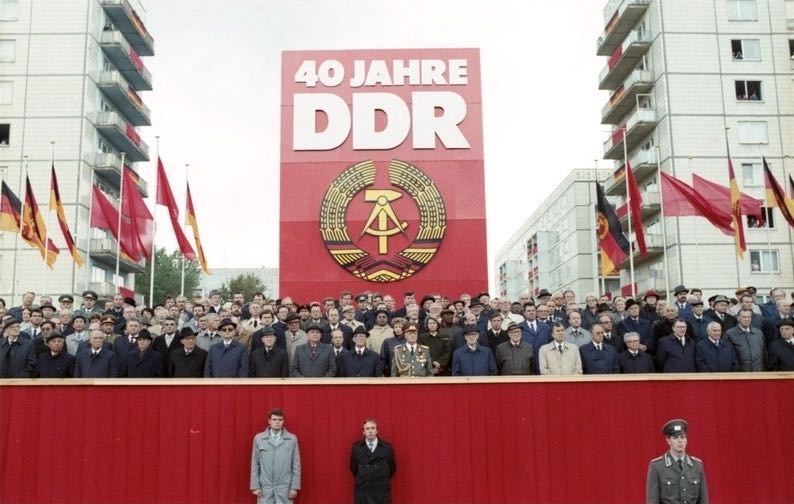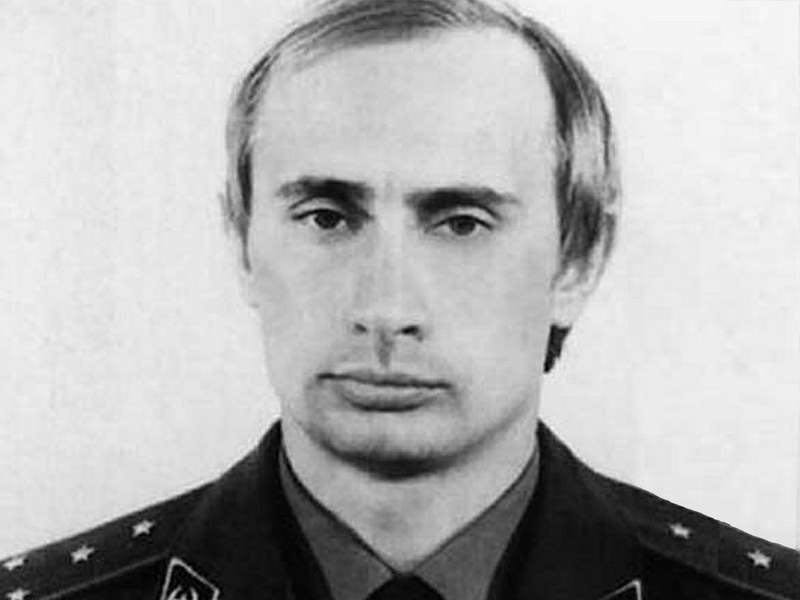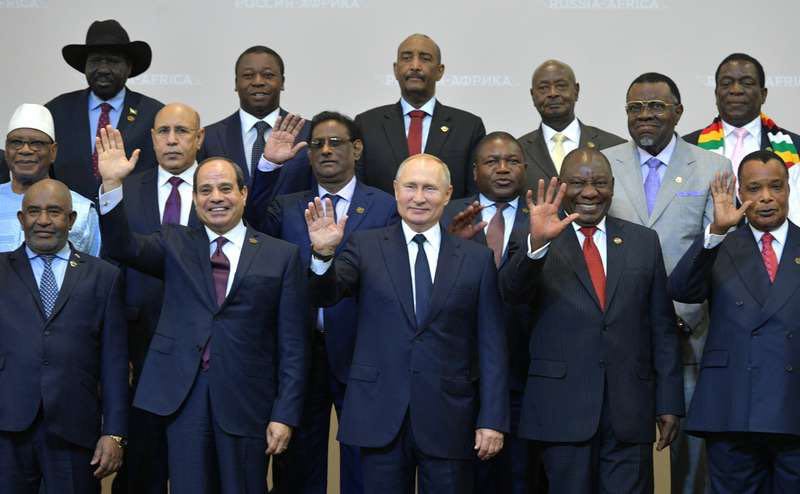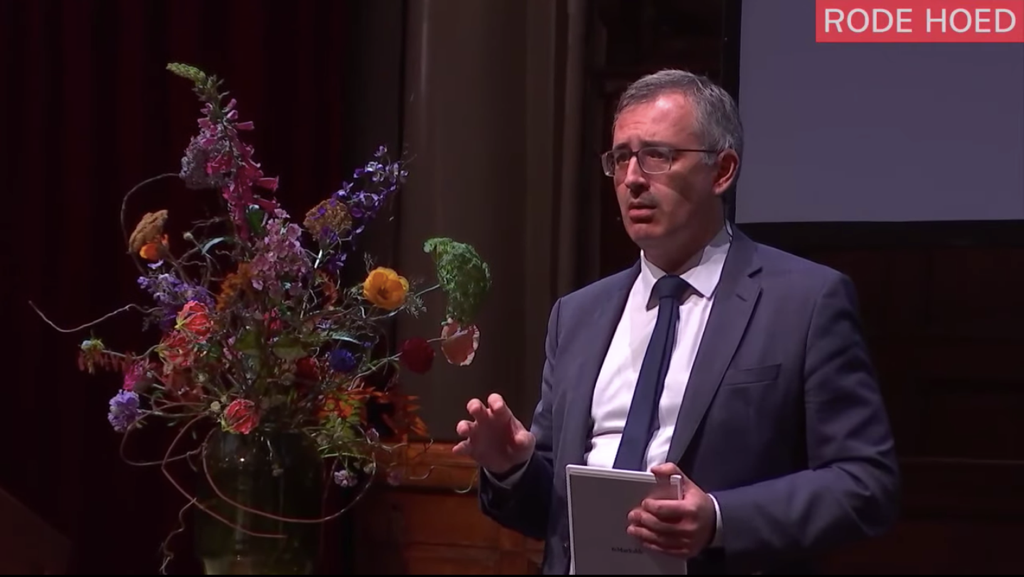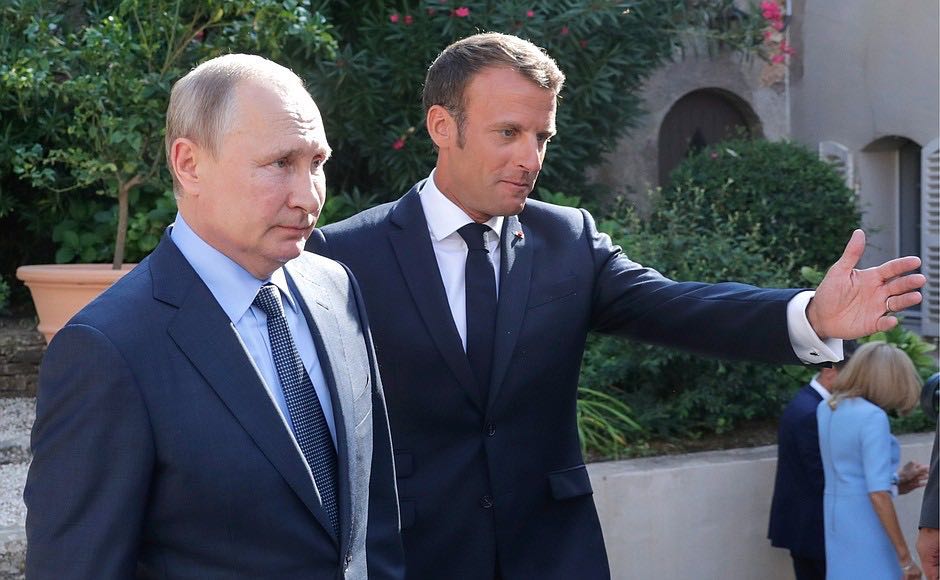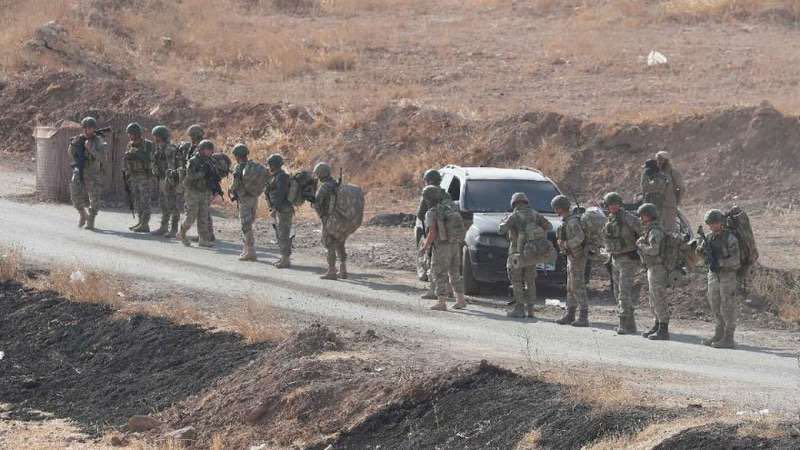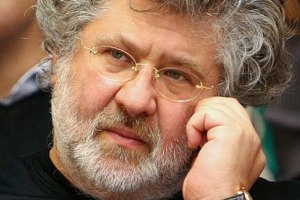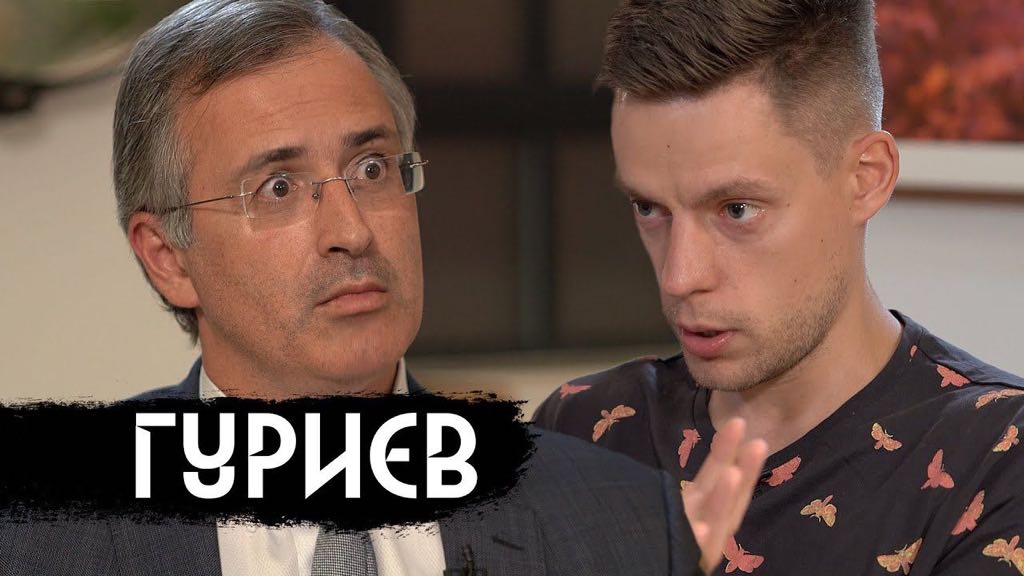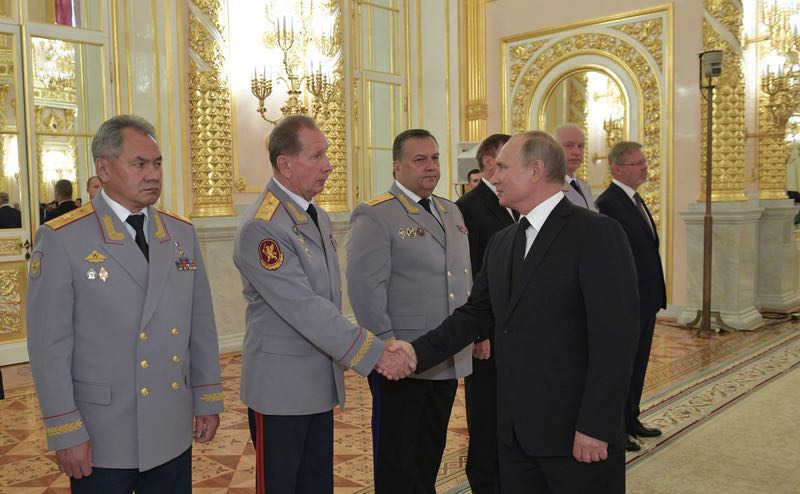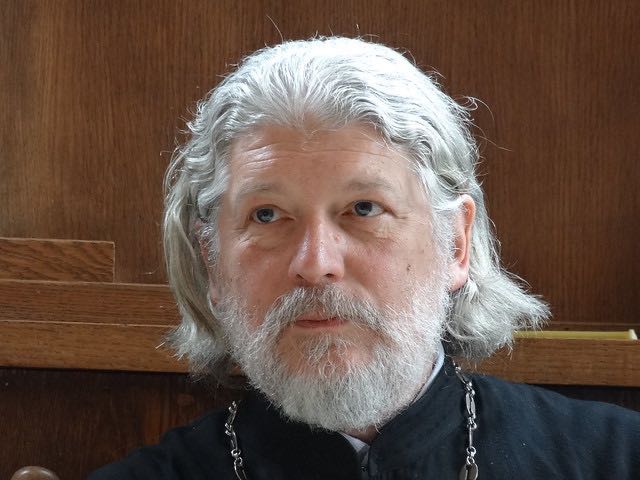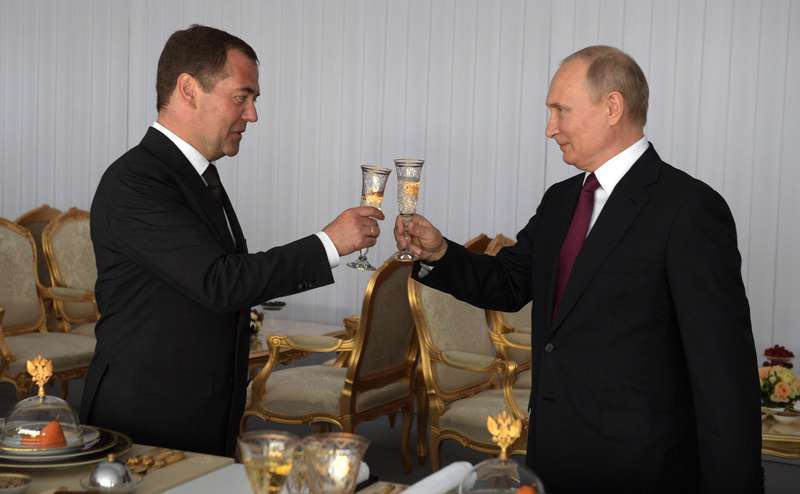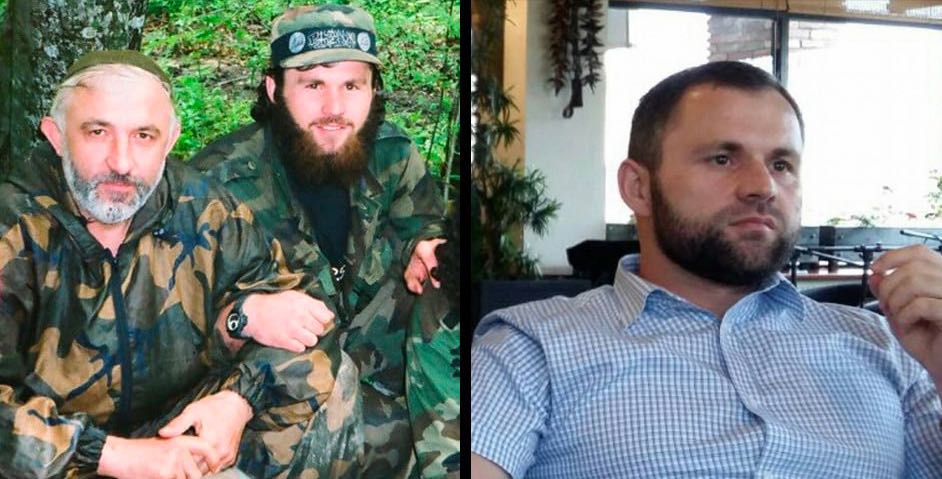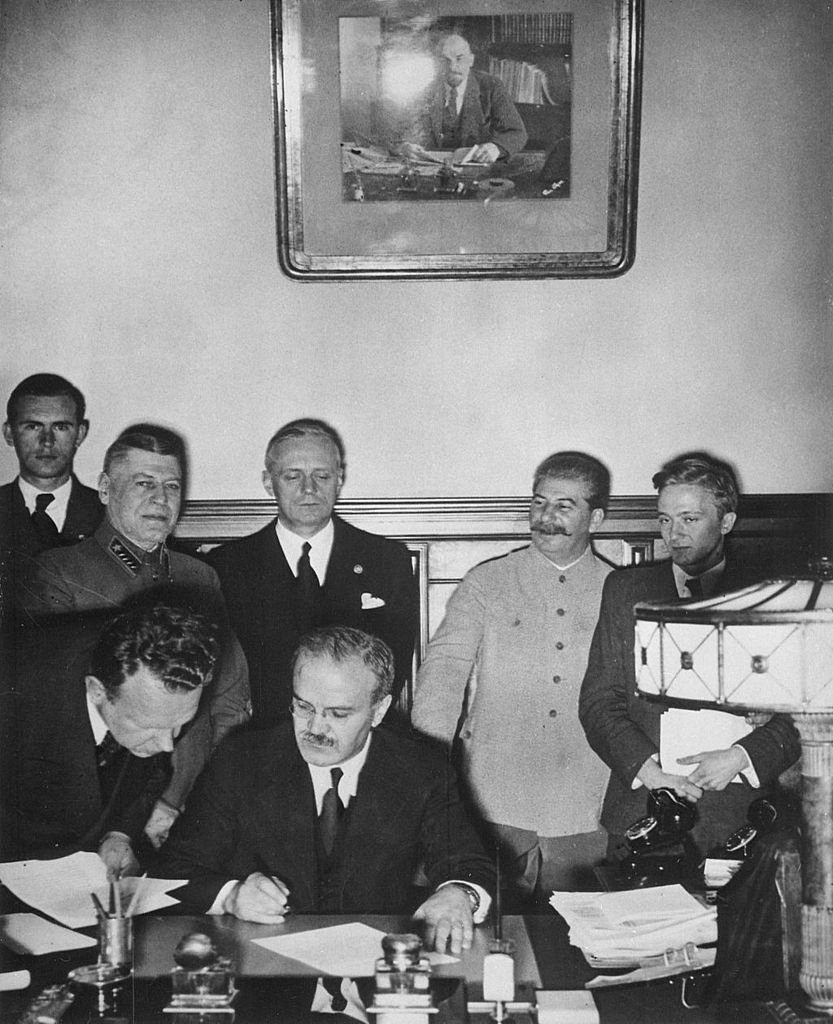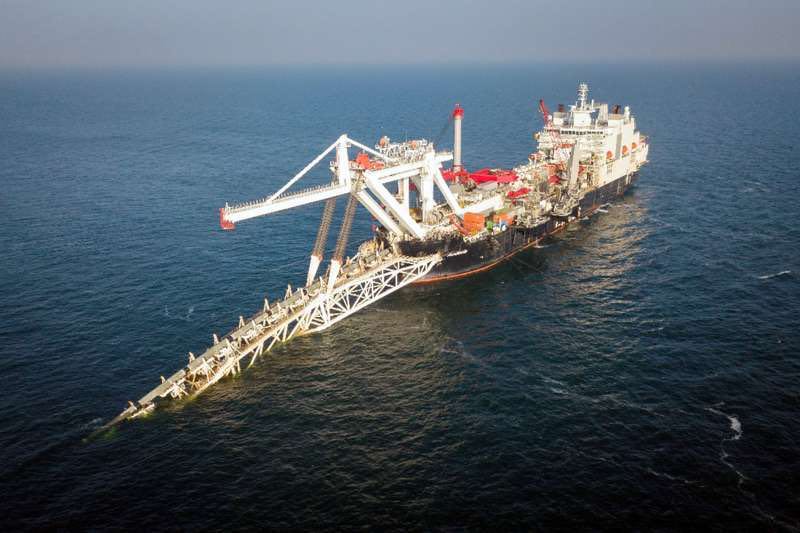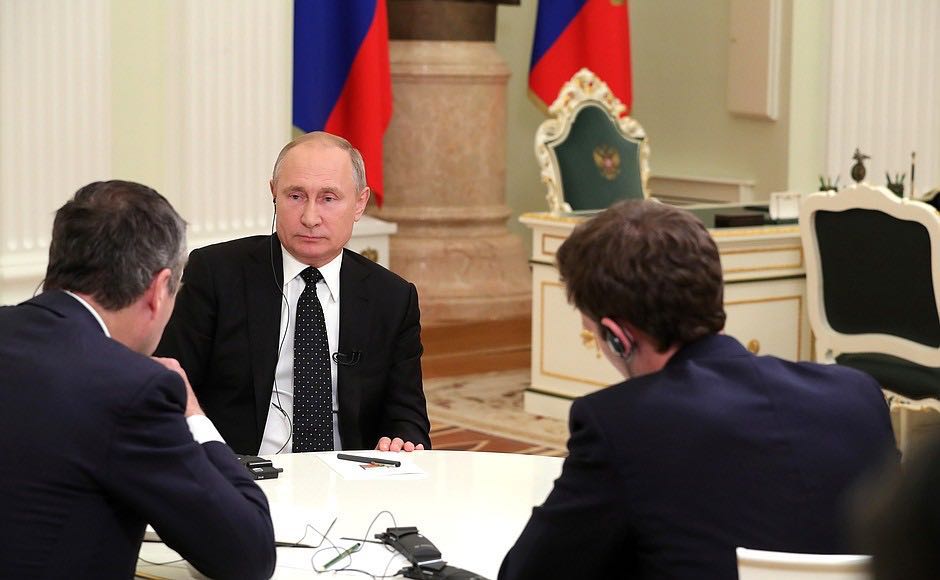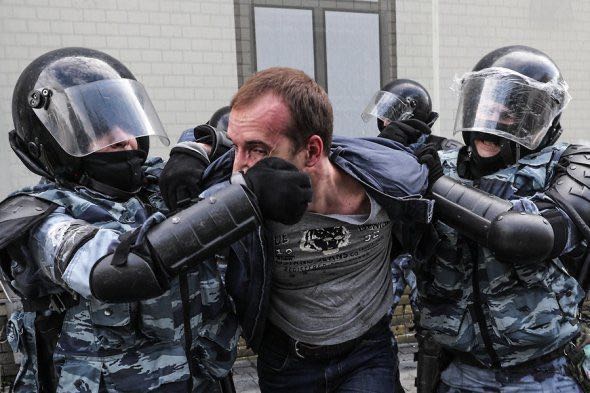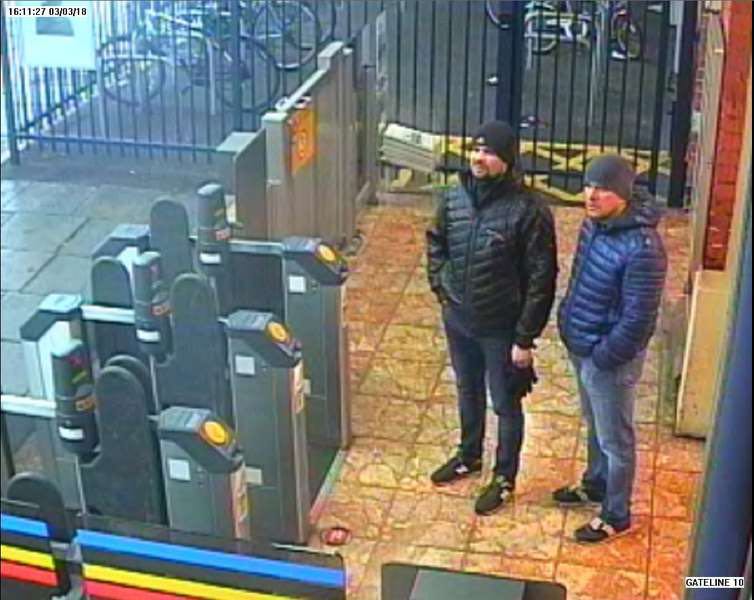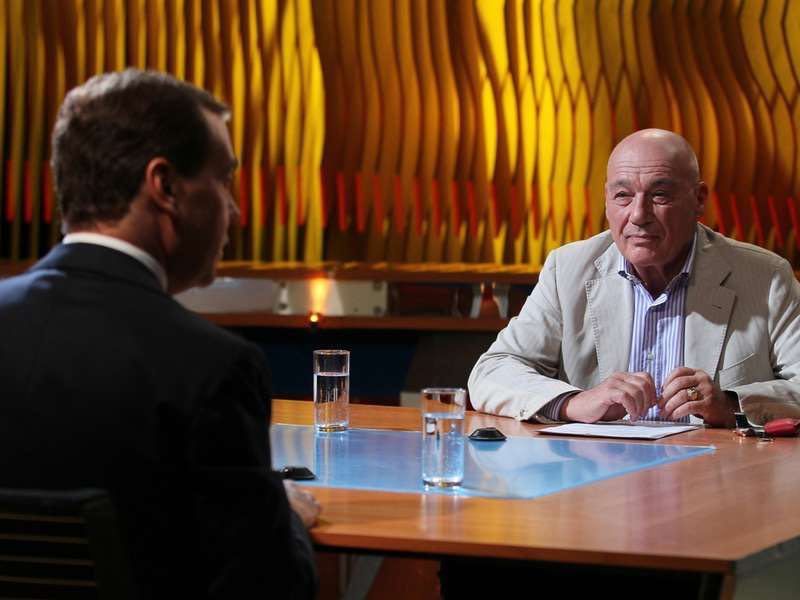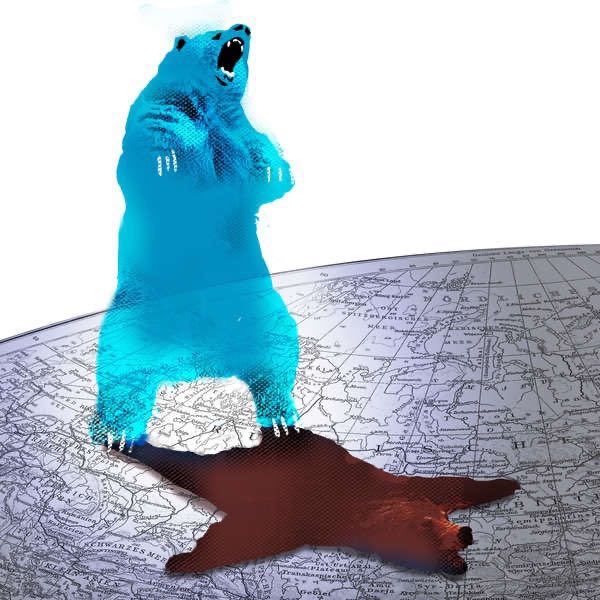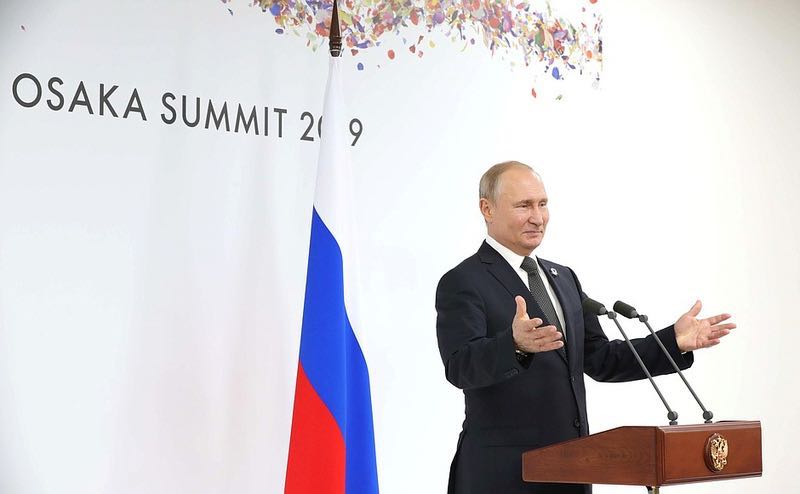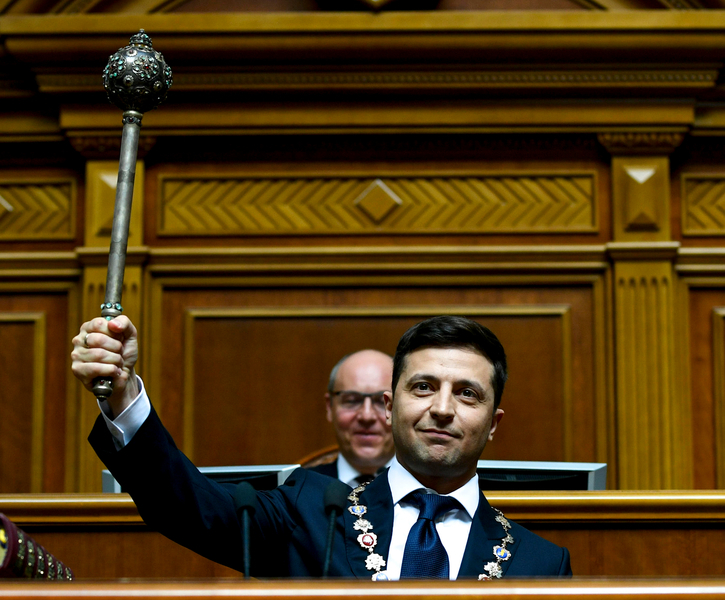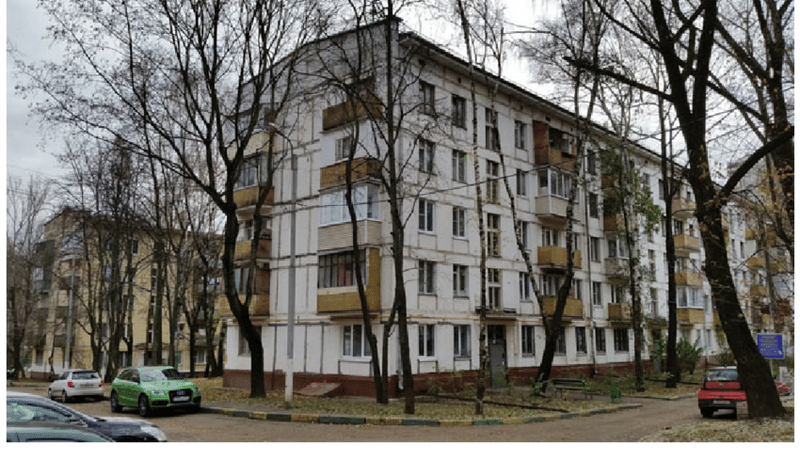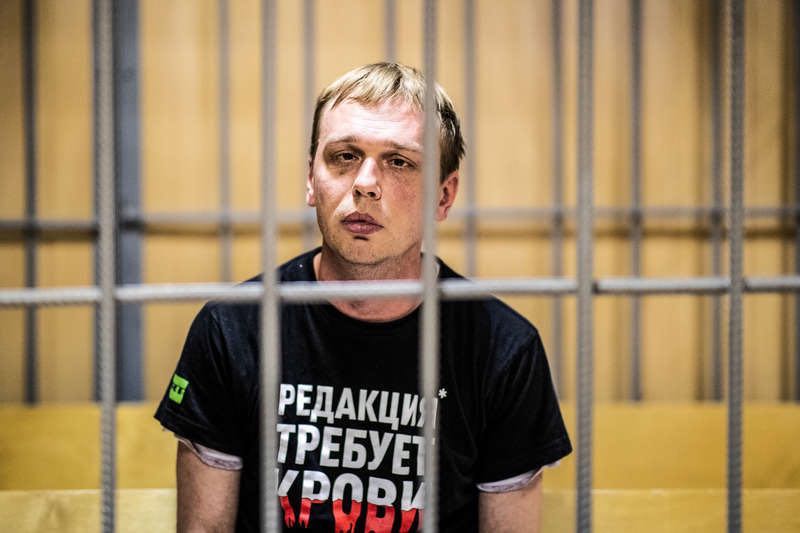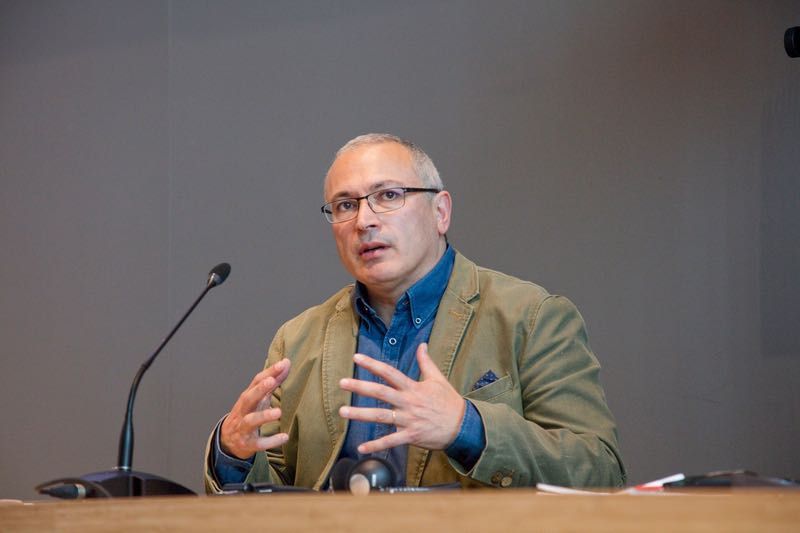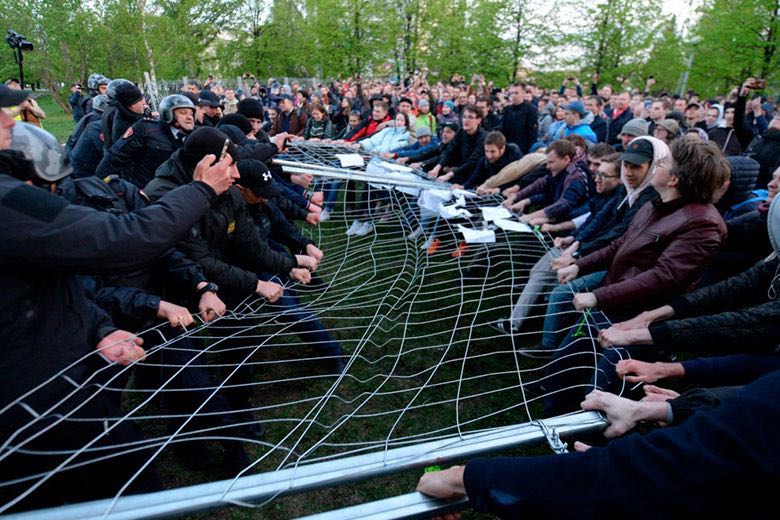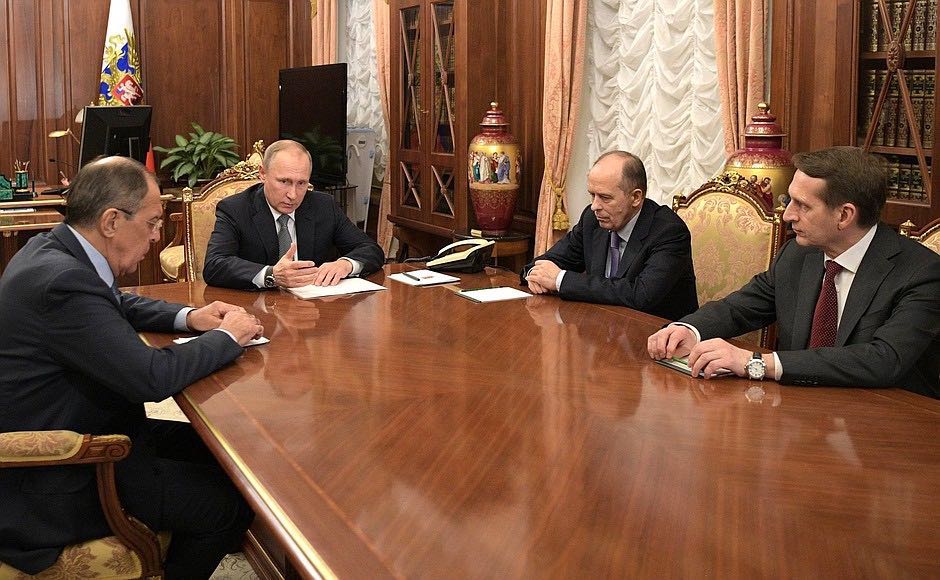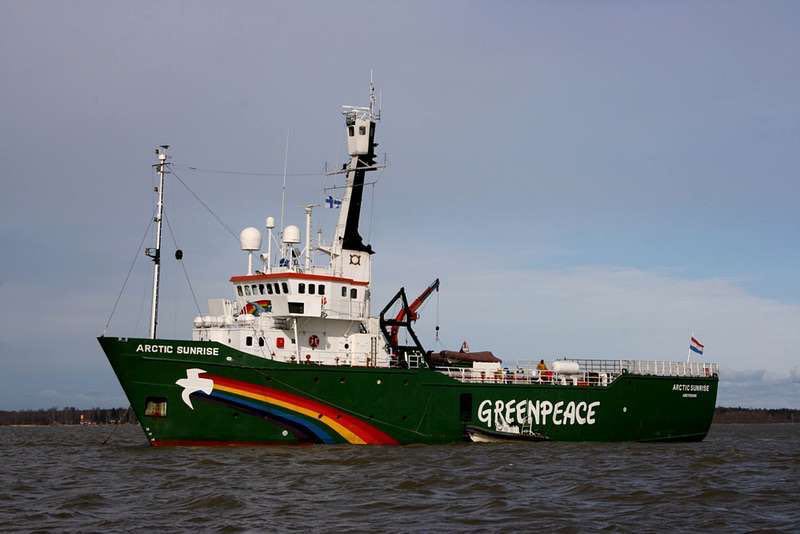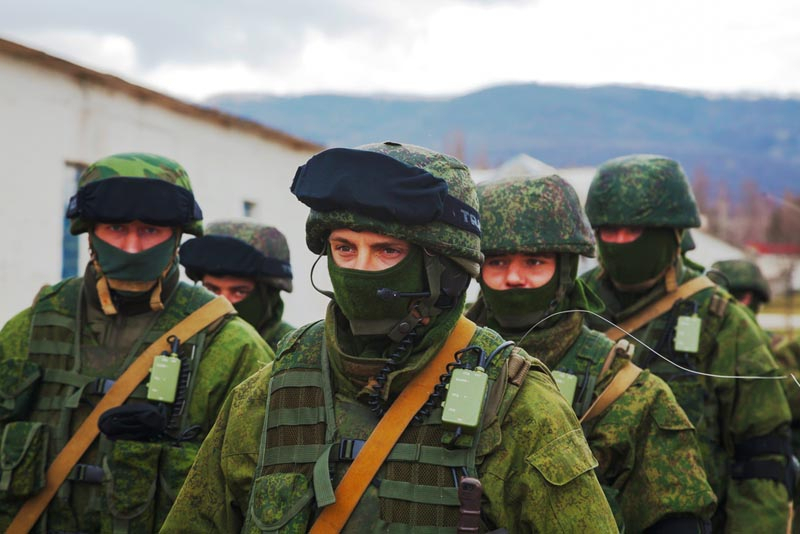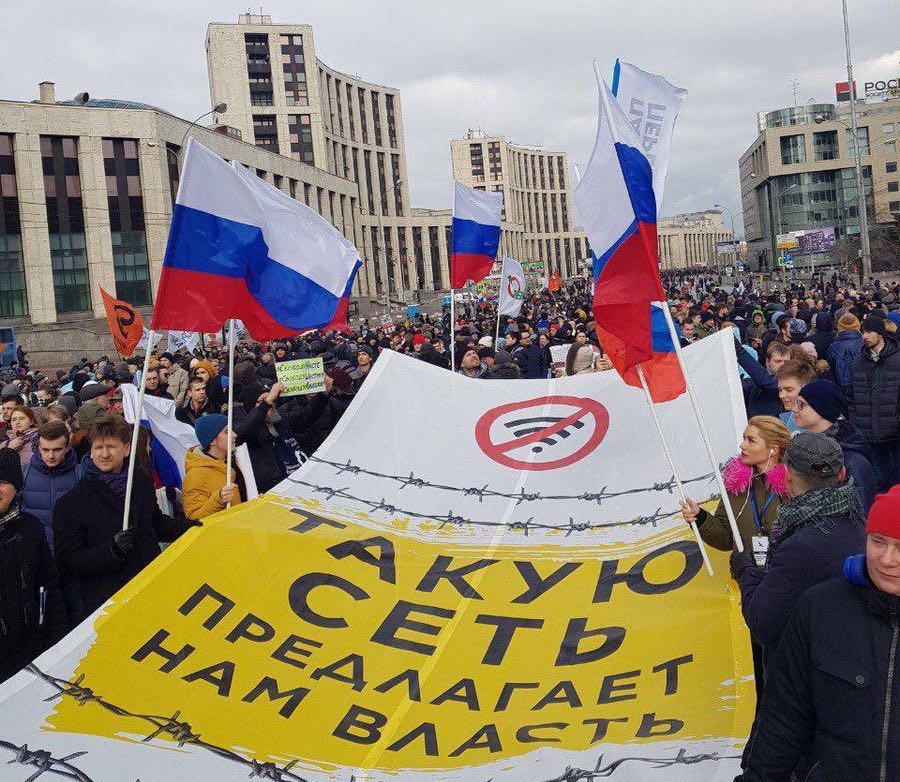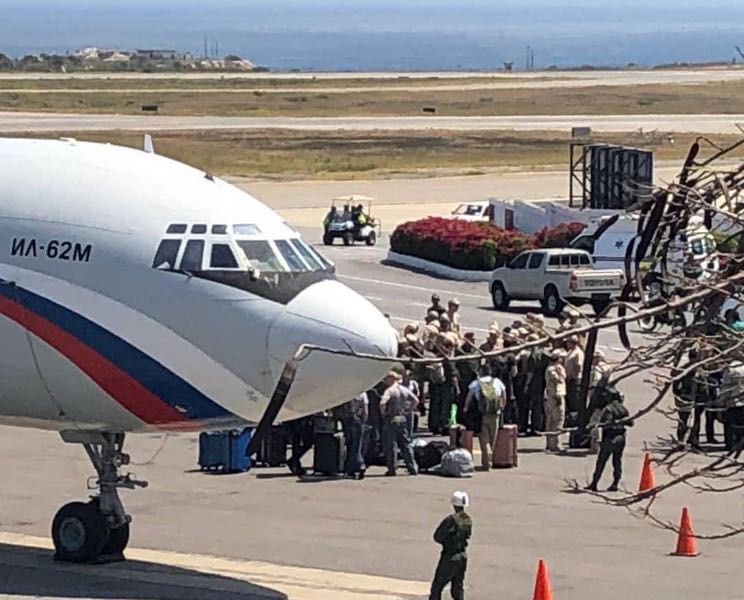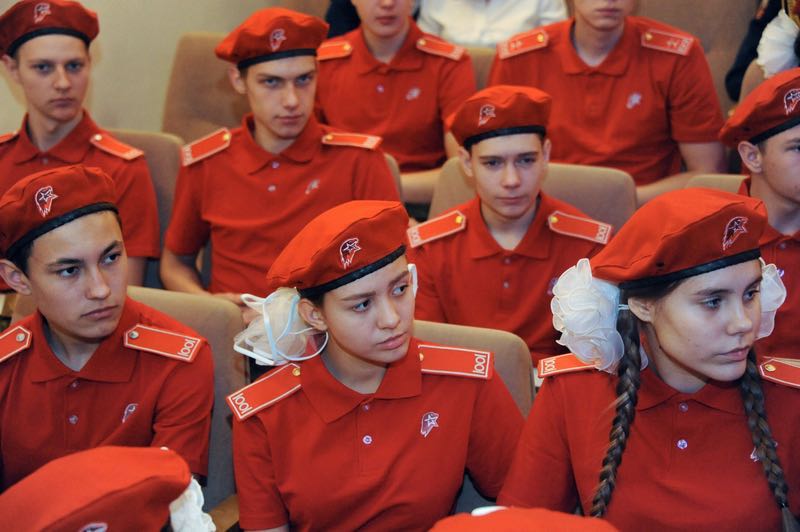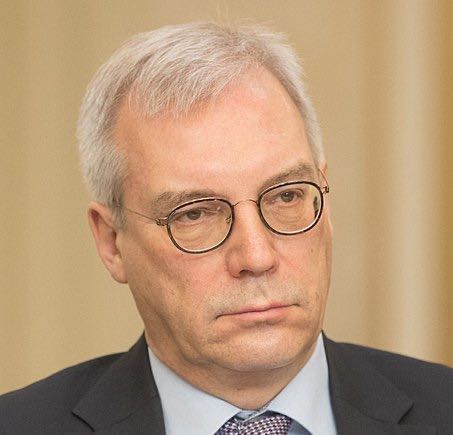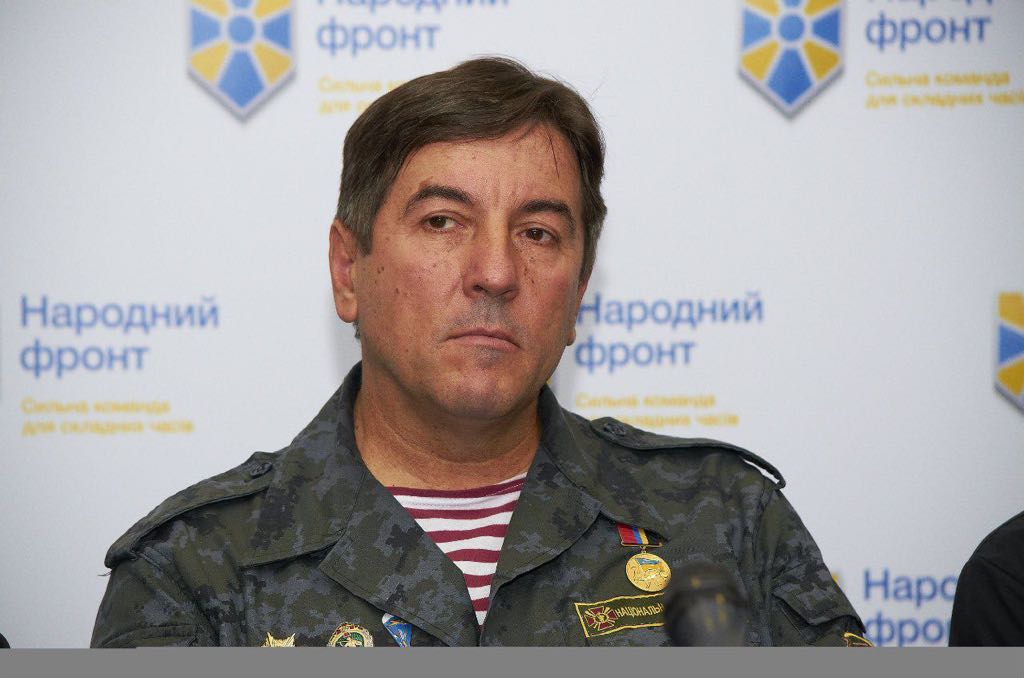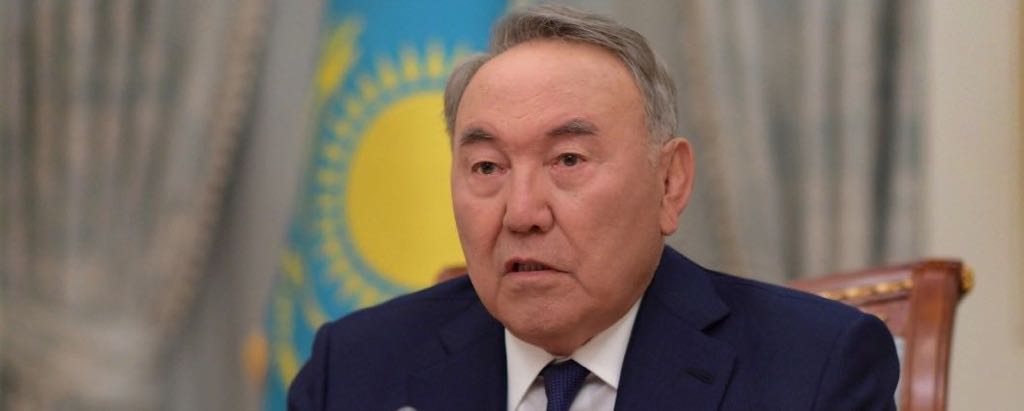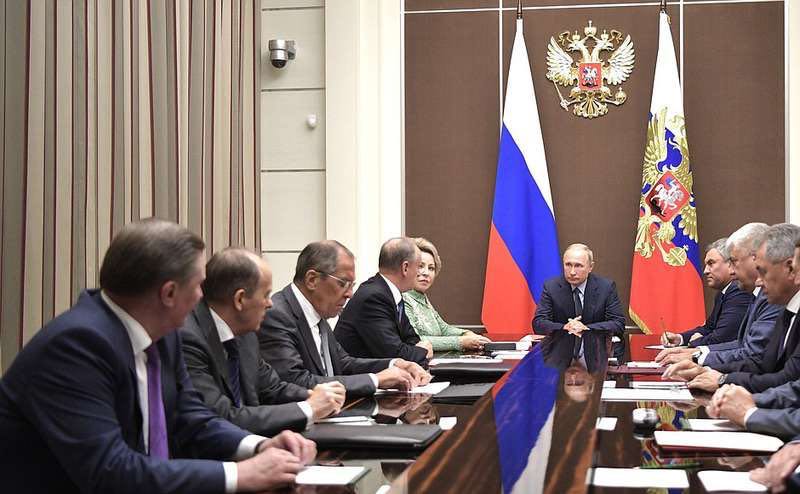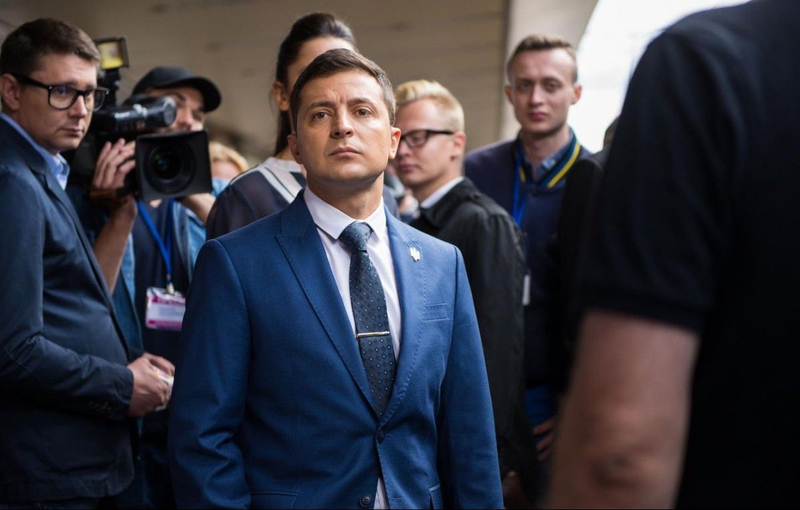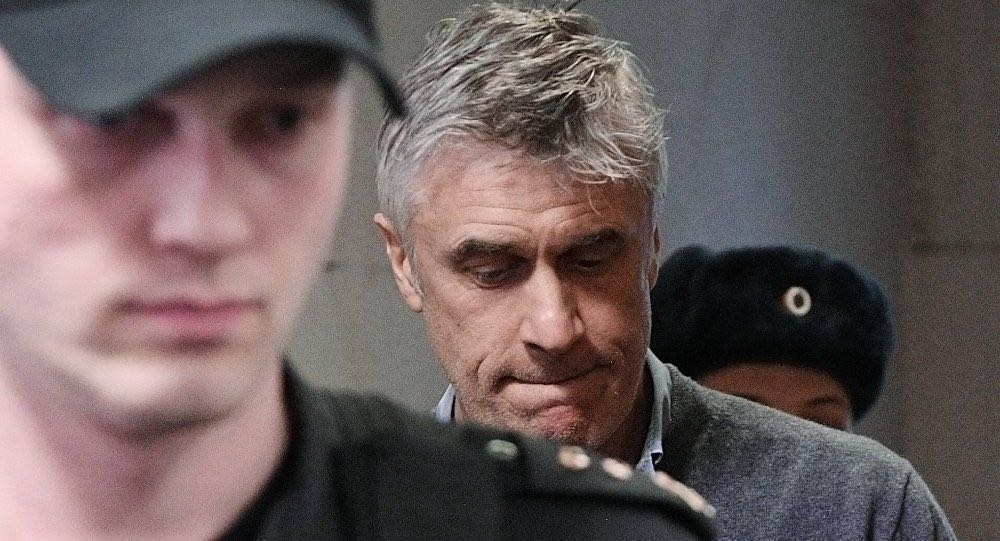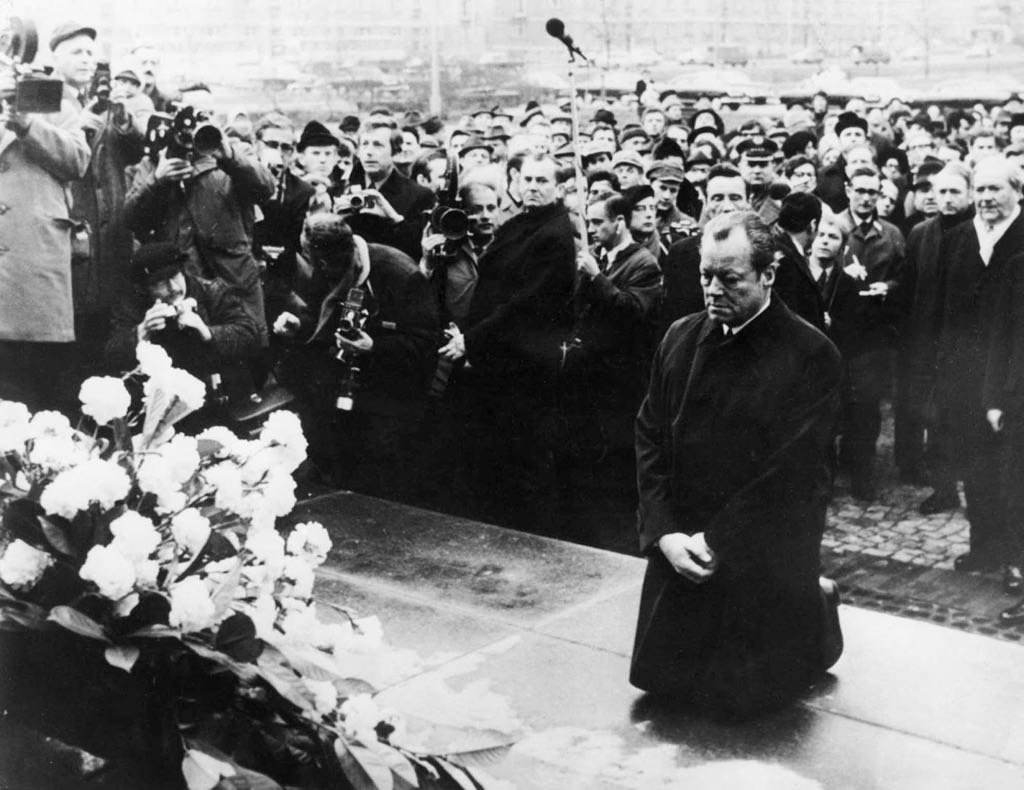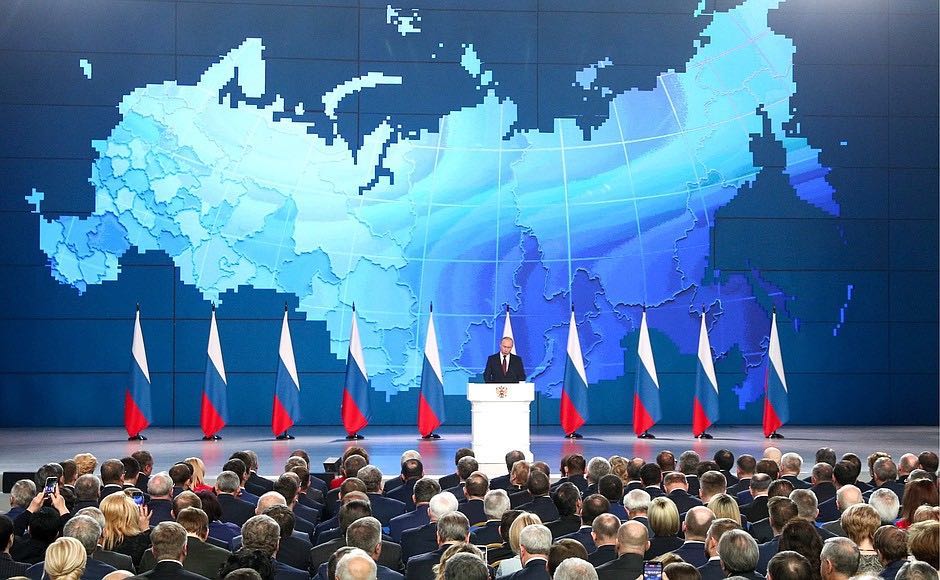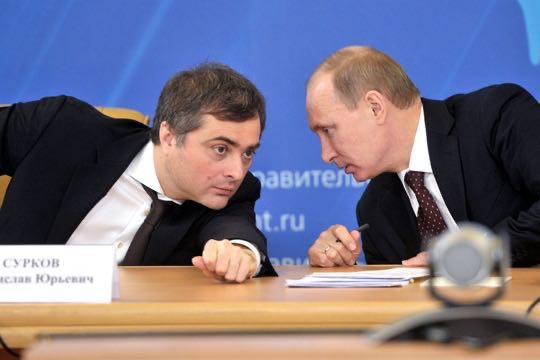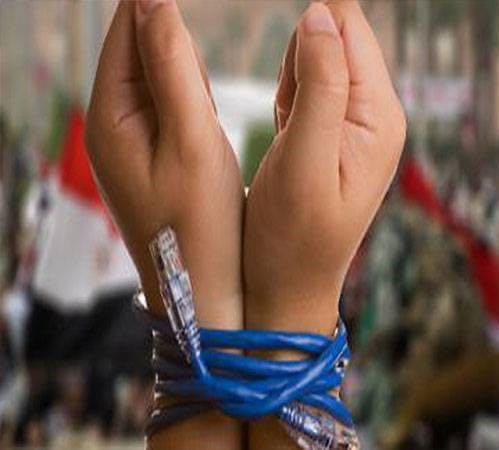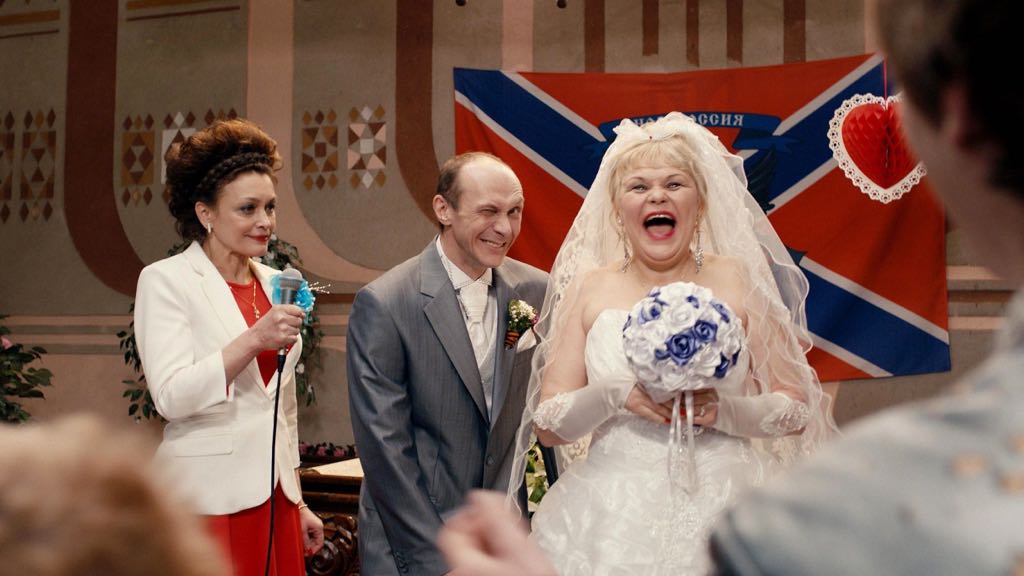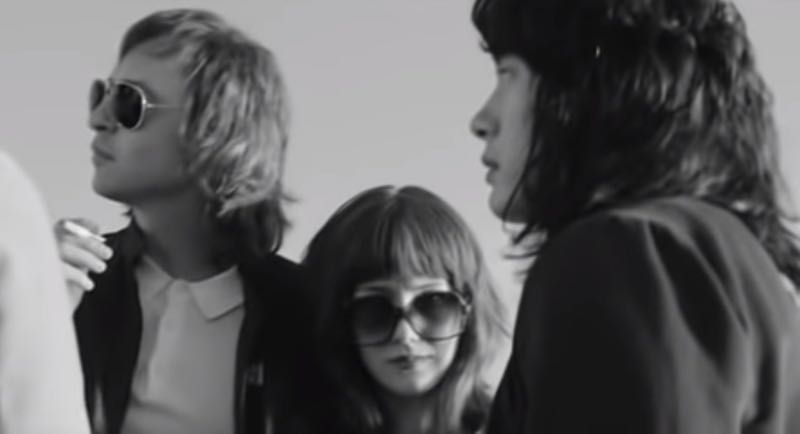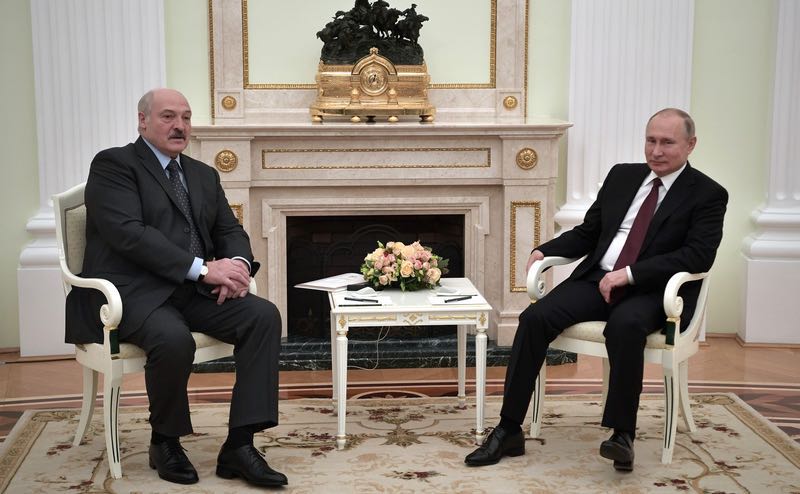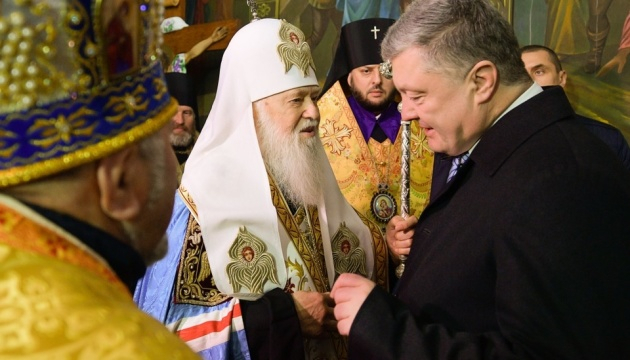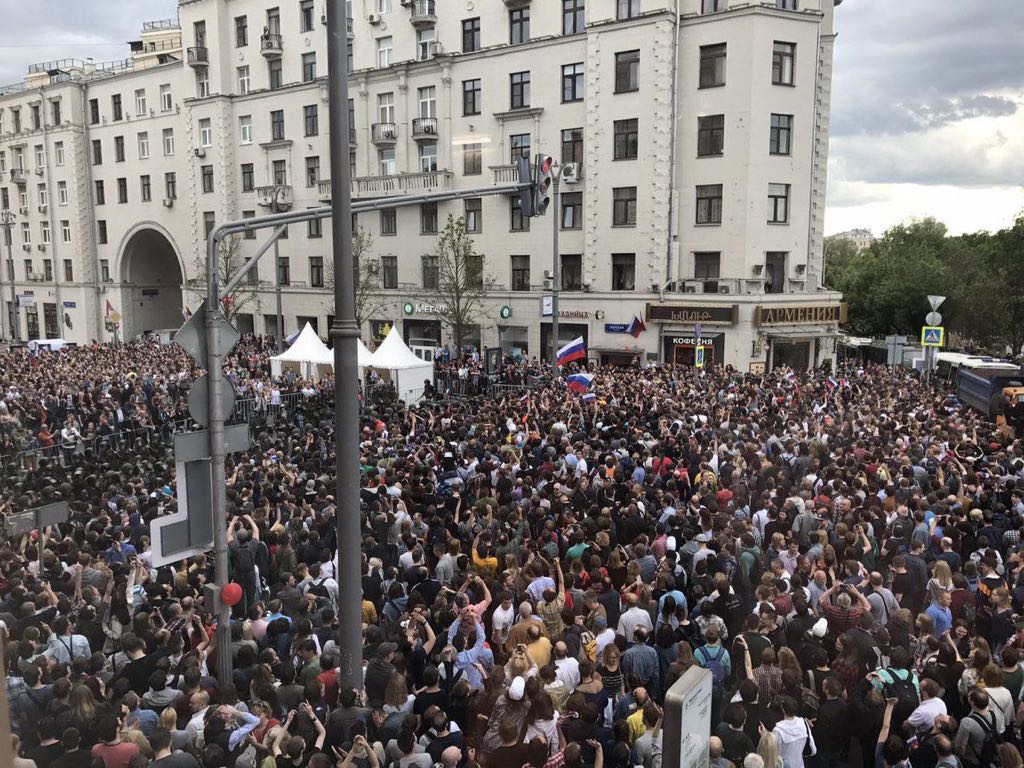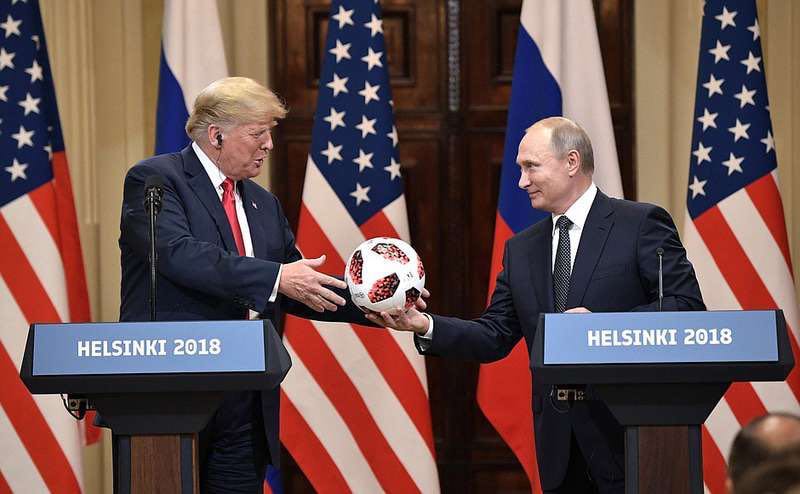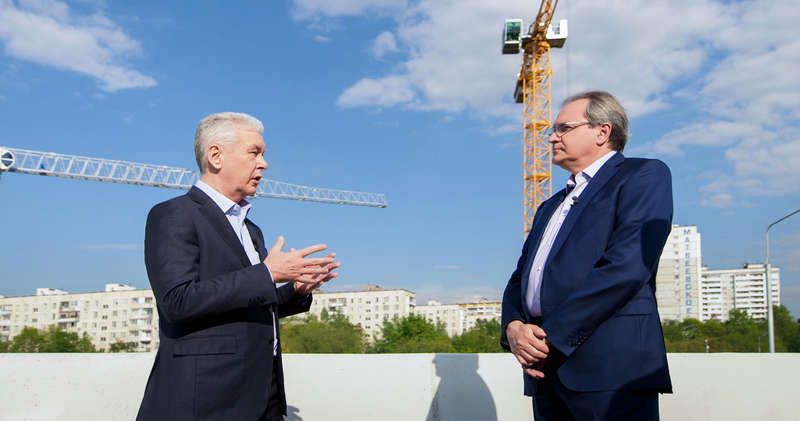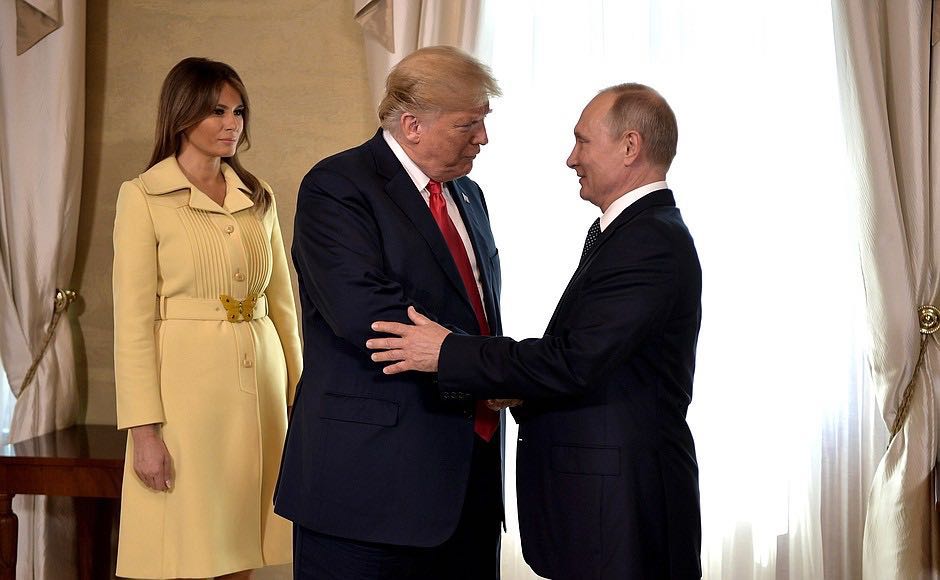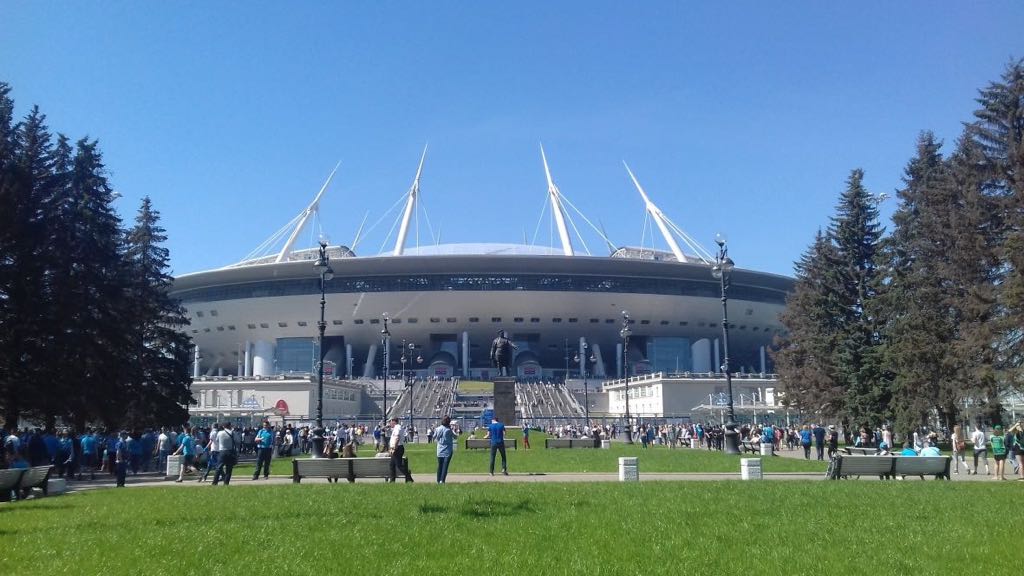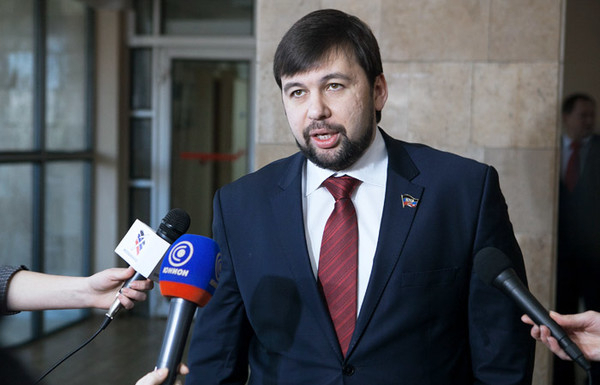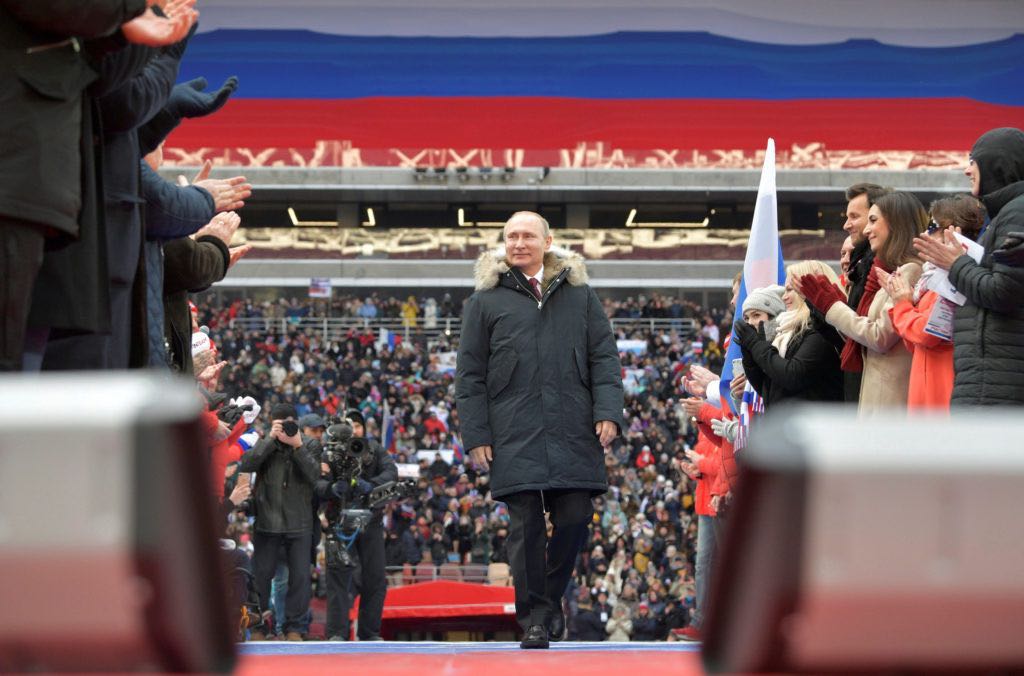-
Why do ethnic minorities vote for Putin and his party?
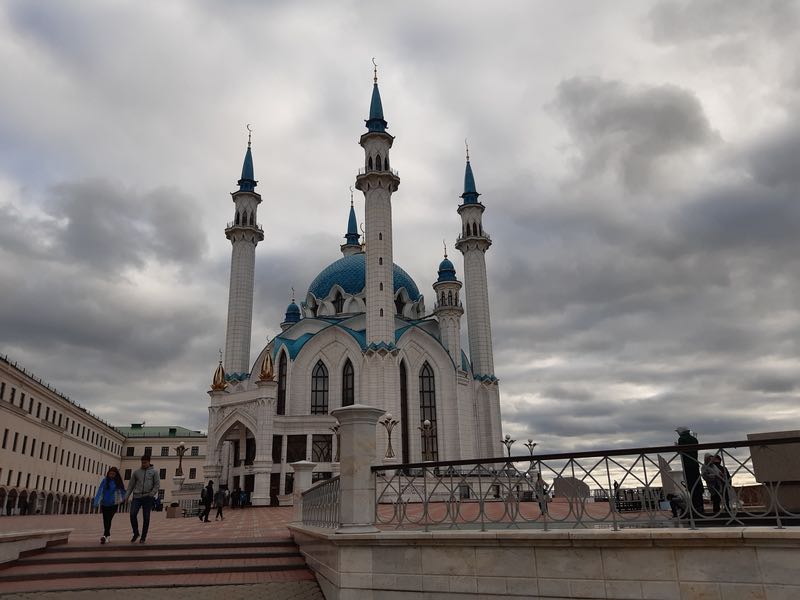 With Moscow's relentless drive for centralisation and control it seems logical that ethnic minority regions in Russia would be critical of the Kremlin. However, in elections they more often than not vote for Putin and government party United Russia. How to explain this? Keep this in mind for the upcoming parliamentary elections of september 2021.by Stanislav Shkel a.o.
With Moscow's relentless drive for centralisation and control it seems logical that ethnic minority regions in Russia would be critical of the Kremlin. However, in elections they more often than not vote for Putin and government party United Russia. How to explain this? Keep this in mind for the upcoming parliamentary elections of september 2021.by Stanislav Shkel a.o. -
Will the young generation change Russia?
The average Russian may not be happy with the state of affair, but he still fears one thing above all: that a change in political regime might only make things worse. However, youngsters have totally different values and attitudes. Will the next generation change Russia or is that just wishful thinking.by Andrei Kolesnikov -
No new mass protests in Belarus due to harsh repression
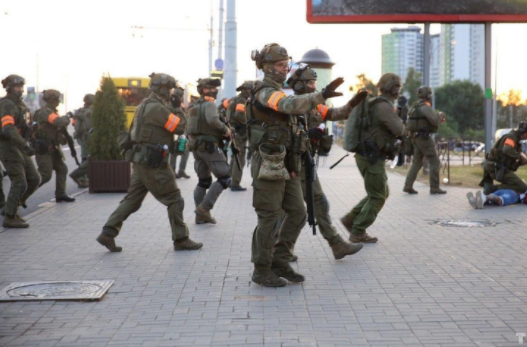 The opposition in Belarus promised a 'hot spring' with new mass protests against Lukashenko. But active repression in the last months precluded that and from 25 till 27 March there were no demonstrations to be seen. It is a failure for the opposition and a seemlingly victory for the regime, but the deep distrust has not disappeared and some day the anger of the people will erupt again.by Kamyl Klisinski
The opposition in Belarus promised a 'hot spring' with new mass protests against Lukashenko. But active repression in the last months precluded that and from 25 till 27 March there were no demonstrations to be seen. It is a failure for the opposition and a seemlingly victory for the regime, but the deep distrust has not disappeared and some day the anger of the people will erupt again.by Kamyl Klisinski -
Can Russia's craving for digital sovereignty succeed?
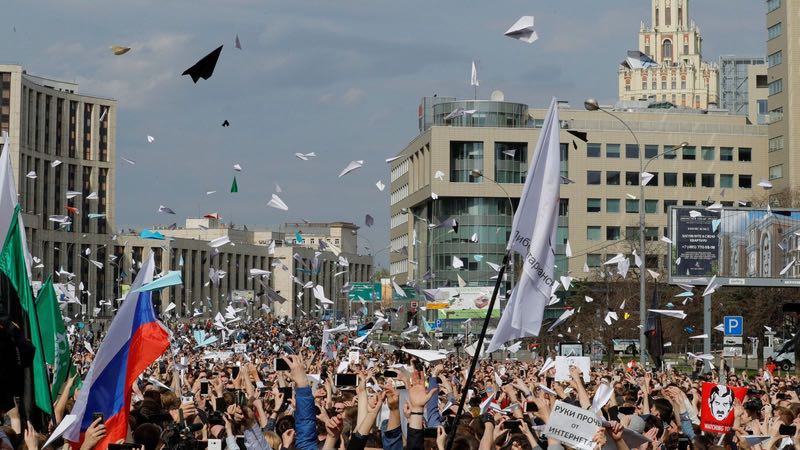 YouTube, twitter, Facebook: international social media are an important source of information in Russia. But state watchdog Roskomnadzor is tightening the screws and the Duma adopts laws that will curb foreign internet providers. Russia strives for a 'sovereign internet' to eliminate foreign influence and control opposition. Roskomnadzor's slowing down of twitter was a mess, but can Russia in the future technically isolate its population from the world?by Alena Epifanova
YouTube, twitter, Facebook: international social media are an important source of information in Russia. But state watchdog Roskomnadzor is tightening the screws and the Duma adopts laws that will curb foreign internet providers. Russia strives for a 'sovereign internet' to eliminate foreign influence and control opposition. Roskomnadzor's slowing down of twitter was a mess, but can Russia in the future technically isolate its population from the world?by Alena Epifanova -
Biden called Putin a killer. Will that change anything?
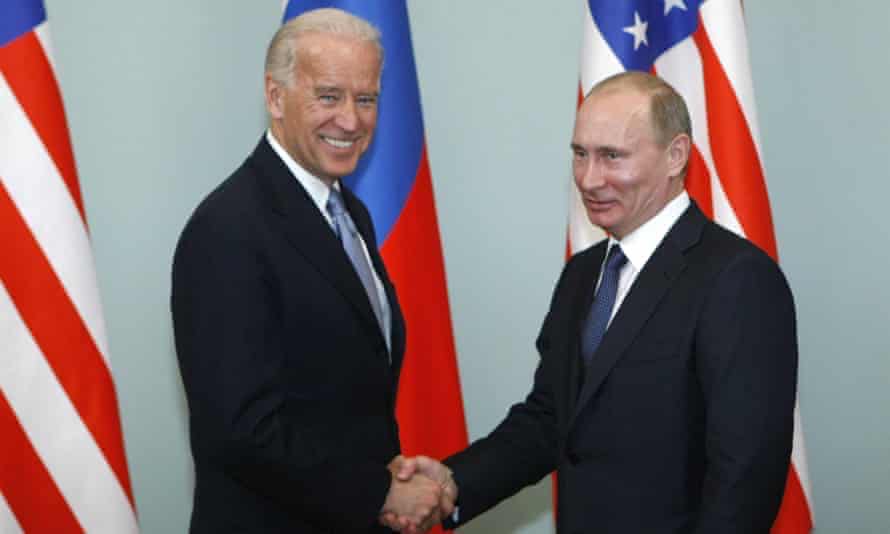 In an interview president Biden affirmed that he considered Putin 'a killer'. Russian pundits reacted ferociously, but Putin rather made fun of him. Biden punished Putin for trying to damage his reputation by smearing his Ukrainian connections. What is worse, though, is that the Kremlin will use the quote against what's left of political opposition at home.by Vladimir Frolov
In an interview president Biden affirmed that he considered Putin 'a killer'. Russian pundits reacted ferociously, but Putin rather made fun of him. Biden punished Putin for trying to damage his reputation by smearing his Ukrainian connections. What is worse, though, is that the Kremlin will use the quote against what's left of political opposition at home.by Vladimir Frolov -
Korolev’s coronation and the rise of the ruthless in the FSB
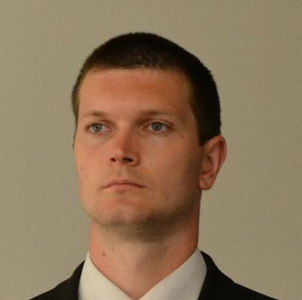 Colonel General Sergei Korolev, appointed as the new First Deputy Director of the Federal Security Service (FSB), is connected with organised crime in Russia. This was probably a deciding factor in finally elevating him.by Mark Galeotti
Colonel General Sergei Korolev, appointed as the new First Deputy Director of the Federal Security Service (FSB), is connected with organised crime in Russia. This was probably a deciding factor in finally elevating him.by Mark Galeotti -
Film shows Lukashenko's luxurious life: cars, castles, planes and watches
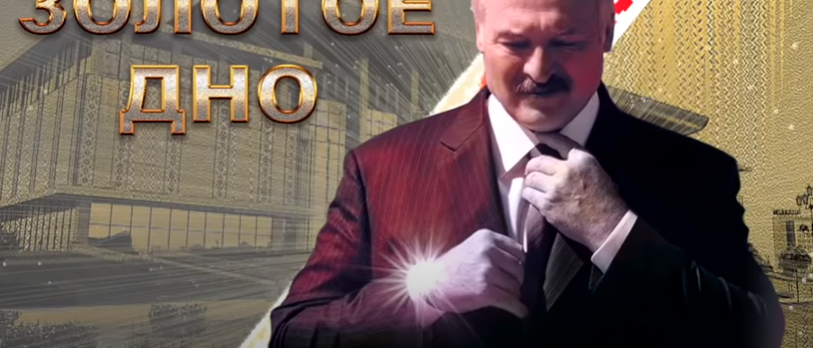 The Polish-based Belarusian opposition news outlet Nexta on March 8 has published an investigative film about Alexander Lukashenko's luxurious life, reminiscent of Alexei Navalny's YouTube film Putin's Castle. Within a week the film (Lukashenko, Goldmine) was watched by 5,5 million viewers. Lukashenko dismissed it as rubbish and cheap photoshopping. 'I didnot steal anything from my state.'
The Polish-based Belarusian opposition news outlet Nexta on March 8 has published an investigative film about Alexander Lukashenko's luxurious life, reminiscent of Alexei Navalny's YouTube film Putin's Castle. Within a week the film (Lukashenko, Goldmine) was watched by 5,5 million viewers. Lukashenko dismissed it as rubbish and cheap photoshopping. 'I didnot steal anything from my state.' -
In the wake of possible new protests Belarusian courts harshly punish
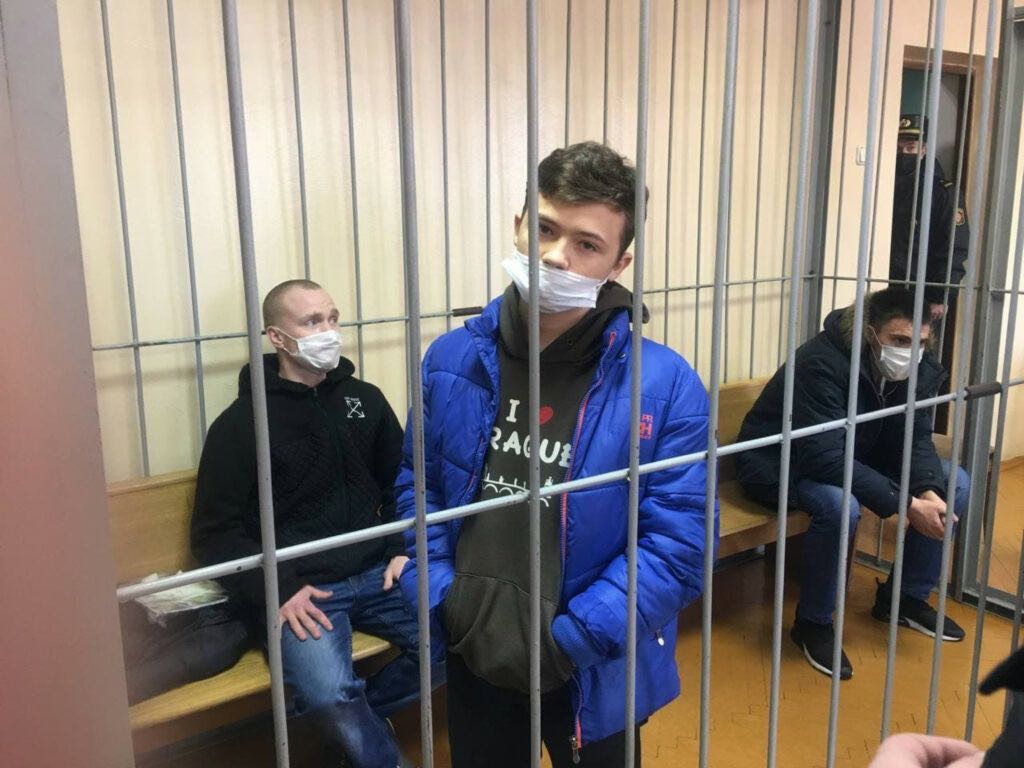 The Belarusian opposition wants to restart mass protests late March, but will people go back to the streets? Last month saw a heavy crackdown with outrageous verdicts for demonstrators and journalists in courts. The number of political prisoners since last summer has risen to 270, and only in February 102 people were convicted of 'political crimes' under the Lukashenko regime.by Adam Tarasewicz
The Belarusian opposition wants to restart mass protests late March, but will people go back to the streets? Last month saw a heavy crackdown with outrageous verdicts for demonstrators and journalists in courts. The number of political prisoners since last summer has risen to 270, and only in February 102 people were convicted of 'political crimes' under the Lukashenko regime.by Adam Tarasewicz -
Viktor Babariko from jail: The only easy path is the path to slavery
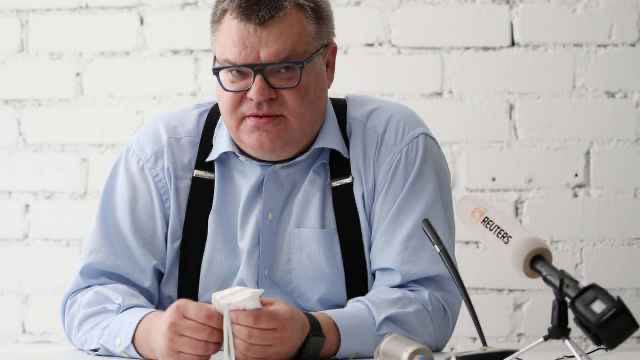 Viktor Babariko, ex-candidate for president of Belarus and former top manager of Belgazprombank, has been behind bars for almost 8 months. On the eve of his trial, that started on 17 February, Deutsche Welle was able to obtain written answers from prison to questions on the future of Belarus, his presidential ambitions and his meeting with Lukashenko in the KGB jail.by Bogdana Alexandrovskaya
Viktor Babariko, ex-candidate for president of Belarus and former top manager of Belgazprombank, has been behind bars for almost 8 months. On the eve of his trial, that started on 17 February, Deutsche Welle was able to obtain written answers from prison to questions on the future of Belarus, his presidential ambitions and his meeting with Lukashenko in the KGB jail.by Bogdana Alexandrovskaya -
Battle for resurrection of chekist 'Iron Felix' in Moscow cancelled as 'too divisive'
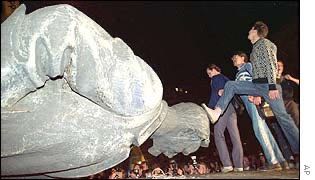 Nationalists started a campaign to resurrect Iron Felix, the notorious chekis on Lubyanka Square in Moscowt. A referendum was organised, only to be unplugged by the mayor after two days, as it proved 'too divisive'. Or maybe not distracting enough from the headlines on Navalny?by Adam Tarasewicz
Nationalists started a campaign to resurrect Iron Felix, the notorious chekis on Lubyanka Square in Moscowt. A referendum was organised, only to be unplugged by the mayor after two days, as it proved 'too divisive'. Or maybe not distracting enough from the headlines on Navalny?by Adam Tarasewicz -
How Amnesty International failed Alexei Navalny
Amnesty International stripped Alexei Navalny from his status as prisoner of conscience. After the organisation was bombarded with complaints it reviewed his statements, made some 13 years ago and concluded that they amounted to hate speech. Journalist Yevgenia Albats, who has known Navalny since the early 2000s, is stunned that Amnesty let itself being used for a typical smear campaign by Russia.by Yevgenia Albats -
Lukashenko postpones constitutional reforms, Kremlin puzzled
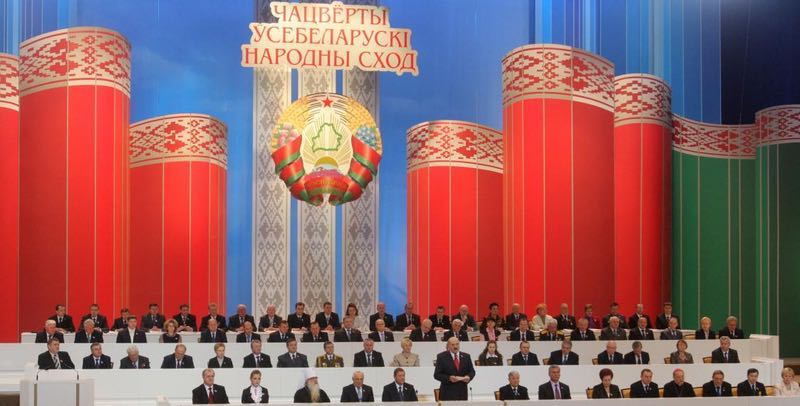 On February 11 and 12 Alexander Lukashenko gathered his loyal Belarusian People's Congress to discuss constitutional reforms. The Kremlin didn't find an alternative leader and Russia loses popularity in Belarus.by Artyom Shraibman
On February 11 and 12 Alexander Lukashenko gathered his loyal Belarusian People's Congress to discuss constitutional reforms. The Kremlin didn't find an alternative leader and Russia loses popularity in Belarus.by Artyom Shraibman -
Team Navalny needs strategy for the ‘phoney war’
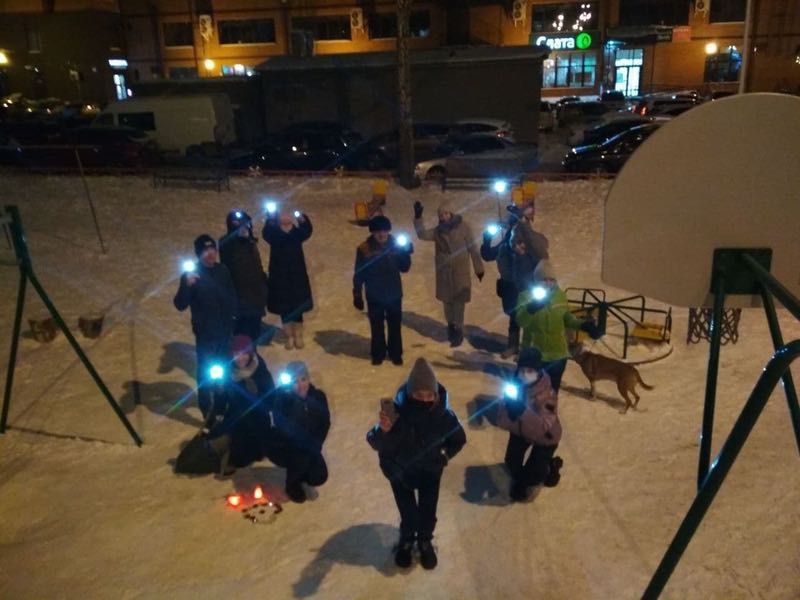 With Alexei Navalny in prison and his wife Yulia and some prominent activists abroad, how has the opposition movement to regroup and find a new strategy?by Mark Galeotti
With Alexei Navalny in prison and his wife Yulia and some prominent activists abroad, how has the opposition movement to regroup and find a new strategy?by Mark Galeotti -
The return of the hero
Alexei Navalny is a 'classic hero', who seeks and finds the meaning of life. In fairy tales and mythology there are lots of examples of this specimen, that goes through ordeals to attain its goal. From Odysseus to Frau Holle, the scheme is identical. However, the often made comparison between Navalny and another emigré who returned to Russia, Vladimir Ilyich Lenin, is false.by Roel van Duijn -
Arrests and intimidation stopped protests
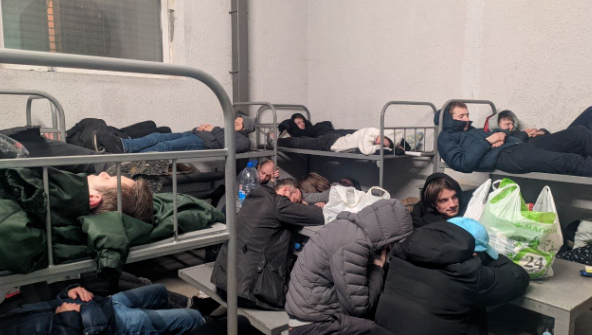 Since Alexei Navalny’s arrest upon returning to Russia on the 17th of January, supporters of the opposition leader have made their voices heard in cities around the country. Over 11,000 people were detained as a result of three days of protesting, Russia’s detention centres are fully occupied.by Adam Tarasewicz
Since Alexei Navalny’s arrest upon returning to Russia on the 17th of January, supporters of the opposition leader have made their voices heard in cities around the country. Over 11,000 people were detained as a result of three days of protesting, Russia’s detention centres are fully occupied.by Adam Tarasewicz -
The EU humiliated itself in Moscow
Josep Borrell's visit to Moscow Friday, February 5, was a painful embarrassement. Borrell only confirmed the Kremlin's idea that the EU is not to be taken seriously.by Mark Galeotti -
Navalny: 'I mortally offended Putin by surviving'
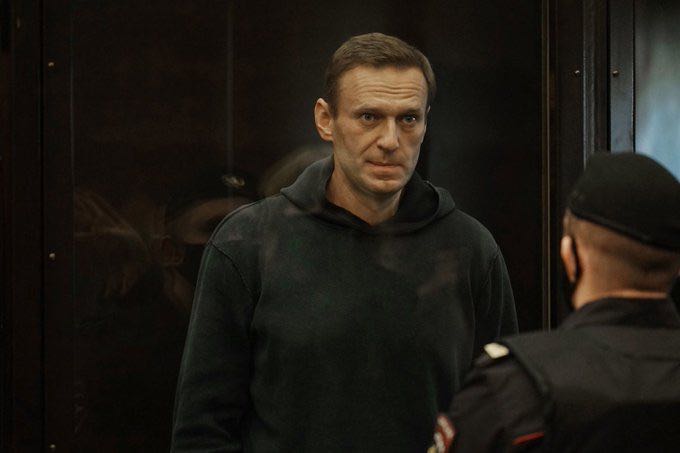 A Moscow court has sentenced oppostitionleader Alexei Navalny to 2 years and 8 months for violating the conditions of a suspended sentence in 2014. The sentence has been converted into a jail term. The year that he served under house arrest was deducted. In a fiery speech Navalny held president Putin personally responsible for his fate and called him ‘Vladimir the poisoner’. The translation of his last word was made by the newssite Meduza.by Alexei Navalny
A Moscow court has sentenced oppostitionleader Alexei Navalny to 2 years and 8 months for violating the conditions of a suspended sentence in 2014. The sentence has been converted into a jail term. The year that he served under house arrest was deducted. In a fiery speech Navalny held president Putin personally responsible for his fate and called him ‘Vladimir the poisoner’. The translation of his last word was made by the newssite Meduza.by Alexei Navalny -
The internet generation is a challenge for the Kremlin
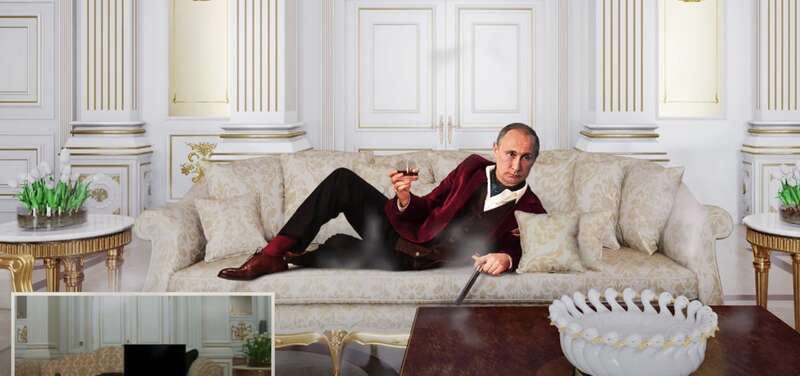 There are no new polls about the public opinion of Navalny and the protests yet, but the situation appears to have changed drastically. The internet generation is becoming fed up with grotesquely spending authorities and their use of excessive force against peaceful protestersby Andrei Kolesnikov
There are no new polls about the public opinion of Navalny and the protests yet, but the situation appears to have changed drastically. The internet generation is becoming fed up with grotesquely spending authorities and their use of excessive force against peaceful protestersby Andrei Kolesnikov -
Russia follows traditional imperial and Soviet patterns
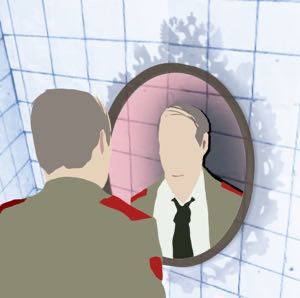 Russian analysts see a changing attitude in the Kremlin’s reactions to crises in Belarus, Nagorno-Karabakh and Kyrgyzstan. In their view the Kremlin is becoming more pragmatic. German Russia expert Hannes Adomeit disagrees and argues that Russia just follows traditional imperial Russian (and Soviet) patterns of behaviour.by Hannes Adomeit
Russian analysts see a changing attitude in the Kremlin’s reactions to crises in Belarus, Nagorno-Karabakh and Kyrgyzstan. In their view the Kremlin is becoming more pragmatic. German Russia expert Hannes Adomeit disagrees and argues that Russia just follows traditional imperial Russian (and Soviet) patterns of behaviour.by Hannes Adomeit -
Russia’s unsustainable business model: going all in on oil and gas
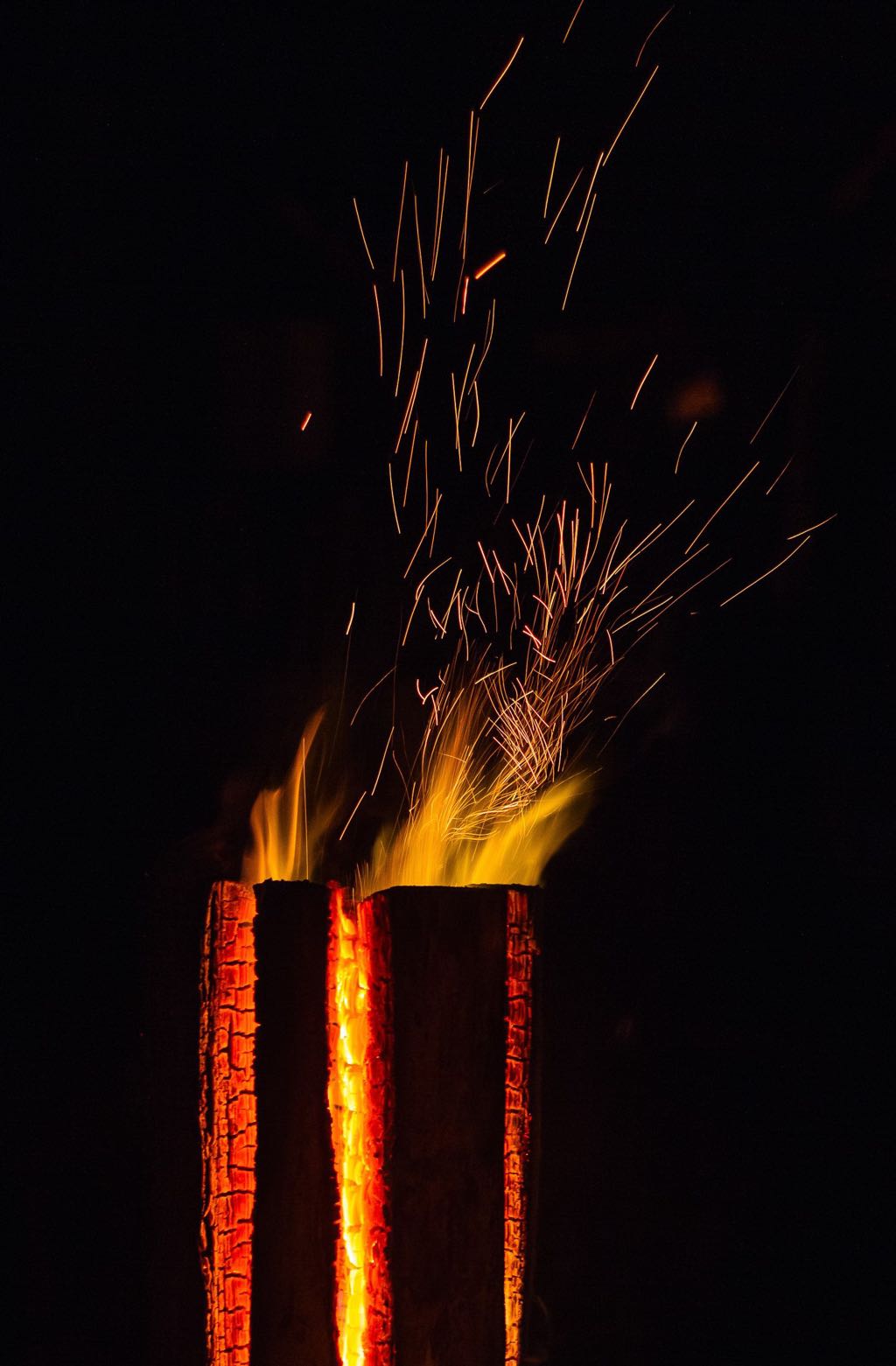 The challenge to maintain Russia’s oil production at its current high level is becoming greater. How does the Russian oil and gas industry, and the Putin regime, deal with these challenges and what are its prospects?by Jilles van den Beukel and Lucia van Geuns
The challenge to maintain Russia’s oil production at its current high level is becoming greater. How does the Russian oil and gas industry, and the Putin regime, deal with these challenges and what are its prospects?by Jilles van den Beukel and Lucia van Geuns -
Russia is getting used to being just Russia, without imperium
Simultaneous crises in Belarus, Nagorno-Karabakh, and Kyrgyzstan have demonstrated Russia’s maturing approach to its neighborhood. Russia is learning to mind its limitations and stay focused on its own interests, leaving the empire farther and farther behind.by Dmitri Trenin -
Balts and Russians must change their old school political relationship
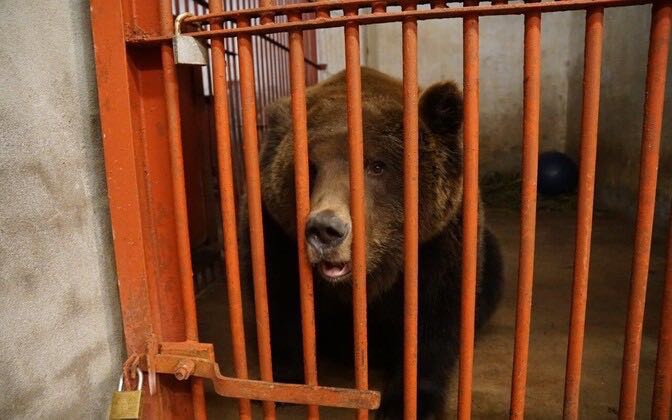 For the Baltic states and for Russia it's time to stop fighting yesterday's battles, and look with clear eyes at the world as it is and at each other.Today’s challenge for the Baltic states is to transform their moralist position into a policy that could work.by Kadri Liik
For the Baltic states and for Russia it's time to stop fighting yesterday's battles, and look with clear eyes at the world as it is and at each other.Today’s challenge for the Baltic states is to transform their moralist position into a policy that could work.by Kadri Liik -
Belarusian KGB’s murderous intention revealed
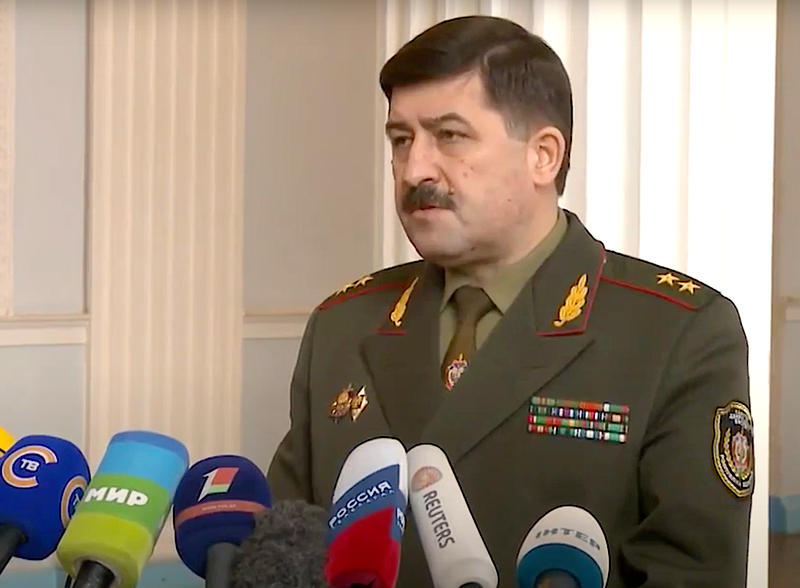 After the disclosure of the assassination plot against Navalny by the FSB, new leaks this time point to the Belarusian KGB, planning the murder of political opponents of Lukashenko. It sheds new light on the killing of the Belarusian journalist Pavel Sheremet, who died in a car bomb in Kyiv in 2016. Our columnist Mark Galeotti on the Belarusian KGB's lack of tradecraft and the complicated relationship between the secret services of Russia, Belarus and Ukraine.by Mark Galeotti
After the disclosure of the assassination plot against Navalny by the FSB, new leaks this time point to the Belarusian KGB, planning the murder of political opponents of Lukashenko. It sheds new light on the killing of the Belarusian journalist Pavel Sheremet, who died in a car bomb in Kyiv in 2016. Our columnist Mark Galeotti on the Belarusian KGB's lack of tradecraft and the complicated relationship between the secret services of Russia, Belarus and Ukraine.by Mark Galeotti -
The Russian economy remains hostage of the siloviki
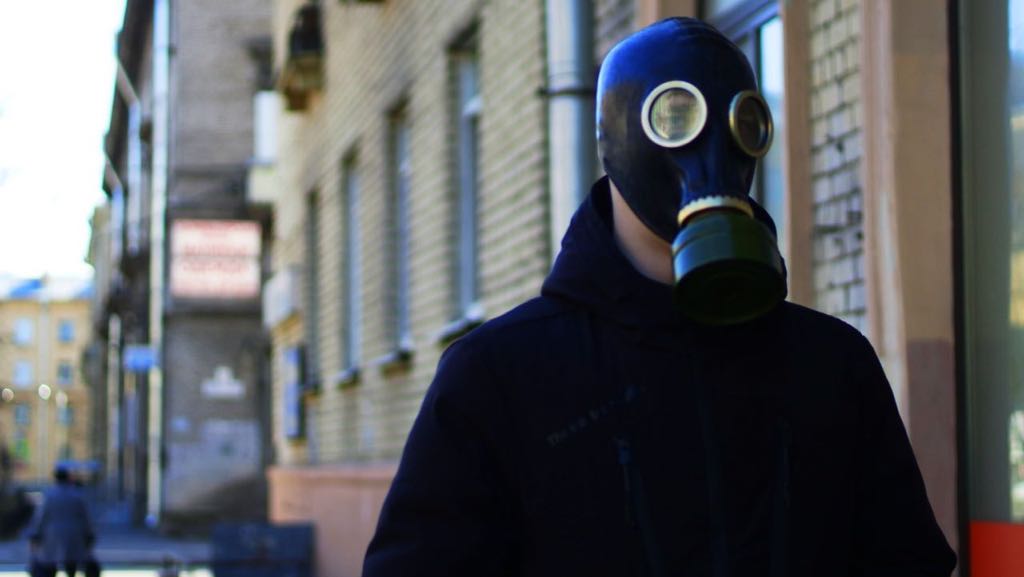 In 2020 the Russian economy on the whole performed better than expected. But the middle class was badly hit by covid-19 and the most vital reforms, long overdue, again failed to materialize. Economic editor Ivan Tkachev of newsagency RBK analyses the bleak prospects for recovery in 2021. According to the government Russians’ real disposable income this year will drop by 3%, whereas independent economists predict a decline of 4–5%.by Ivan Tkachev
In 2020 the Russian economy on the whole performed better than expected. But the middle class was badly hit by covid-19 and the most vital reforms, long overdue, again failed to materialize. Economic editor Ivan Tkachev of newsagency RBK analyses the bleak prospects for recovery in 2021. According to the government Russians’ real disposable income this year will drop by 3%, whereas independent economists predict a decline of 4–5%.by Ivan Tkachev -
How professional is the FSB: 10 burning questions
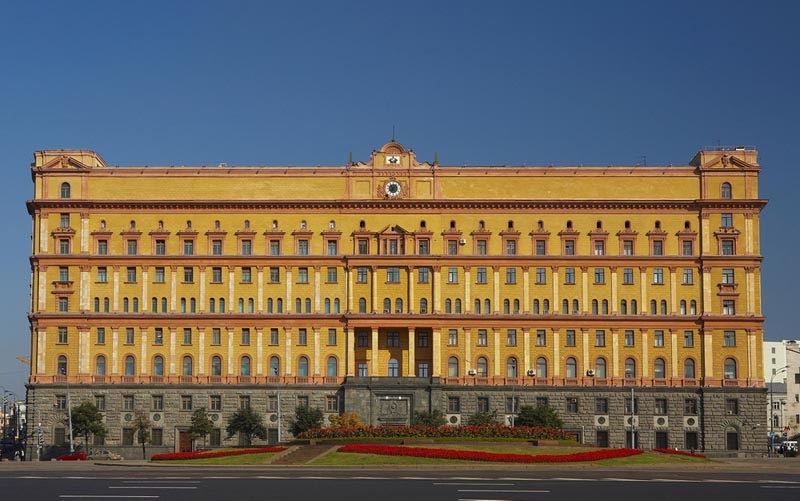 Over the past two months several agents of the Russian Federal Security Service, who tracked and possibly tried to murder Alexey Navalny, are identified because of some basic errors inside the FSB. Is the main intelligence agency really so amateurish?by Andrei Soldatov
Over the past two months several agents of the Russian Federal Security Service, who tracked and possibly tried to murder Alexey Navalny, are identified because of some basic errors inside the FSB. Is the main intelligence agency really so amateurish?by Andrei Soldatov -
Putin, unlimited? Challenges to Russia’s regime
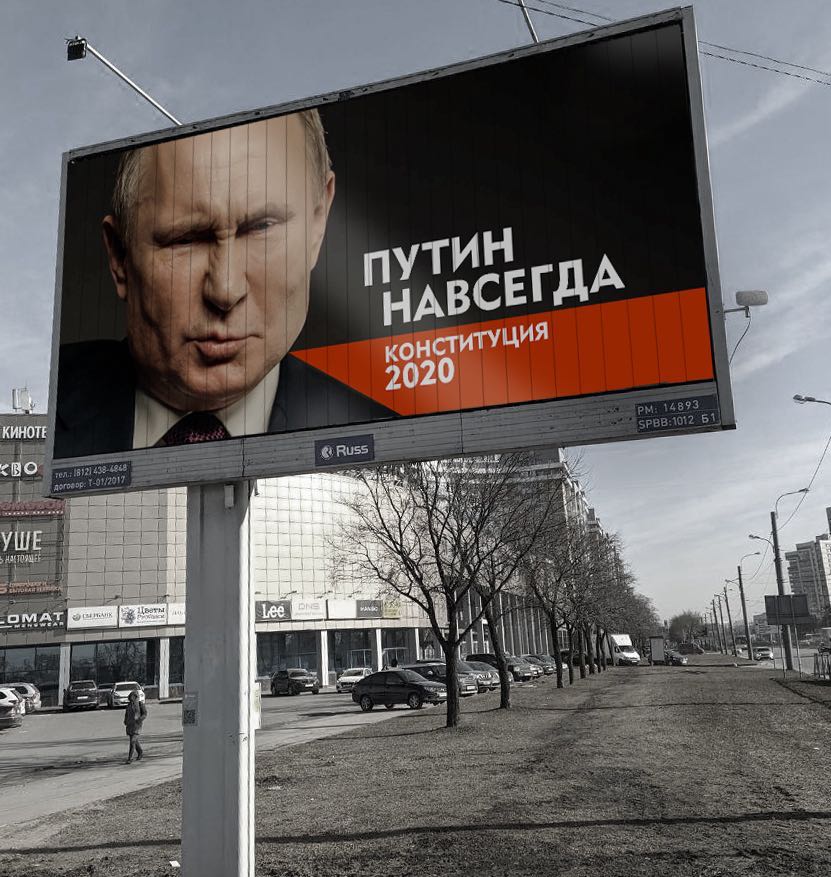 Faced with a pandemic, growing inequality, and widespread dissatisfaction, the Kremlin has launched a series of measures aimed at consolidating Russia’s authoritarian political system. Will they work?by Andrei Kolesnikov and Denis Volkov
Faced with a pandemic, growing inequality, and widespread dissatisfaction, the Kremlin has launched a series of measures aimed at consolidating Russia’s authoritarian political system. Will they work?by Andrei Kolesnikov and Denis Volkov -
Arctic indigenous peoples sound the alarm on climate change
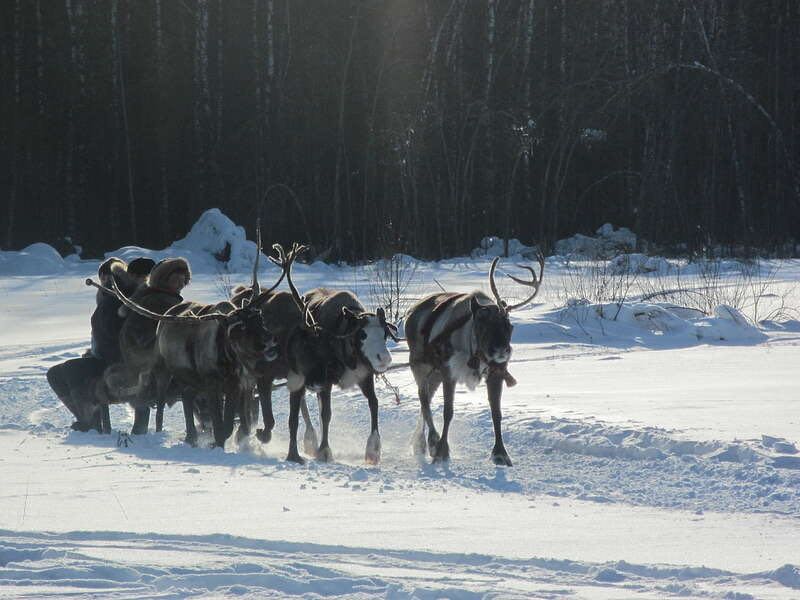 Climate change, increased industrialization and mineral exploitation pose an existential threat. As of 2021 Russia will be chairman of the intergovernmental Arctic Council and is likely going to promote its new Arctic Strategy in the global arena. But critics fear that protection of the Arctic environment is not yet a top priority for Russia.by Michael Scollon
Climate change, increased industrialization and mineral exploitation pose an existential threat. As of 2021 Russia will be chairman of the intergovernmental Arctic Council and is likely going to promote its new Arctic Strategy in the global arena. But critics fear that protection of the Arctic environment is not yet a top priority for Russia.by Michael Scollon -
Security forces are Lukashenko’s strong right arm – and Achilles’ heel
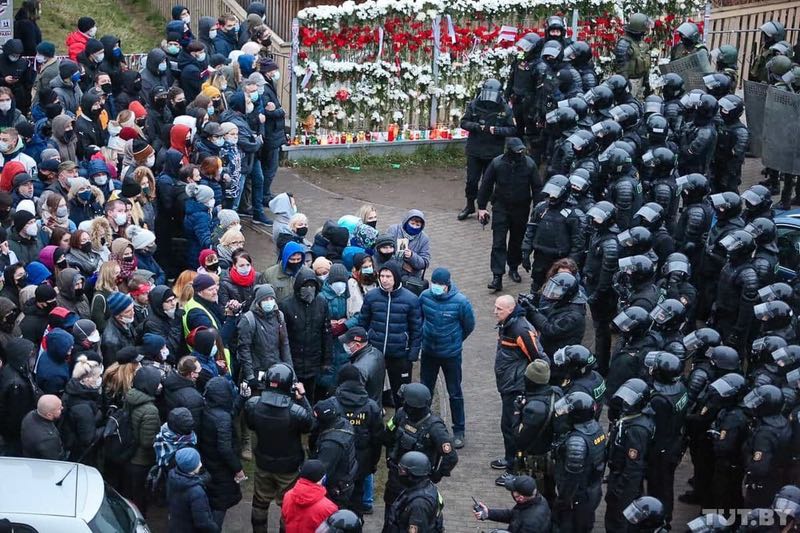 So far the Belorusian security forces have been the loyal and brutal guarantee for the survival of president Lukashenko. The opposition is trying to undermine this loyalty by offering police officers who resign moral and financial support. With some succes. But many of them realise that they already have gone too far and have to continue.by Mark Galeotti
So far the Belorusian security forces have been the loyal and brutal guarantee for the survival of president Lukashenko. The opposition is trying to undermine this loyalty by offering police officers who resign moral and financial support. With some succes. But many of them realise that they already have gone too far and have to continue.by Mark Galeotti -
How to read Russia? Lessons from an insider
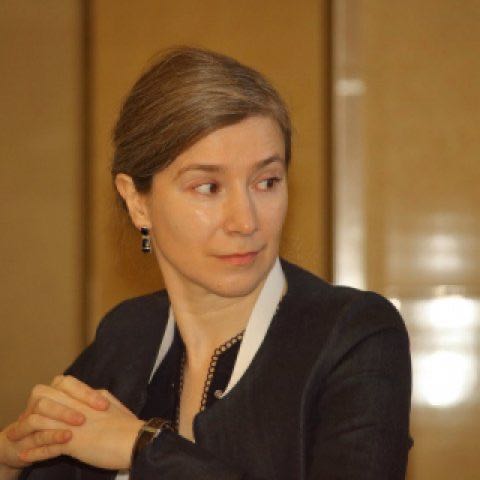 How to read Russia? Do we understand how the country is governed? Is Putin still the guarantee for stability? Will a young generation change and modernize Russia? How do Russians look at Europe and how do they look at the US? A livestream interview with the prominent political scientist Yekaterina Schulmann in Moscow. Go to the article and listen to the podcast.
How to read Russia? Do we understand how the country is governed? Is Putin still the guarantee for stability? Will a young generation change and modernize Russia? How do Russians look at Europe and how do they look at the US? A livestream interview with the prominent political scientist Yekaterina Schulmann in Moscow. Go to the article and listen to the podcast. -
After the war in Karabakh: chaos and secrecy about missing soldiers
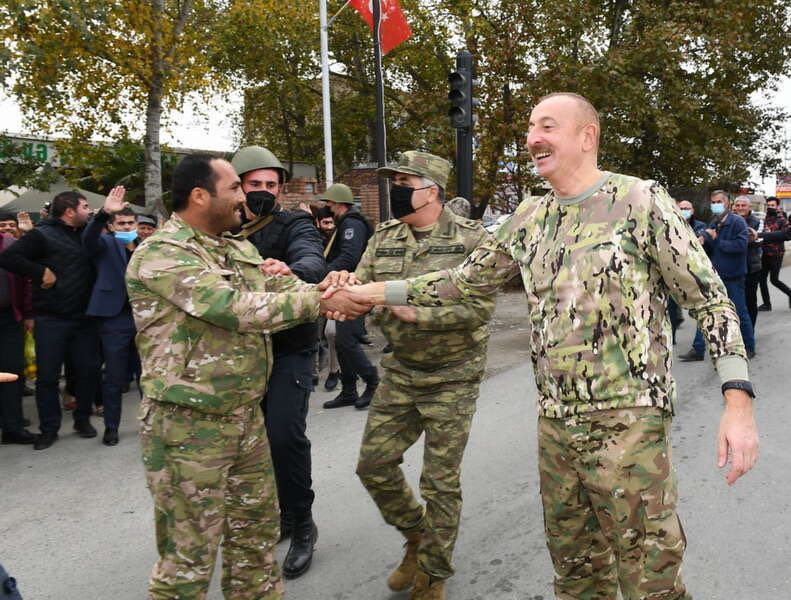 Probably thousands of Azerbaijani and Armenians were killed during the six weeks that the battle for Nagorno-Karabakh lasted. President Putin spoke of 5.000 casualties. Officials in Armenia have reported 2.400 dead and hundreds of missing persons. The victorious Azerbaijani government, however, remains silent, while the anguished families are scrambling for news about their missing loved ones. But no one outside the halls of power knows for sure what happened to them.by Andy Heil
Probably thousands of Azerbaijani and Armenians were killed during the six weeks that the battle for Nagorno-Karabakh lasted. President Putin spoke of 5.000 casualties. Officials in Armenia have reported 2.400 dead and hundreds of missing persons. The victorious Azerbaijani government, however, remains silent, while the anguished families are scrambling for news about their missing loved ones. But no one outside the halls of power knows for sure what happened to them.by Andy Heil -
Under Biden there will be no 'reset' with Russia
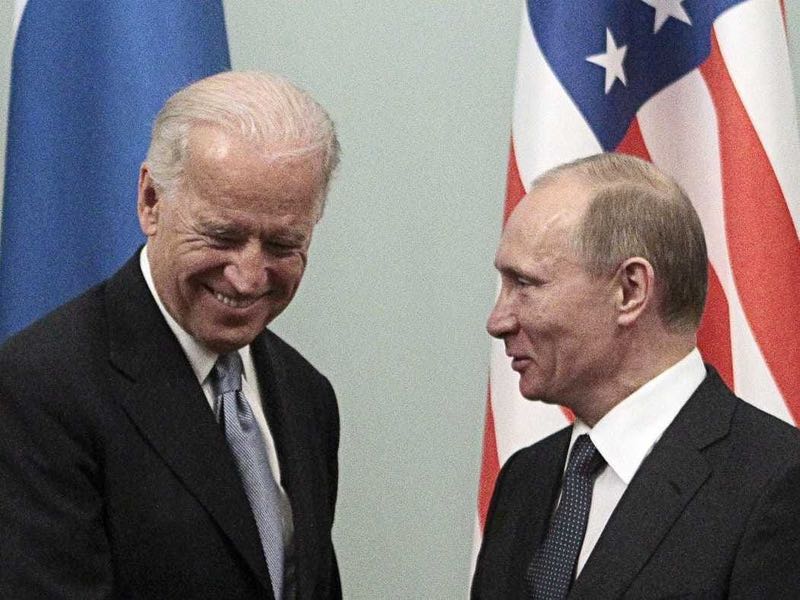 In an Open Letter American experts have urged a new start in the US-Russian relations and advocated a ‘soft’ approach, but political analyst Hannes Adomeit almost excludes that Biden will follow their advice. .by Hannes Adomeit
In an Open Letter American experts have urged a new start in the US-Russian relations and advocated a ‘soft’ approach, but political analyst Hannes Adomeit almost excludes that Biden will follow their advice. .by Hannes Adomeit -
First woman wins elections in Moldova, but the battle is far from over
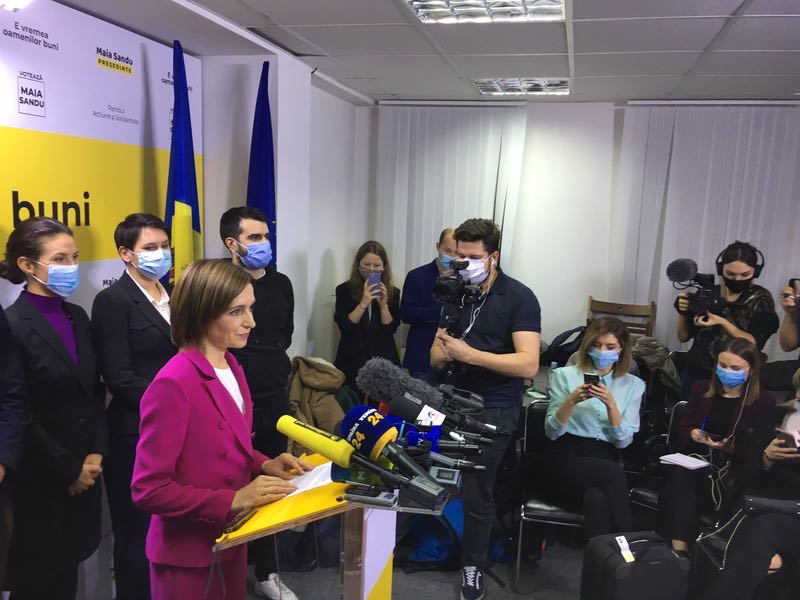 On November 15 the young reformer Maia Sandu convincingly won the presidential elections in Moldova. By defeating the Moscow-oriented Igor Dodon she became the country's first female president. Putin congratulated her, but Dodon tellingly immediately left for Moscow. It is the start of an uphill fight.by Stanislav Secrieru
On November 15 the young reformer Maia Sandu convincingly won the presidential elections in Moldova. By defeating the Moscow-oriented Igor Dodon she became the country's first female president. Putin congratulated her, but Dodon tellingly immediately left for Moscow. It is the start of an uphill fight.by Stanislav Secrieru -
Can Zelensky still push back the anti-reform forces he allowed to rebuild?
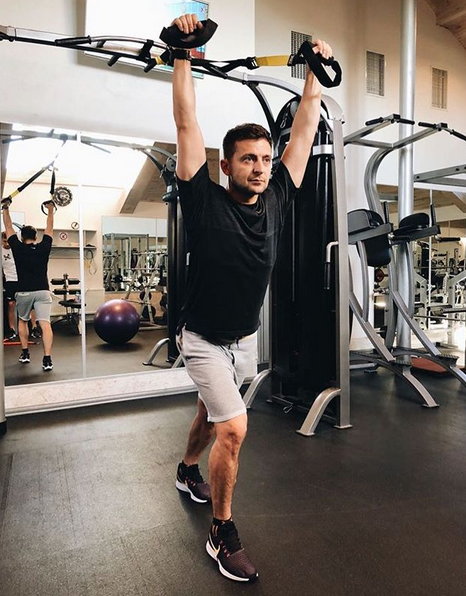 Ukraine's president Zelensky faces a legal and constitutional crisis engineered by anti-reform forces in the country. He has belatedly promised to fight back, to try and save what is left of his presidency. But his options are limited.by Andrew Wilson
Ukraine's president Zelensky faces a legal and constitutional crisis engineered by anti-reform forces in the country. He has belatedly promised to fight back, to try and save what is left of his presidency. But his options are limited.by Andrew Wilson -
Karabakh-ceasefire: benefits for Baku and Ankara, burden for Moscow
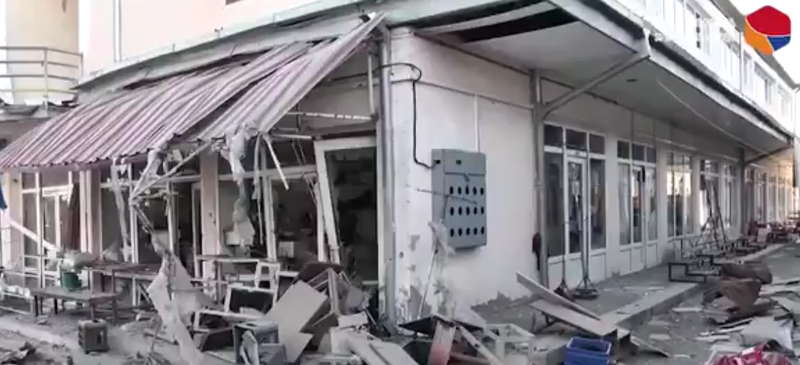 In the peace plan of nine points for Nagorno-Karabakh, Azerbaijan is the clear winner, while Turkey also benefits. Moscow claims a diplomatic succes, but will have to deal with a very difficult implementation and no solution for the conflict in sight. Russia may need wider international support to make it work.by Thomas de Waal
In the peace plan of nine points for Nagorno-Karabakh, Azerbaijan is the clear winner, while Turkey also benefits. Moscow claims a diplomatic succes, but will have to deal with a very difficult implementation and no solution for the conflict in sight. Russia may need wider international support to make it work.by Thomas de Waal -
Nagorno-Karabakh: Armenia’s surrender, Russia’s success
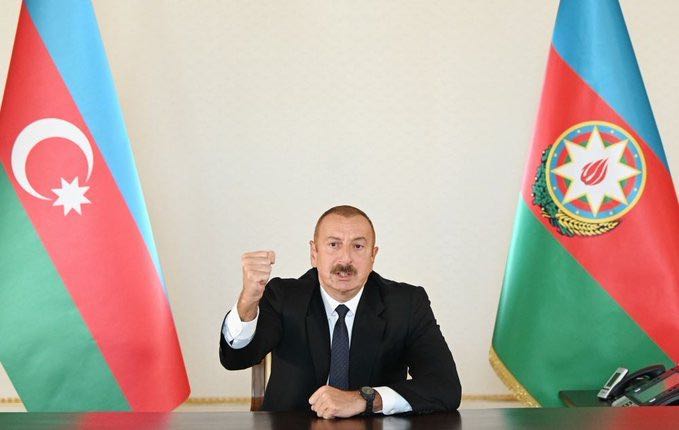 Russia, Azerbaijan and Armenia brokered a cease-fire on Karabakh before the Azeri managed to recapture the Armenian enclave of Karabakh.It is a win for Russia: the West is out and Turkey officially didn't sign the armistice. However, Turkish troups can be invited to Azerbaijan any time.by Wojciech Górecki
Russia, Azerbaijan and Armenia brokered a cease-fire on Karabakh before the Azeri managed to recapture the Armenian enclave of Karabakh.It is a win for Russia: the West is out and Turkey officially didn't sign the armistice. However, Turkish troups can be invited to Azerbaijan any time.by Wojciech Górecki -
Kremlin's pitfalls with muslims and Kadyrov
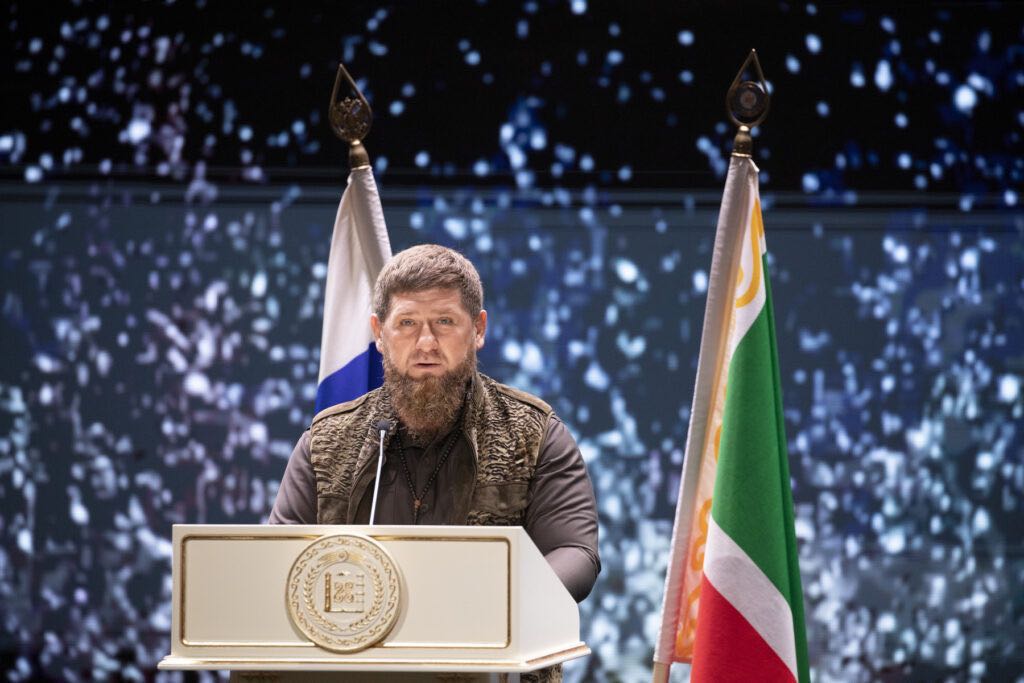 Chechen leader Ramzan Kadyrov vehemently attacked the French president Macron for his response to the latest Muslim attack in Nice. To the embarrassment of the Kremlin. Russia faces four problems in its handling the Muslim population, explains our columnist Mark Galeotti: heavy-handed policing, the prevalence of Central Asian migrants, coronavirus. And Kadyrov.by Mark Galeotti
Chechen leader Ramzan Kadyrov vehemently attacked the French president Macron for his response to the latest Muslim attack in Nice. To the embarrassment of the Kremlin. Russia faces four problems in its handling the Muslim population, explains our columnist Mark Galeotti: heavy-handed policing, the prevalence of Central Asian migrants, coronavirus. And Kadyrov.by Mark Galeotti -
How Russia is winning at its own game
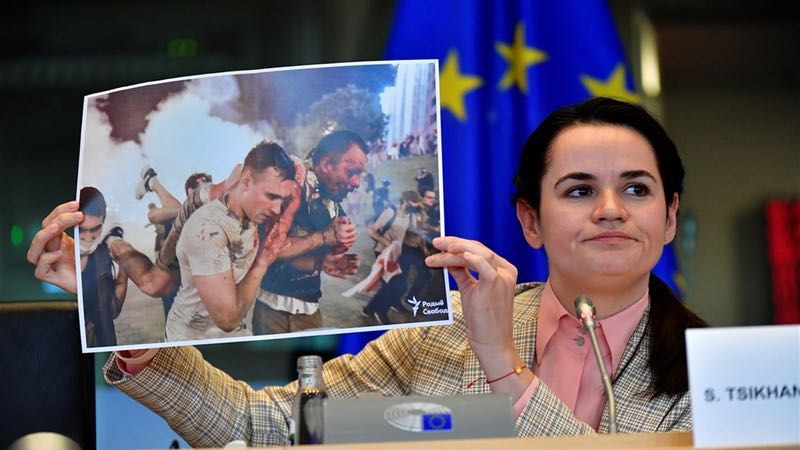 Russia witnesses worrying developments in what it sees as its 'Near Abroad' or sphere of influence, like the Caucasus and Belarus. But war and revolution are not inimical to Moscow if they follow paths Russian policymakers understand and even support.by Kadri Liik
Russia witnesses worrying developments in what it sees as its 'Near Abroad' or sphere of influence, like the Caucasus and Belarus. But war and revolution are not inimical to Moscow if they follow paths Russian policymakers understand and even support.by Kadri Liik -
'Trump has done nothing good for Russia'
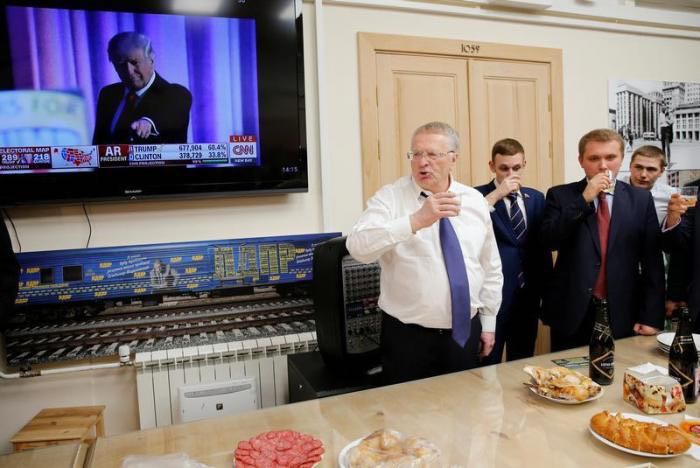 Donald Trump's victory in 2016 was a pleasant surprise for the Kremlin and raised hope for a reset of the relations with the U.S. Instead, the confrontation didn't abate and time and again the U.S. Congress imposed new sanctions against Russia. On the eve of the American polls, most Russians are indifferent as to who will be elected, while the Kremlin doesn't expect a significant change whoever will be the next president.by Matthew Luxmoore
Donald Trump's victory in 2016 was a pleasant surprise for the Kremlin and raised hope for a reset of the relations with the U.S. Instead, the confrontation didn't abate and time and again the U.S. Congress imposed new sanctions against Russia. On the eve of the American polls, most Russians are indifferent as to who will be elected, while the Kremlin doesn't expect a significant change whoever will be the next president.by Matthew Luxmoore -
The real fight for democracy starts when the dictators are gone
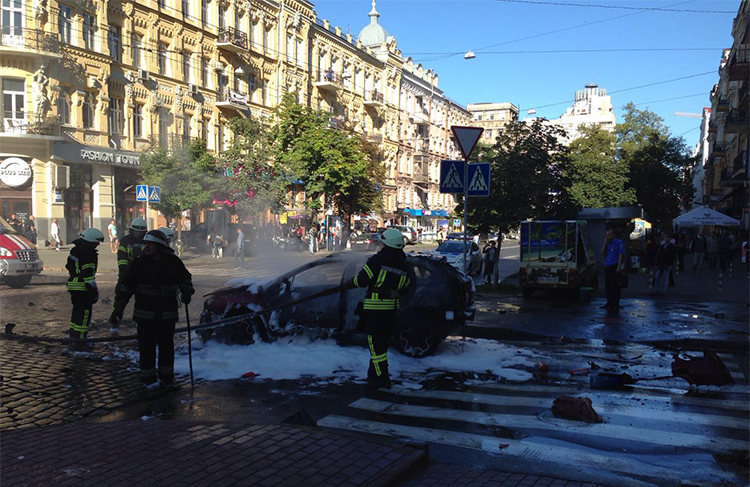 Three times Russian journalist Ekaterina Sergatskova had to flee: first from Russia, then from Crimea and now from Ukraine. Her last flight was caused by threats after she published a story about the links between Ukrainian neo-nazi's and the wellknown post-Maidan fact-checker StopFake. In this columnshe warns the West that overcoming dictatorship doesn't automatically mean that democracy will blossom.by Ekaterina Sergatskova
Three times Russian journalist Ekaterina Sergatskova had to flee: first from Russia, then from Crimea and now from Ukraine. Her last flight was caused by threats after she published a story about the links between Ukrainian neo-nazi's and the wellknown post-Maidan fact-checker StopFake. In this columnshe warns the West that overcoming dictatorship doesn't automatically mean that democracy will blossom.by Ekaterina Sergatskova -
Ultimatum by Belarusian opposition can backfire
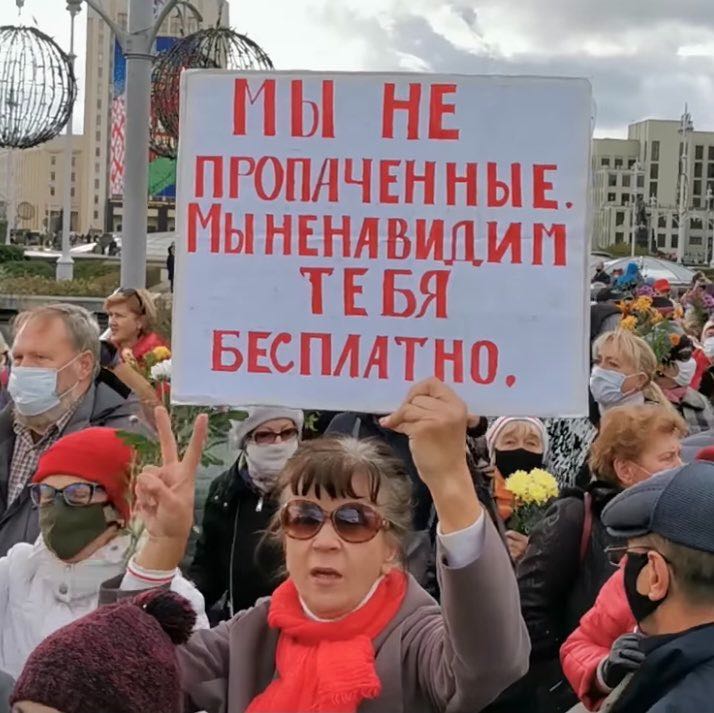 The perseverance of the Belarusian demonstrators has been amazing - for more than 2 months now every week a hundred thousand or more marched in Minsk - but there are signs that the energy is diminishing. Partly this is due to weather conditions, partly to growing threats of the use of violence by the authorities. In this respect the ultimatum of Lukashenka's presidential opponent Sviatlana Tsikhanouskaya is a risky step.by Kamil Kłysiński
The perseverance of the Belarusian demonstrators has been amazing - for more than 2 months now every week a hundred thousand or more marched in Minsk - but there are signs that the energy is diminishing. Partly this is due to weather conditions, partly to growing threats of the use of violence by the authorities. In this respect the ultimatum of Lukashenka's presidential opponent Sviatlana Tsikhanouskaya is a risky step.by Kamil Kłysiński -
With belligerent Ankara, Russia’s global ambitions hit a regional snag
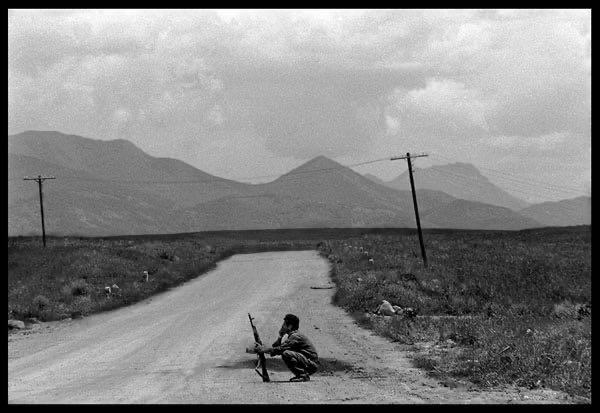 As the international global order is unraveling, Russia is facing a belligerent Turkey in the deadly Nagorno-Karabakh escalation.by Jaba Devdariani
As the international global order is unraveling, Russia is facing a belligerent Turkey in the deadly Nagorno-Karabakh escalation.by Jaba Devdariani -
The return of the Berlin patient
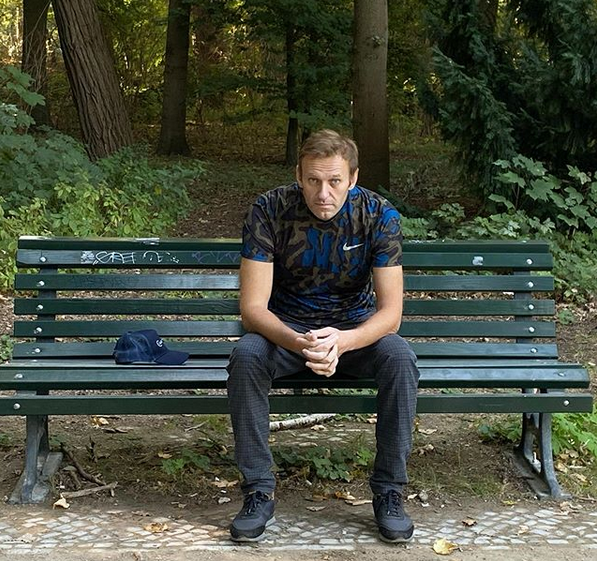 The attempts to silence oppositon leader Alexei Navalny have failed.The Kremlin always portrayed him as a minor nuisance, a simple blogger. His poisoning revealed, however, exactly whom the Kremlin considered the main figure opposing Russian authoritarianism. Navalny will emerge from this dramatic incident an even stronger figureby Andrei Kolesnikov
The attempts to silence oppositon leader Alexei Navalny have failed.The Kremlin always portrayed him as a minor nuisance, a simple blogger. His poisoning revealed, however, exactly whom the Kremlin considered the main figure opposing Russian authoritarianism. Navalny will emerge from this dramatic incident an even stronger figureby Andrei Kolesnikov -
US and Europe must engage in stemming Karabakh-conflict
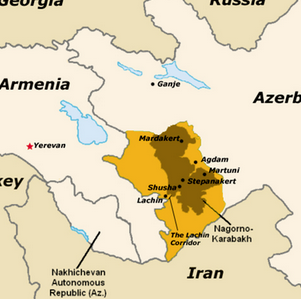 Two new factors make the hostilities, which erupted between Armenia and Azerbaijan over the enclave Nagorno-Karabakh, more dangerous. For the first time Turkey is openly backing one of the parties, Azerbaijan, and the United States is unusually disengaged. Russia has leverage, but will never be able to deliver a peace agreement on its own. Region-expert Thomas de Waal calls for serious American and European engagement to stem the conflict.by Thomas de Waal
Two new factors make the hostilities, which erupted between Armenia and Azerbaijan over the enclave Nagorno-Karabakh, more dangerous. For the first time Turkey is openly backing one of the parties, Azerbaijan, and the United States is unusually disengaged. Russia has leverage, but will never be able to deliver a peace agreement on its own. Region-expert Thomas de Waal calls for serious American and European engagement to stem the conflict.by Thomas de Waal -
The Russian threat: views among Dutch are polarised
The Clingendael Foreign Affairs Barometer asked over 23,000 people in the Netherlands to what extent Russia posed a threat to Europe and what they thought about our treaty obligations as NATO members and about Dutch imports of Russian gas. More than 35% see Russia as a threat, while 27% don't perceive Russian as a threat to Europe's security and 38% have a neutral view or don't know. Public opinions on Russia apparently are highly polarised, but no longer along the traditional left-right dividing line as at the time of the Cold War. -
Top 5 of Navalny´s most popular corruption exposés
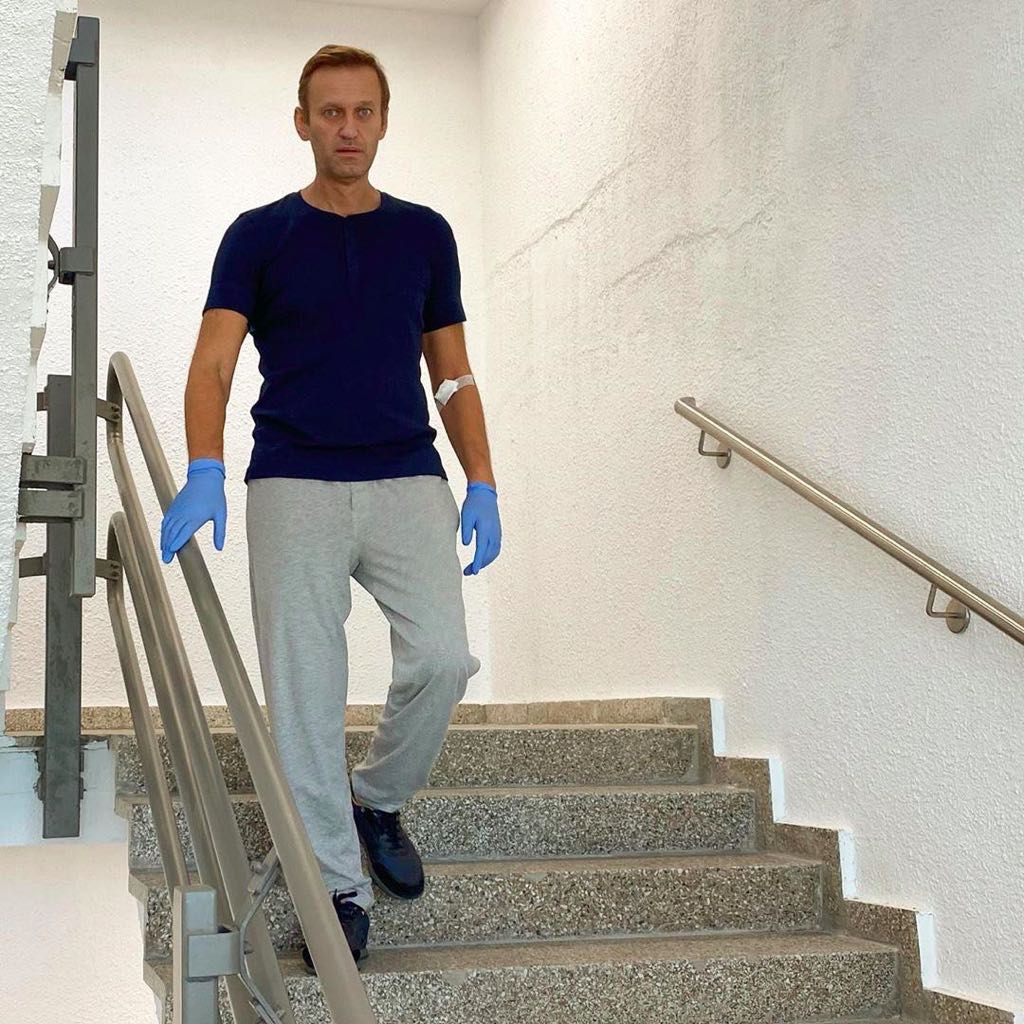 Russian opposition activist Aleksei Navalny in Berlin is recovering from the murder attempt with nerve agent novichok in Tomsk. He is walking again, adressing his followers and determined to return to Russia. In July Navalny was forced to dissolve his Anti-Corruption Foundation (FBK), because he lost a lawsuit against one of his targets, 'Putin's Chef' Yevgeny Prigozhin. But he and his people continue to investigate corruption at the highest levels of the Russian government.by Todd Prince
Russian opposition activist Aleksei Navalny in Berlin is recovering from the murder attempt with nerve agent novichok in Tomsk. He is walking again, adressing his followers and determined to return to Russia. In July Navalny was forced to dissolve his Anti-Corruption Foundation (FBK), because he lost a lawsuit against one of his targets, 'Putin's Chef' Yevgeny Prigozhin. But he and his people continue to investigate corruption at the highest levels of the Russian government.by Todd Prince -
Lukashenko is becoming a toxic asset for the Kremlin
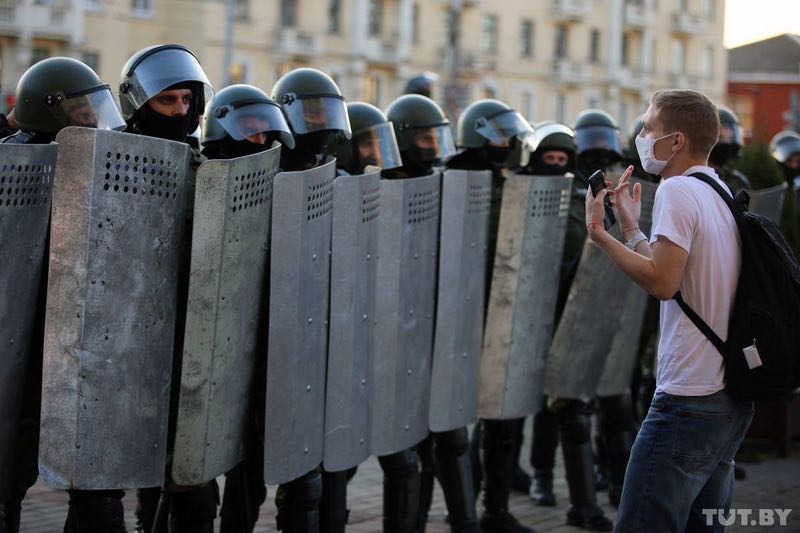 Lukashenko's weakened position after the presidential elections of August 9 seemed an opportunity for Russia. At last Putin could force him to accept total integration in the Union State he has been dreaming of. But now the Belarusian president seems unable to crush the protests and the West has turned him down Belarus is becoming a problem for the Kremlin as well. It can lose the sympathy of the last Slavic brothers left after the Ukraine crisis.by Artyom Shraibman
Lukashenko's weakened position after the presidential elections of August 9 seemed an opportunity for Russia. At last Putin could force him to accept total integration in the Union State he has been dreaming of. But now the Belarusian president seems unable to crush the protests and the West has turned him down Belarus is becoming a problem for the Kremlin as well. It can lose the sympathy of the last Slavic brothers left after the Ukraine crisis.by Artyom Shraibman -
Germany at the crossroads in its relations with Russia
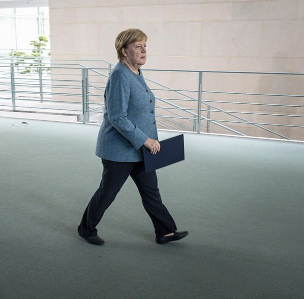 The image of Putin’s Russia in Germany has suffered tremendously in the past few weeks. In the wake of a series of ever more implausible denials, the Kremlin’s credibility has seriously been eroded. Government and leading figures in the political parties have called for sanctions, both against the Lukashenko regime and Putin’s Russia, including stopping the North Stream 2 gas pipeline project. It remains to be seen whether the current shocks of the Kremlin’s behaviour will lead to major policy changes or, as in the past, end in business as usual.by Hannes Adomeit
The image of Putin’s Russia in Germany has suffered tremendously in the past few weeks. In the wake of a series of ever more implausible denials, the Kremlin’s credibility has seriously been eroded. Government and leading figures in the political parties have called for sanctions, both against the Lukashenko regime and Putin’s Russia, including stopping the North Stream 2 gas pipeline project. It remains to be seen whether the current shocks of the Kremlin’s behaviour will lead to major policy changes or, as in the past, end in business as usual.by Hannes Adomeit -
Putin rules the waves in Russia's sphere of influence
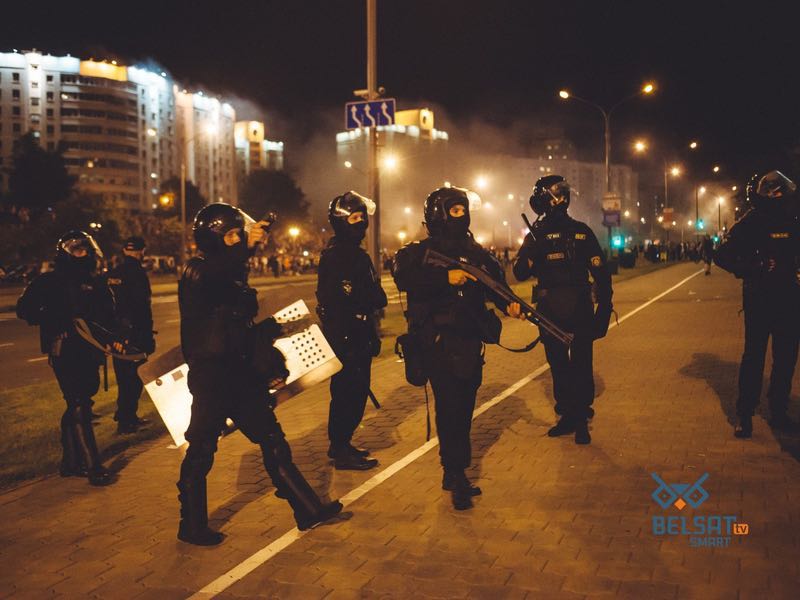 Putin's first public reaction to the crisis in Belarus ultimately proves that countries in Russia's so called 'sphere of influence' are not allowed to have an internal political agenda of their own. If protests in Belarus lead to more independence from Russia and inclination to the West they will be stopped.by Alexander Baunov
Putin's first public reaction to the crisis in Belarus ultimately proves that countries in Russia's so called 'sphere of influence' are not allowed to have an internal political agenda of their own. If protests in Belarus lead to more independence from Russia and inclination to the West they will be stopped.by Alexander Baunov -
To intervene or not to intervene, that's the question
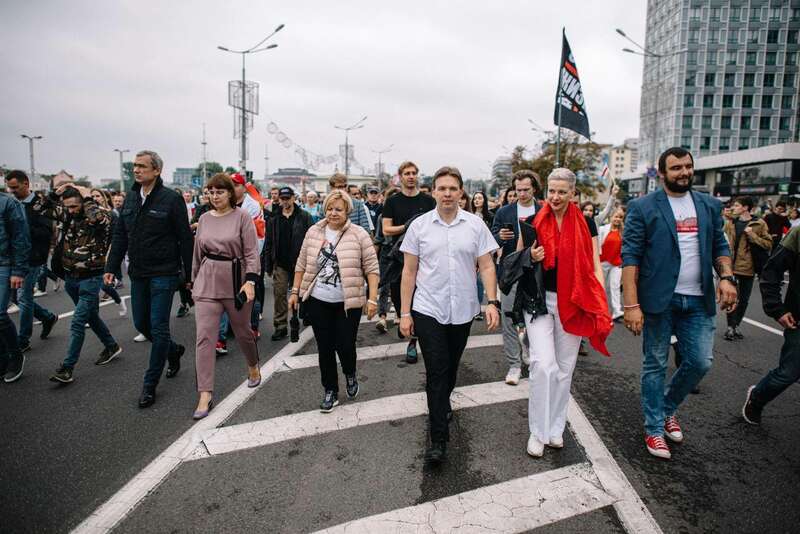 While the popular uprising against the Lukashenko regime is not abating, Russia faces the dilemma whether to intervene or not to intervene. According to Russia-expert Hannes Adomeit it is unlikely that Russia will just wait and consent to a new government, as it did in Armenia. Russia might look for a Belarusian Jaruzelski or resort to hybrid intervention. The attittude of the West hardly has any impact: domestic political considerations will determine Russia's behaviour.by Hannes Adomeit
While the popular uprising against the Lukashenko regime is not abating, Russia faces the dilemma whether to intervene or not to intervene. According to Russia-expert Hannes Adomeit it is unlikely that Russia will just wait and consent to a new government, as it did in Armenia. Russia might look for a Belarusian Jaruzelski or resort to hybrid intervention. The attittude of the West hardly has any impact: domestic political considerations will determine Russia's behaviour.by Hannes Adomeit -
The West and Belarus: a case for Hippocratic diplomacy
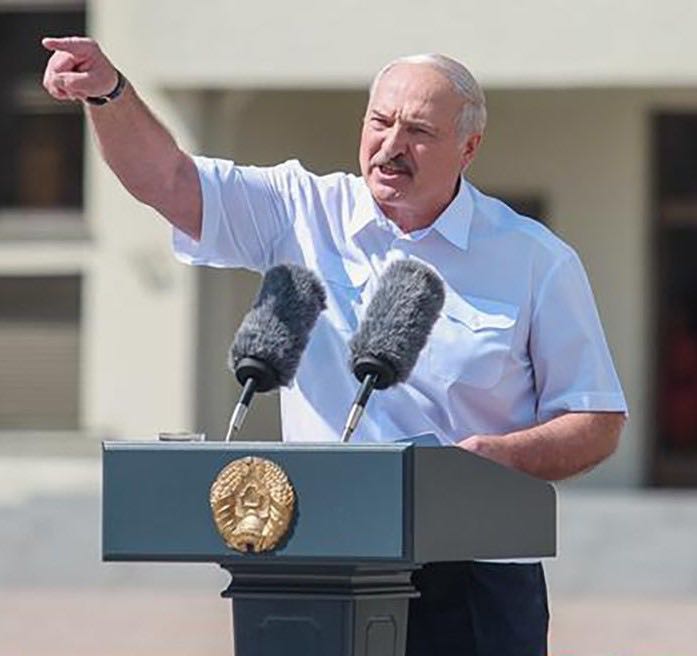 Belarusians must chart their own future. The West can encourage them but it's too presumptuous and too counter-productive to tell them how to act. In the meantime, sanctions are ineffective and might actually make Belarus more dependent on Russia, argues Mark Galeotti. The West should provide practical aid and comfort. And Lukashenko should no longer be referred to as the president of Belarus. It’s a symbolic measure, but symbolism matters in politics.by Mark Galeotti
Belarusians must chart their own future. The West can encourage them but it's too presumptuous and too counter-productive to tell them how to act. In the meantime, sanctions are ineffective and might actually make Belarus more dependent on Russia, argues Mark Galeotti. The West should provide practical aid and comfort. And Lukashenko should no longer be referred to as the president of Belarus. It’s a symbolic measure, but symbolism matters in politics.by Mark Galeotti -
Lukashenka's rule is entering its last phase
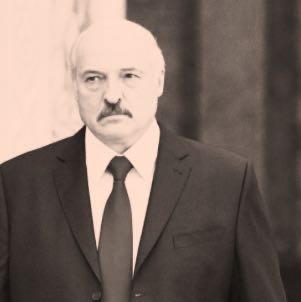 Vote rigging in Belarus is nothing new. The pattern is always the same. This time, however, the electorate doesn't accept the falsified outcome. Matthew Frear, expert on Belarus, explains what has changed in the domestic political landscape. The damaged Lukashenka clings to power, but will be forced out, now or somewhat later. His rule is entering its last phase.by Matthew Frear
Vote rigging in Belarus is nothing new. The pattern is always the same. This time, however, the electorate doesn't accept the falsified outcome. Matthew Frear, expert on Belarus, explains what has changed in the domestic political landscape. The damaged Lukashenka clings to power, but will be forced out, now or somewhat later. His rule is entering its last phase.by Matthew Frear -
Can Russia-West Divide Save Lukashenko?
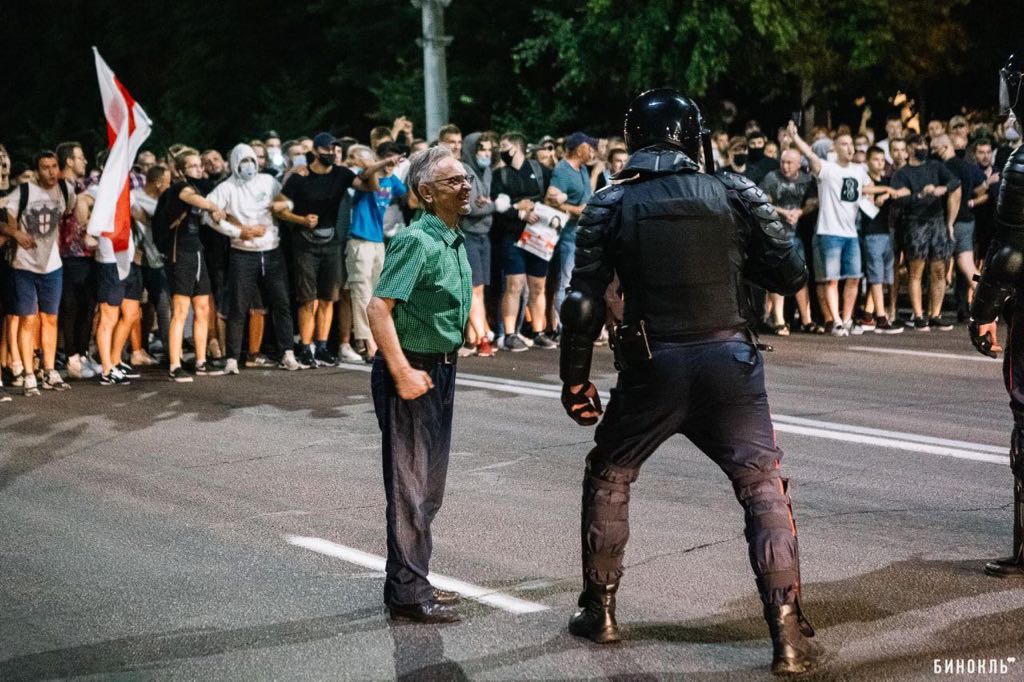 Both Russia and the West may be sick and tired of the mercurial Belarusian autocrat, but up till now they still saw him as the lesser evil, writes Maxim Samorukov of Carnegie Moscow. Outdated regimes can prove extremely resilient if favored by broader geopolitics.by Maxim Samorukov
Both Russia and the West may be sick and tired of the mercurial Belarusian autocrat, but up till now they still saw him as the lesser evil, writes Maxim Samorukov of Carnegie Moscow. Outdated regimes can prove extremely resilient if favored by broader geopolitics.by Maxim Samorukov -
Lukashenka will be re-elected, but at what price?
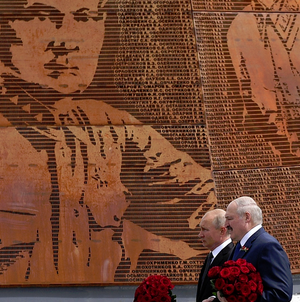 The social economic circumstances for the presidential elections in Belarus are extremely unfavourable for the authorities. Recession, decline in living standards and no reforms in sight, have caused popular protests and a wish for change. The risk of the regime falling, however, is still pretty low. Re-elected, a weakened president Lukashenka, may be forced to resort to increased Russian subsidies and thus severely limit the sovereignty of his countryby Kamil Kłysiński
The social economic circumstances for the presidential elections in Belarus are extremely unfavourable for the authorities. Recession, decline in living standards and no reforms in sight, have caused popular protests and a wish for change. The risk of the regime falling, however, is still pretty low. Re-elected, a weakened president Lukashenka, may be forced to resort to increased Russian subsidies and thus severely limit the sovereignty of his countryby Kamil Kłysiński -
How Zhirinovsky's fake-opposition has to clean up the mess in Khabarovsk for Putin
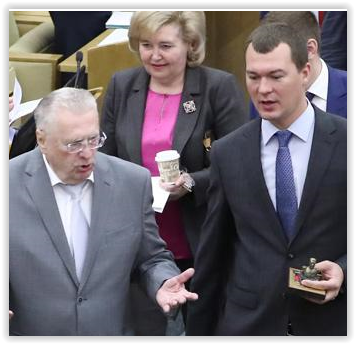
In appointing Mikhail Degtyarev as the new governor of Khabarovsk, Putin is not promoting one of his own men, but making the LDPR of
... -
Germany-Russia: from 'strategic partnership' to alienation
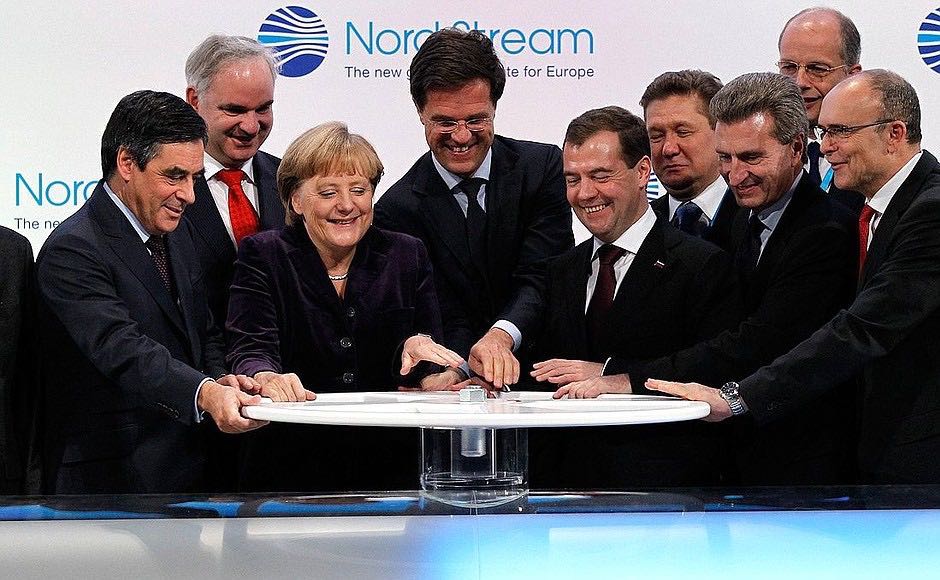 After the unification of Germany hopes were high that a new phase of cooperation between the Bundesrepublik and Russia would start. But in stead of the hoped for strategic partnership relations quickly soured. Why did the dreams not come true? Russia says the West is guilty as it refused the open hand offered. But according to analyst Hannes Adomeit Russia already during Yeltsin's reign refused cooperation as it didnot fit in to its security strategy.by Hannes Adomeit
After the unification of Germany hopes were high that a new phase of cooperation between the Bundesrepublik and Russia would start. But in stead of the hoped for strategic partnership relations quickly soured. Why did the dreams not come true? Russia says the West is guilty as it refused the open hand offered. But according to analyst Hannes Adomeit Russia already during Yeltsin's reign refused cooperation as it didnot fit in to its security strategy.by Hannes Adomeit -
Elections in Belarus: even in the regions Lukashenko highly impopular
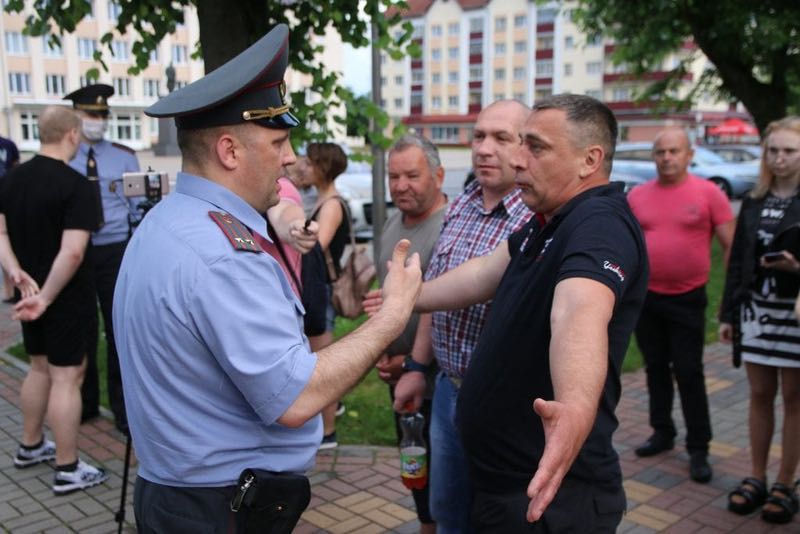
After unseen police violence, anger in Belarus reached even some of the smallest towns across the country. In the weeks before the
... -
Protests in Khabarovsk show decline of Putinism
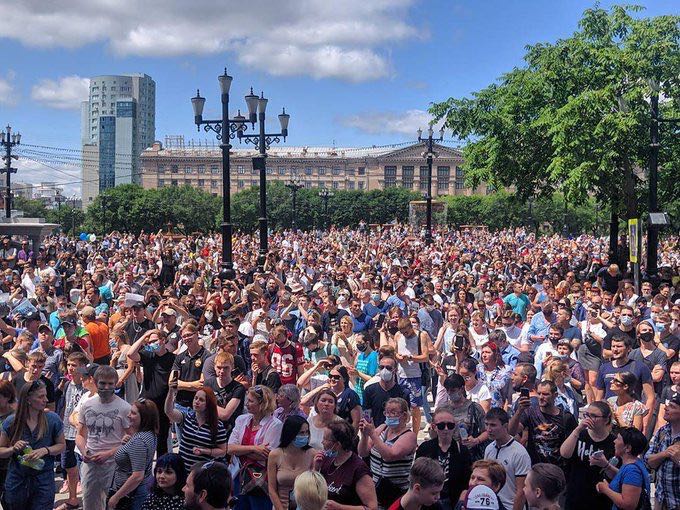 If there is anything the spontaneous outburst of popular anger in the Far-Eastern town of Khabarovsk shows it is the steady decline of Putinism. Arrest a popular governor (Sergey Furgal) for not delivering on election results ánd being more popular than Putin is usual stuff, as are trumped-up charges from a distant past. But not foreseeing the response is a sign of the times.by Mark Galeotti
If there is anything the spontaneous outburst of popular anger in the Far-Eastern town of Khabarovsk shows it is the steady decline of Putinism. Arrest a popular governor (Sergey Furgal) for not delivering on election results ánd being more popular than Putin is usual stuff, as are trumped-up charges from a distant past. But not foreseeing the response is a sign of the times.by Mark Galeotti -
KGB chief Andropov still Russia’s mythical man
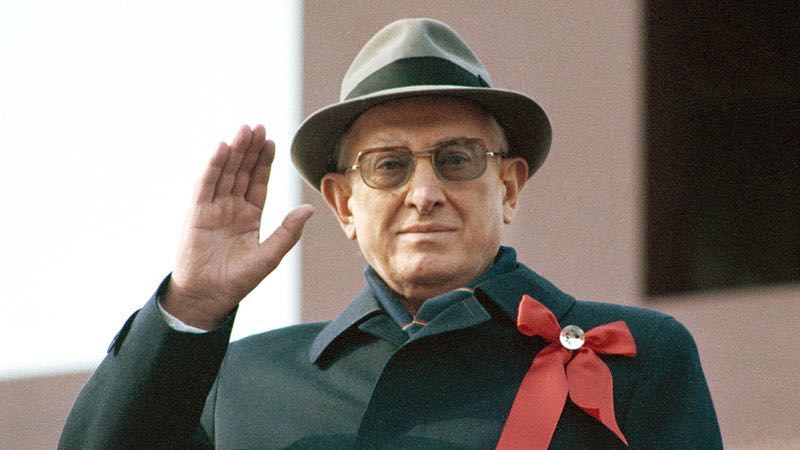 The birthday of KGB chief and shortlived General Secretary of the CPSU Yuri Andropov, on June 15, tempted many Russian commentators to muse on the question: what if he had not passed away in 1984?by Mark Galeotti
The birthday of KGB chief and shortlived General Secretary of the CPSU Yuri Andropov, on June 15, tempted many Russian commentators to muse on the question: what if he had not passed away in 1984?by Mark Galeotti -
Russia publishes its official nuclear deterrence policy
For the first time the Russian government has laid out its nuclear deterrence policy in one document of six pages. There is little that is strikingly new here. It clarifies a few things and also highlights some seeming inconsistencies. No doubt, the debate about the interpretation will continue, but the publication of the official Russian position contributes to transparancy and mutual understanding.by Olga Oliker -
In coverage of U.S. protests, Russia reveals its own fears of disorder
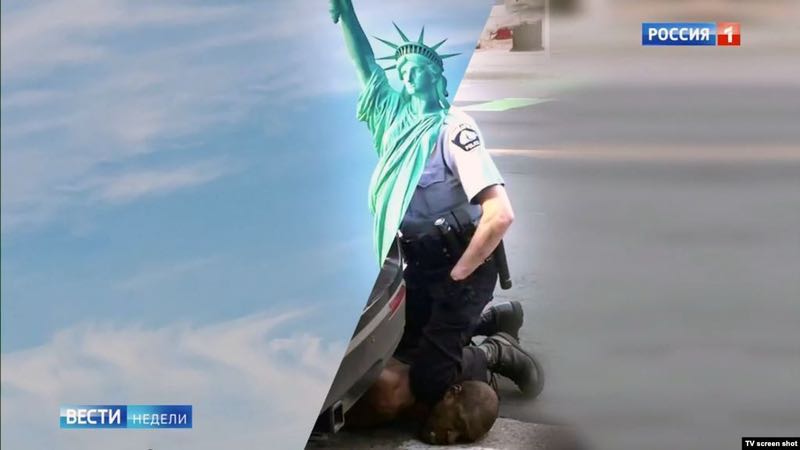 Although the usual tv-pundits foam about American hypocrisy after mass demonstrations from Black Lives Matter, the response in many media is muted: what if street unrest is Russia's future as well? The Kremlin is allergic to people's uprisings, usually described as 'color revolutions'.by Matthew Luxmoore
Although the usual tv-pundits foam about American hypocrisy after mass demonstrations from Black Lives Matter, the response in many media is muted: what if street unrest is Russia's future as well? The Kremlin is allergic to people's uprisings, usually described as 'color revolutions'.by Matthew Luxmoore -
The incredible badness of the Soviet children’s book
Children were impressionable, unspoilt and they believed almost instinctively in the high communist visions of the revolutionaries. That is why after the 1917 Revolution children’s literature took center stage in the Bolshevik reconstruction of the entire human race. The recently published Companion to Soviet Children's Literature emphasizes the ideological indoctrination, but is deaf to the fun and genius of so many Soviet children's poetry and stories.by Robbert-Jan Henkes -
Popular vlogger challenges dictator Lukashenka
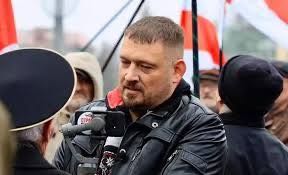 Popular vlogger Syarhey Tsikhanouski is becoming a serious opposition force. As president Lukashenka seeks reelection in August, his position is weakening. His dismissal of corona as a 'psychosis' further undermined his power.by Tony Wesolowsky
Popular vlogger Syarhey Tsikhanouski is becoming a serious opposition force. As president Lukashenka seeks reelection in August, his position is weakening. His dismissal of corona as a 'psychosis' further undermined his power.by Tony Wesolowsky -
Is the 'Irreplaceable Chechen' (in Moscow with corona) at risk?
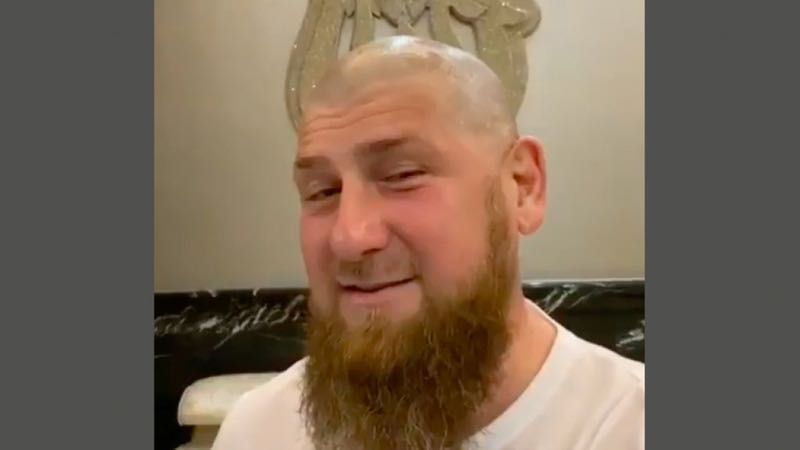 Chechen strongman Ramzan Kadyrov reportedly has been flown to Moscow for corona-treatment in one of the best hospitals of the capital. What is the Kremlin to do when he would succumb to COVID-19? Putin pays him off for keeping peace in the belligerent republic of Chechnya, so he seems indispensable. Our columnist Mark Galeotti on the prospects of the possible disappearance of Putin's own warlord.by Mark Galeotti
Chechen strongman Ramzan Kadyrov reportedly has been flown to Moscow for corona-treatment in one of the best hospitals of the capital. What is the Kremlin to do when he would succumb to COVID-19? Putin pays him off for keeping peace in the belligerent republic of Chechnya, so he seems indispensable. Our columnist Mark Galeotti on the prospects of the possible disappearance of Putin's own warlord.by Mark Galeotti -
Russia's labour migrants caught between poverty and pandemic
On March 18, the lives of hundreds of thousands of migrants across Russia were turned upside down. That day, the country closed its borders with the outside world in order to prevent the spread of COVID-19. Right until the beginning of April, the embassies of Central Asian states chartered flights to evacuate their citizens from Russia. Nevertheless, most Central Asian migrants have remained in the country — albeit without jobs and without livelihoods.by Ekaterina Ivashchenko -
Is tightening control via 'Sovereign Splinternet' in Russia possible?
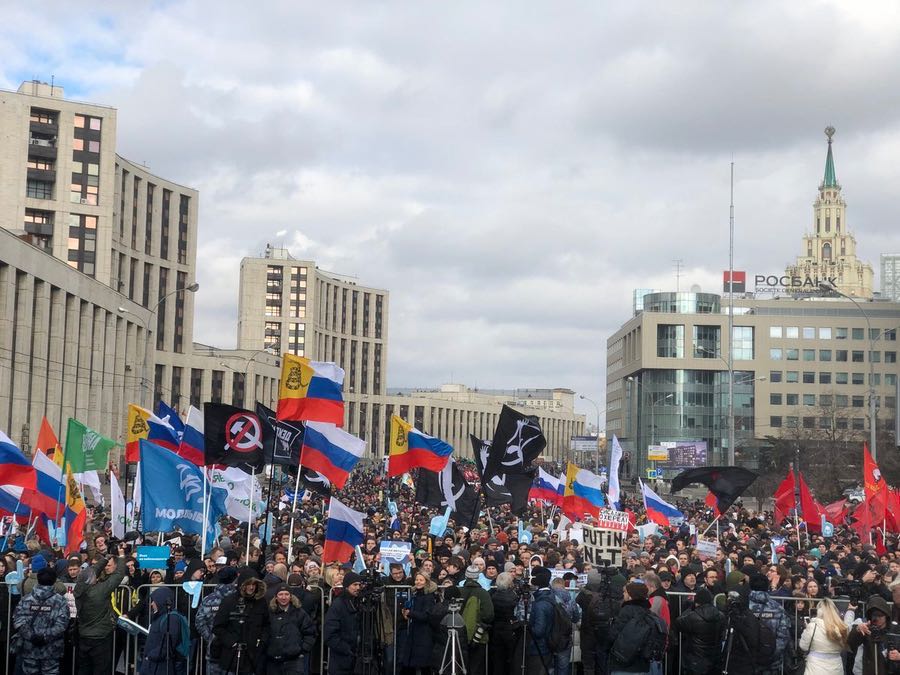 Russia has been working on the possibility to close the country off by creating a 'sovereign Ru-net', looking at the Chinese example. Experts concluded that it is too late to seal off Russia, but Alena Epifanova from the German think tank DGAP points to the possibilities to seriously hamper internet access for business and civil society.by Alena Epifanova
Russia has been working on the possibility to close the country off by creating a 'sovereign Ru-net', looking at the Chinese example. Experts concluded that it is too late to seal off Russia, but Alena Epifanova from the German think tank DGAP points to the possibilities to seriously hamper internet access for business and civil society.by Alena Epifanova -
The weirdest Victory Day in Russian history
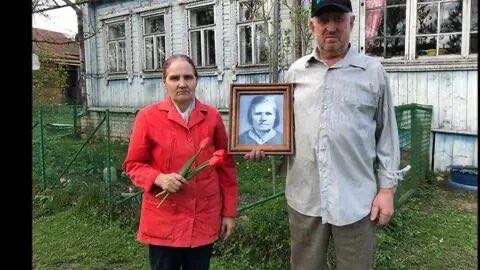 Victory Day in Russia, 75 years after the defeat of Nazi-Germany, was a weird celebration.The pandemic cancelled the military parade and a jubilee summit of world leaders, put in question the constitutional reform that would give Vladimir Putin the right to stay in power for life, and postponed the memory war between Russia and her neighbors.by Ivan Kurilla
Victory Day in Russia, 75 years after the defeat of Nazi-Germany, was a weird celebration.The pandemic cancelled the military parade and a jubilee summit of world leaders, put in question the constitutional reform that would give Vladimir Putin the right to stay in power for life, and postponed the memory war between Russia and her neighbors.by Ivan Kurilla -
The Good, the Bad and the Ugly of Russian healthcare
 Russia’s longstanding experience with tuberculosis in setting up systems to test, treat and contain the spread of the virus, may help to combat corona. At the other hand it suffers from the weaknesses of an imperfectly reformed health system and inadequate and unevenly distributed medical facilities.by Alexandra Vacroux
Russia’s longstanding experience with tuberculosis in setting up systems to test, treat and contain the spread of the virus, may help to combat corona. At the other hand it suffers from the weaknesses of an imperfectly reformed health system and inadequate and unevenly distributed medical facilities.by Alexandra Vacroux -
Yaroslavl region reopens public life regardless of corona
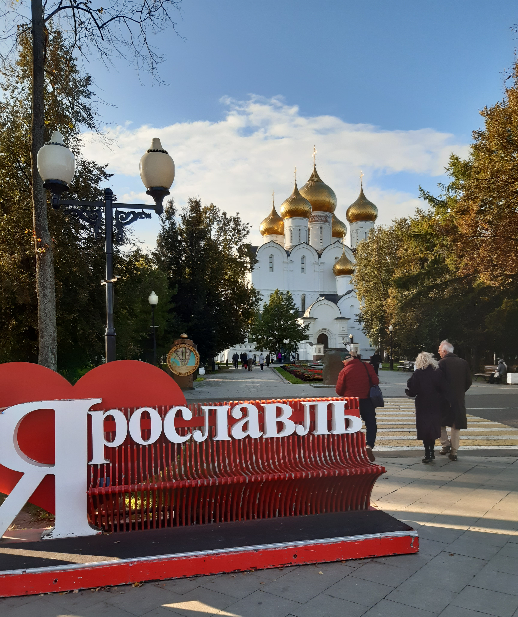 President Putin ordered the governors to take responsibility for the fight against corona, threatening them with persecution for 'criminal liability' if they make mistakes. In Yaroslavl the governor, Putin's ex-security guard, decided to reopen businesses and allow people to leave their homes.by Alexander Tikhonov
President Putin ordered the governors to take responsibility for the fight against corona, threatening them with persecution for 'criminal liability' if they make mistakes. In Yaroslavl the governor, Putin's ex-security guard, decided to reopen businesses and allow people to leave their homes.by Alexander Tikhonov -
The president without a plan: corona in Belarus
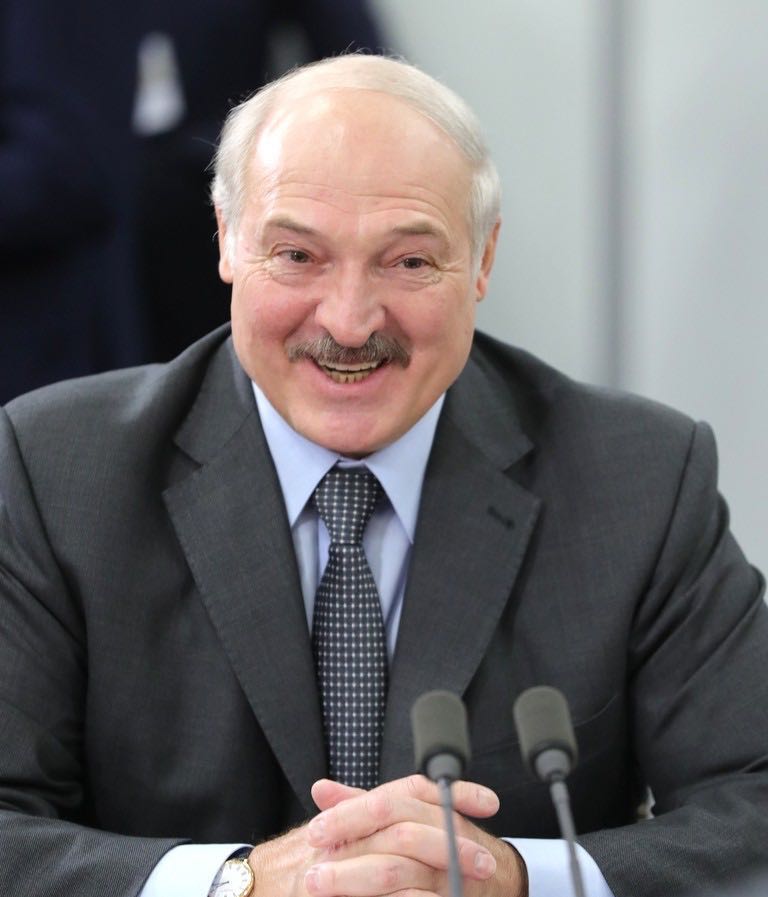 Belarus president Alexander Lukashenko has not taken strong measures to counter the coronavirus in his country yet. He still claims that nobody is going to die from the virus, even though it is likely that some already have. What is going on in Belarus?by Andrey Shingaryov
Belarus president Alexander Lukashenko has not taken strong measures to counter the coronavirus in his country yet. He still claims that nobody is going to die from the virus, even though it is likely that some already have. What is going on in Belarus?by Andrey Shingaryov -
Is Zelensky selling his (and Ukraine's) holy grounds?
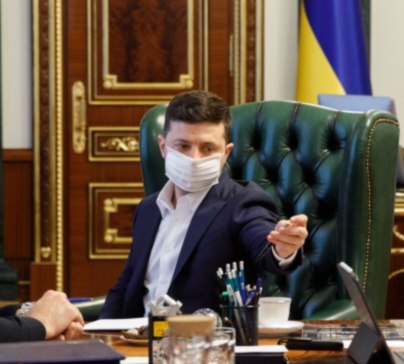 In his popular comedy series Volodymyr Zelensky ridiculed the IMF. But politics is more pragmatic: now he was forced to push through parliament two controversial laws on demand of the same IMF. Playtime is over for Zelensky. Ukraine needs the money.by Mischa van Diepen
In his popular comedy series Volodymyr Zelensky ridiculed the IMF. But politics is more pragmatic: now he was forced to push through parliament two controversial laws on demand of the same IMF. Playtime is over for Zelensky. Ukraine needs the money.by Mischa van Diepen -
Does COVID-19 represent an opportunity for Putin – or for us all?
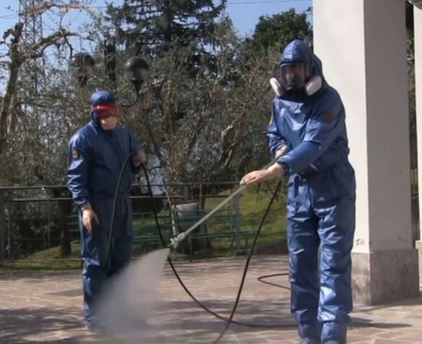
Italian newspapers criticised Russia's humanitarian aid to Italy as a propaganda tool and espionage. But international aid always
... -
Is Putin losing grip on reality?
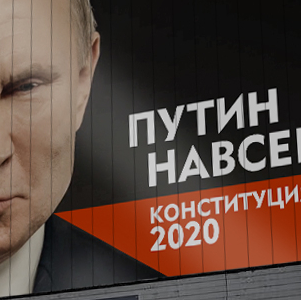
In his address to the nation on April 2 Putin extended the economic lockdown with three more weeks and promised salary compensation
... -
Medics: there is a shortage of absolutely everything
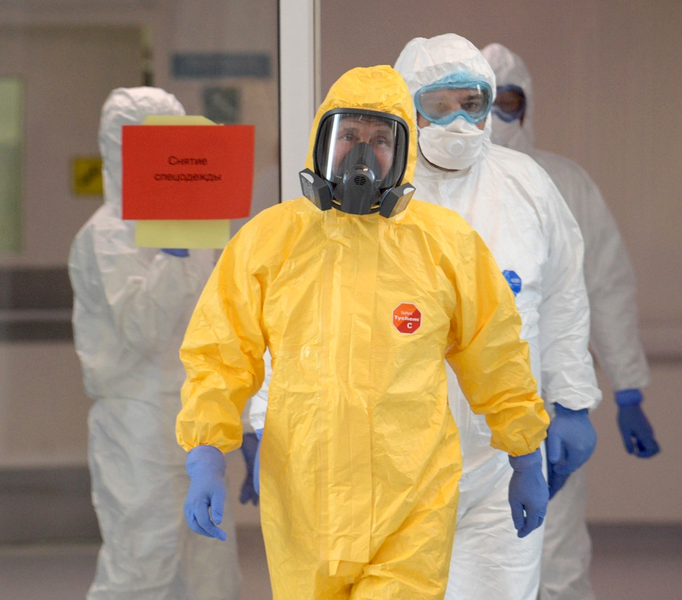 Although Russia still has a relatively low number of confirmed corona cases, medics are bracing themselves for the worst, facing serious shortages of personal protective equipment and pressure on medical staff.by Pavel Merzlikin and Alexey Yablokov
Although Russia still has a relatively low number of confirmed corona cases, medics are bracing themselves for the worst, facing serious shortages of personal protective equipment and pressure on medical staff.by Pavel Merzlikin and Alexey Yablokov -
Is the Kremlin intentionally downplaying the threat of the coronavirus?
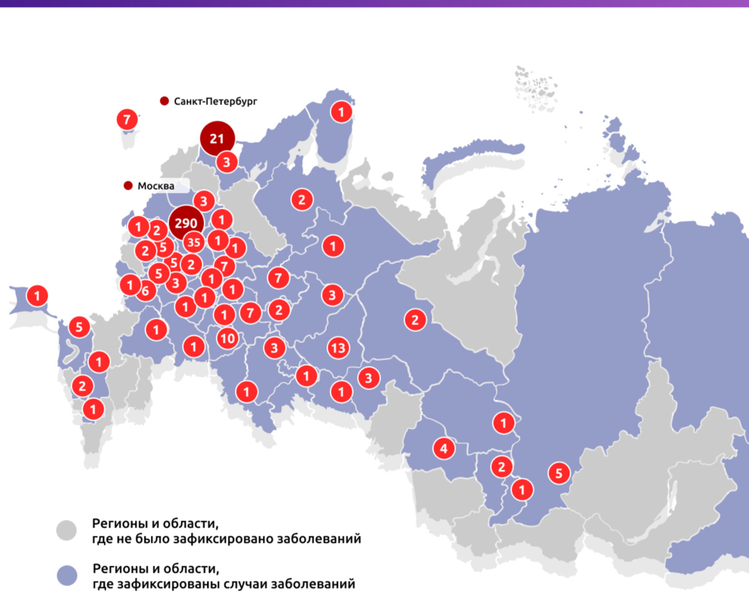 As of March 24, Russia had reported 658 cases of coronavirus and one (disputed) death. But there is growing speculation in the West over whether official figures can be trusted and whether the Kremlin might be making use of the pandemic to further its own ends. Carnegie Moscow offered three comments by Russian analysts, which we republish.
As of March 24, Russia had reported 658 cases of coronavirus and one (disputed) death. But there is growing speculation in the West over whether official figures can be trusted and whether the Kremlin might be making use of the pandemic to further its own ends. Carnegie Moscow offered three comments by Russian analysts, which we republish. -
'Corona will kill private entrepreneurship in Russia'
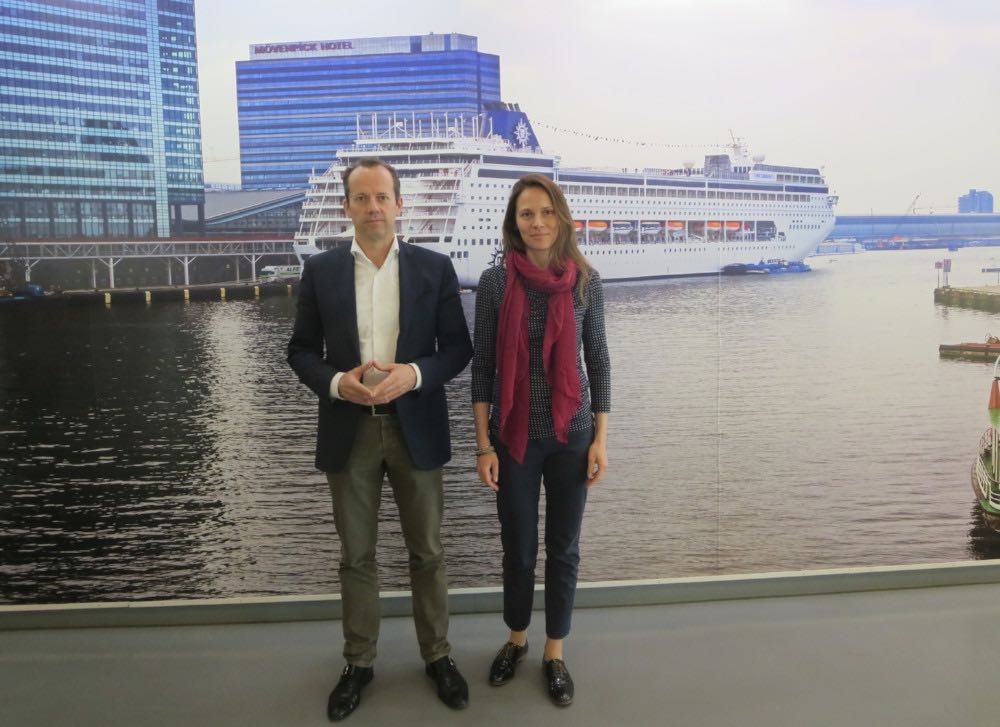 Jeroen Ketting, Dutch businessman in Moscow since 26 years, is sure his business will be hit hard by the corona-crisis, but he will survive, as he has all the former crises in Russia. For most small and medium Russian entrepreneurs, however, it’s a different story. ‘If this crisis will not kill small and medium business, it will definitively put them in intensive care’, he says.by Hella Rottenberg
Jeroen Ketting, Dutch businessman in Moscow since 26 years, is sure his business will be hit hard by the corona-crisis, but he will survive, as he has all the former crises in Russia. For most small and medium Russian entrepreneurs, however, it’s a different story. ‘If this crisis will not kill small and medium business, it will definitively put them in intensive care’, he says.by Hella Rottenberg -
Russia's corona-numbers are low. But do they tell the truth?
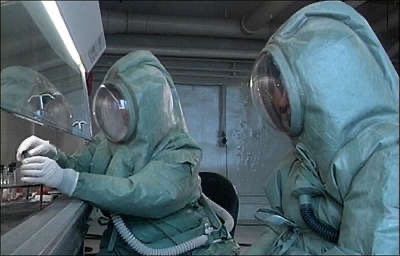 Russia’s official statistics indicate that the country has virtually no coronavirus within its borders. Experts say, however, that the testing procedures have been hampered by bureaucracy. A report from Moscow.
Russia’s official statistics indicate that the country has virtually no coronavirus within its borders. Experts say, however, that the testing procedures have been hampered by bureaucracy. A report from Moscow. -
Competion between US LNG and Russian gas is great for Europe
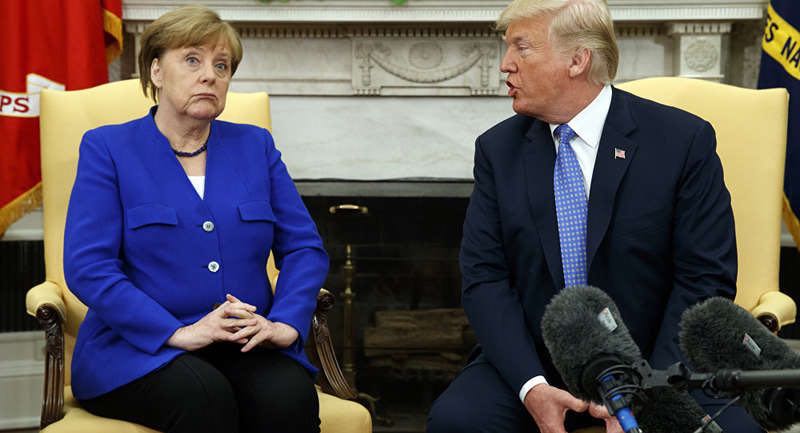 Never a dull moment. This is the feeling one has when observing the tumultuous turns of events in the complex entanglement of energy and politics involving Europe, Russia, the US, and countries in the neighbourhood. The US imposes sanctions on Nord Stream 2 and the energy market is politicising. Is the EU-Russia gas relation a liability? Who profits the most from it?by Luca Franza
Never a dull moment. This is the feeling one has when observing the tumultuous turns of events in the complex entanglement of energy and politics involving Europe, Russia, the US, and countries in the neighbourhood. The US imposes sanctions on Nord Stream 2 and the energy market is politicising. Is the EU-Russia gas relation a liability? Who profits the most from it?by Luca Franza -
Boris Nemtsov: a cross-border troublemaker
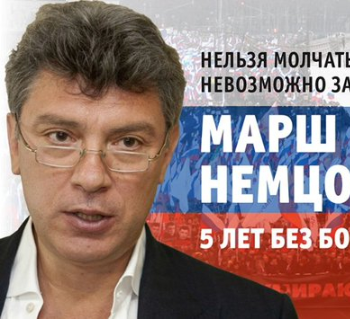 Boris Nemtsov was shot dead on a bridge just opposite the Kremlin 5 years ago. The murder, deemed political, was never solved. Why was Nemtsov killed? Was he lobbying too hard for sanctions against Russian authorities in Washington, wonders research journalist Andrei Soldatov.by Andrei Soldatov
Boris Nemtsov was shot dead on a bridge just opposite the Kremlin 5 years ago. The murder, deemed political, was never solved. Why was Nemtsov killed? Was he lobbying too hard for sanctions against Russian authorities in Washington, wonders research journalist Andrei Soldatov.by Andrei Soldatov -
The delicate balance of Great Patriotic War history politics
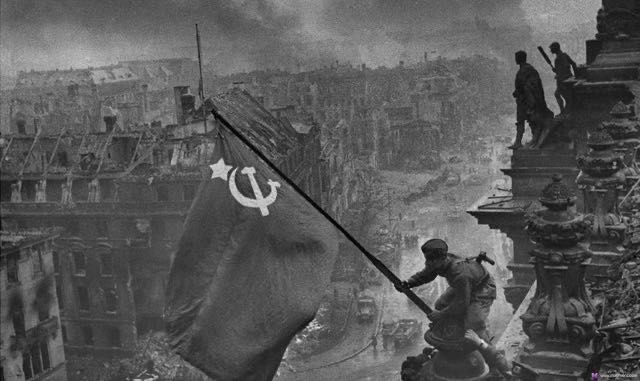 Instead of playing the blame game on the eve of the 75th celebration of the victory over Nazi Germany, Western leaders should understand the feelings of the Russians. And attend on May 9 the parade in Moscow, argues our columnist Mark Galeotti.by Mark Galeotti
Instead of playing the blame game on the eve of the 75th celebration of the victory over Nazi Germany, Western leaders should understand the feelings of the Russians. And attend on May 9 the parade in Moscow, argues our columnist Mark Galeotti.by Mark Galeotti -
New Russian government: no reform, more taxes
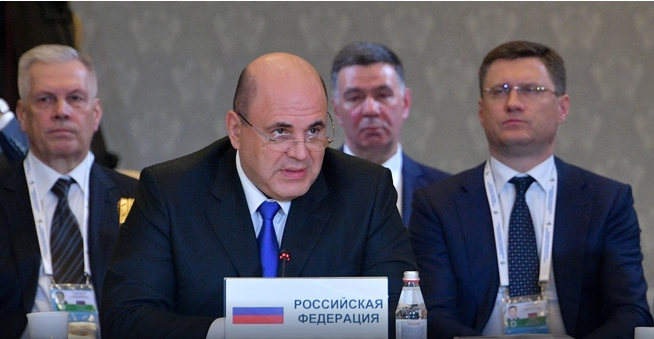 The new Russian government must keep society stable. Without reform and growth only higher taxes can fill the state coffers, argues Andrey Movchan of Carnegie Russia.by Andrey Movchan
The new Russian government must keep society stable. Without reform and growth only higher taxes can fill the state coffers, argues Andrey Movchan of Carnegie Russia.by Andrey Movchan -
The Odesa Fire: Remembering Tragedy in a War of Memories
On the 2nd of May 2014 in Odesa, Ukraine, clashes between supporters and opponents of the new Maidan-government killed 48 people. How are these tragic events remembered in Odesa? Five years later Mischa van Diepen went there and found four different narratives on the tragedy, that deeply divide the famous port city.by Mischa van Diepen -
Film Beanpole sheds light on WWII experience of Russian women
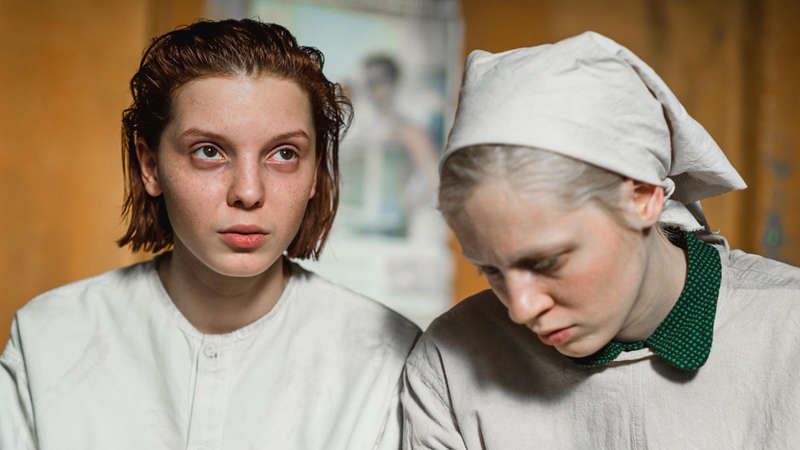 Inspired by the book of Nobel Prize winner Svetlana Alexievich The unwomanly face of war, Russian director Kantemir Balagov made his second feature film, Beanpole. Set in Leningrad in 1945 after the siege is lifted and the war is over, two young women, Iya and Masha, search for meaning and hope in the struggle to rebuild their lives amongst the ruins. Balagov manages to completely transport the audience to Leningrad in the autumn of 1945.by Elsa Court
Inspired by the book of Nobel Prize winner Svetlana Alexievich The unwomanly face of war, Russian director Kantemir Balagov made his second feature film, Beanpole. Set in Leningrad in 1945 after the siege is lifted and the war is over, two young women, Iya and Masha, search for meaning and hope in the struggle to rebuild their lives amongst the ruins. Balagov manages to completely transport the audience to Leningrad in the autumn of 1945.by Elsa Court -
Levada polled Russian opinions about Holland, remarkable outcome on MH17
Despite the chill in bilateral relations, the Netherlands is fairly well-regarded by Russian citizens. This is shown by an opinion poll conducted by the Moscow independent opinion polling agency Levada Center on behalf of Leiden University and Raam op Rusland. It is the first time that such an opinion poll has been held in Russia about the Netherlands, and its outcome is spectacular.by Jos Schaeken and Hubert Smeets -
The politicisation of religion in rural Ukrainian Orthodox Church Communities
In 2019, the outcome of a hard-fought battle over the structure of the Eastern Orthodox Church shook Ukrainian religious life to its core. In this thesis Elsa Court examines what happened to parishes in western Ukraine as they were faced with the choice to switch to the new Kyiv-centred church or stick with the politically unpopular Moscow Patriarchy.by Elsa Court -
Why Trump's Israel-deal bodes well for Moscow
After the announcement of Trump's so-called 'Deal of the Century' for settling the Israeli-Palestinian conflict, Moscow showed restraint and only said that it will 'study' the plan. Actually, Russia hopes to benefit, because the 'deal' let major powers dictate their terms to weaker ones. This bodes well for international recognition of the annexation of Crimea, argues foreign policy analist Vladimir Frolov.by Vladimir Frolov -
Two cheers, maybe, for Putin’s ‘January Revolution’?
Putin's proposals to change the constitution and the powerstructure puzzle all analysts in East and West. According to Mark Galeotti, to leave the position of super-president to someone else is a very dangerous legacy. So maybe trying to diversify power, willingly or un-willingly, might in the end be a step forward for Russian politics.by Mark Galeotti -
Putin models Russia to his future ambitions
proposals to change the constitution and the powerstructure puzzle all analysts in East and West. Window-dressing, shrewdness, securing his political future as and clinging to power, it is all that and more.by Andrei Kolesnikov -
The Iran crisis can be a boost for Russia
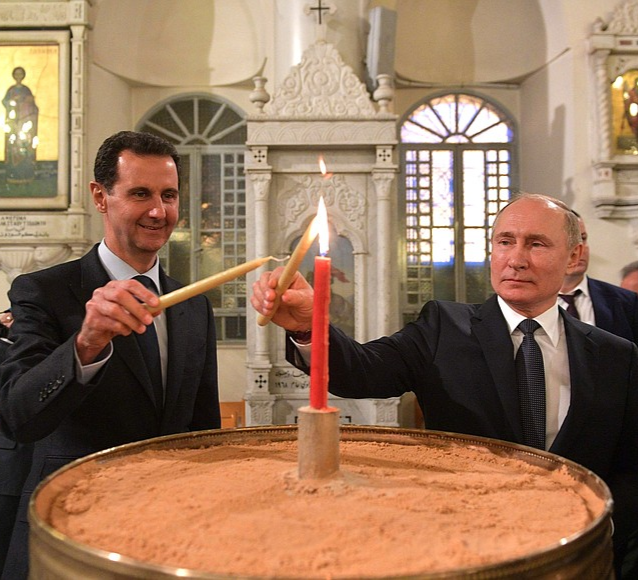 Can Russia cope with its new role as mighty power-broker in the Middle East, asks Marianna Belenkaya from Carnegie Moscow.by Marianna Belenkaya
Can Russia cope with its new role as mighty power-broker in the Middle East, asks Marianna Belenkaya from Carnegie Moscow.by Marianna Belenkaya -
Russia in 2020. Like 2019, but more so
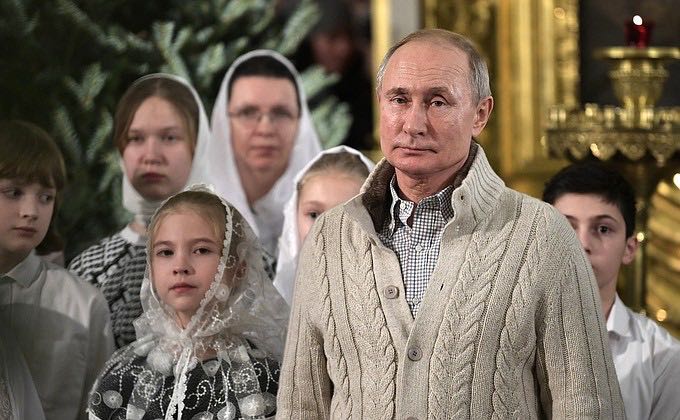 What to expect in 2020? Putin’s power within the system and Russia’s leverage in the world are still relatively great, but the ideas to change anything appear to be lacking. Putin and his entourage seem to think 'better safe than sorry'. So it will be more of the same: economic malaise, political repression and frozen conflict in the Donbas, argues Mark Galeotti.by Mark Galeotti
What to expect in 2020? Putin’s power within the system and Russia’s leverage in the world are still relatively great, but the ideas to change anything appear to be lacking. Putin and his entourage seem to think 'better safe than sorry'. So it will be more of the same: economic malaise, political repression and frozen conflict in the Donbas, argues Mark Galeotti.by Mark Galeotti -
Russia pushes, but doesn't dare to force Belarus into a union state
While Moscow pushes Belarus into further integration with Russia, talks between Putin and Lukashenko on December 7th failed to bring substantial progress. Minsk is playing hard to get and is not willing to obtain economic gains at all costs, but it's unlikely that Moscow’s embrace will shift from fraternal to fratricidal, argues Matthew Frear.by Matthew Frear -
Some habits die hard. How KGB-spies abroad got a second life
After the fall of the Soviet Union, a weighty question hung in the air: What would become of the KGB? It made perfect sense that the KGB would also dissolve or at least change beyond recognition. Thus in the 1990s, under Yeltsin’s democratic government, the KGB’s foreign intelligence apparatus was doomed. Or was it? -
Russia’s Violent Theatre and Theatrical Violence
There are signs that the monopoly on violence in Russia is being shared with thugs. Is it possible to hire tough guys to rough up demonstrators? According to security specialist Mark Galeotti, it is more about the 'theatre of violence', creating an environment to make people think twice to take part in protests. -
Post-Putin Diplomats: Pragmatic, Non-Ideological but not per se Pro-Western
Young Russian diplomats are pragmatic, sometimes cynical, and looking forward to the post-Putin-period. Political analyst Kadri Liik spoke with young Russian foreign policy professionals from the Moscow State Institute of International Relations and the Russian Ministry of Foreign Affairs. What can the West expect from the new generation? We publish a summary of the policy brief 'The Last of the Offended: Russia's First Post-Putin-Diplomats'.by Kadri Liik -
Closure rural clinic shows poor conditions Russia's health care
A wave of resignations and strikes is sweeping Russia’s health sector, as clinics are closed down in small towns and rural areas. Matthew Luxmoore of Radio Liberty travelled to a TB clinic south of the Urals, where the independent trade union Alliance of Doctors hoped to save a hospital.by Mathew Luxmoore -
Germany's reunification was a blessing
Russians’ attitudes to the fall of the Berlin Wall are largely positive — at least among those who still understand what it was. But historical knowledge is dwindling and being replaced with mythology. We should never forget, however, the benefits Germany's reunification brought to the world, writes Andrei Kolesnikov of the Carnegie Moscow Center.by Andrei Kolesnikov -
With Pax Russica in Middle East Putin inherits all its problems
With smart tactical improvisation and an intelligent strategy, Putin has put together a house of cards in Syria. With its current success, Russia also inherits many problems, writes ex-diplomat and arabist Marcel Kurpershoek. -
Did Gorbachev push Honecker to embark on comprehensive reform?
One of the most persistent myths about German reunification is that Mikhail Gorbachev told East German party leader Erich Honecker in 1989 that 'those who are late will be punished by history'. Shortly after that, the Berlin Wall fell. In reality, Gorbachev had the Soviet Union in mind, and in private conversations was very meek and deferential to Honecker, writes Hannes Adomeit. -
Putin's KGB record: not a high-flier or leader, but a solid B
A report about Vladimir Putin as a KBG officer shows that he was seen as worthy, serious and reliable, but not as a high-flier or a leader. His later career confirms this early assessment, argues Mark Galeotti. Putin feels attached to the intelligence services, relies on their judgement and fails to manage them, giving them far too much leeway to decide the course of Russia. -
Russia sells sovereignty to Africa
During a two-day Russia-Africa summit in Sochi, African leaders met with president Putin. They stressed that Western dominance and pressure is over, and that together they will promote a world order based on multilaterialism and respect for national sovereignty. Evan Gershkovich reported on the summit for Coda Story.by Evan Gershkovich -
'Russian corruption can and should be fought'
One of the most well-known Russian economists, Sergei Guriev, spoke about Russian corruption and Western enablement at De Rode Hoed in Amsterdam on October 16. He explained the effects of corruption on the Russian economy and citizens, and what the West should do to fight it.by Sergei Guriev -
Russia facing Europe: a roadmap for improvement
In the relationship between Russia and Europe, illusions about rapprochement are gone. However, the relation is not confrontational either. It's in Russia's interest to strengthen economic and technological ties with the EU, argues Dmitri Trenin, director of Carnegie Center Moscow on the website of his think tank. -
As Trump leaves Syria, Putin becomes the region's power broker
The decision of president Trump to withdraw the American military from northern Syria clears the way for Russia to become the referee in Syria and the wider region. Russia must feel excited that it has finally returned to the world stage as a major recognized force, argues Maxim Trudolyubov, senior fellow at the Kennan Institute.by Maxim Trudolyubov -
Is Zelensky seeking a compromise with wanted tycoon Kolomojsky?
Banker and oil magnate Ihor Kolomojsky, who aired Zelensky's comedy show 'Servant of the People', returned to Kyiv after a two-year exile. Under Poroshenko, his PrivatBank was nationalised. Now there are signs that the tycoon is protected, says Kyiv-based Christopher Miller in an article on RFE/RL. How independent is president Zelensky?by Christopher Miller -
Economist Guriev speaks to popular vlogger Dud about his flight from Russia
Economist Sergei Guriev, who will hold the third RaamopRusland ‘October Lecture’ on October 16 in Amsterdam, recently gave an interview to one of Russia’s most popular vloggers, Yuri Dud. The vlogger is becoming more politically outspoken and supported the protest wave against election fraud this summer in Moscow.by Raam op Rusland -
Is minister of Defense Shoigu applying for post-Putin?
Minister of Defense Sergei Shoigu gave a lenghty interview in which he spoke about the reform of the army, the victories in Syria and Russia's successful defence against the West's hybrid warfare. According to our columnist Mark Galeotti, it looks like the application letter for the presidency after Putin's current term ends in 2024. But there are competitors. -
Unorthodox appeal: priests defend Moscow protesters
An open letter written by Russian Orthodox priests in defense of those imprisoned over recent protests in Moscow is the first time that clergy of the Russian Orthodox Church have taken collective action that was not sanctioned by the church authorities.by Ksenia Luchenko -
Future without Putin no longer taboo issue
The Russian elite is engaged in an indirect debate about a future without Putin. Until recently this was unthinkable - or in any case unmentionable - , but the issue is rapidly becoming the central fascination of the Muscovite ruling class, observes Mark Galeotti. -
Berlin Game: the Hubris of Russia's Gunman Geopolitics
Two weeks ago in Berlin a Chechen enemy of the Kremlin was murdered by, presumably, a contract killer dispatched from Moscow. According to security expert Mark Galeotti, Russian policy making is often 'driven by powerful intangibles such as honour, vengeance and reputation'. -
Molotov-Ribbentrop Pact: No ‘Alternative’ Soviet Facts, Please.
The anniversary of the Molotov-Ribbentrop Non-Agression Pact between Hitler and Stalin is hotly debated these days. Dutch historian Jeroen Bult rejects Russian Ambassador Shulgin's explanation of the facts, saying: 'Germany and the Soviet Union joined forces to destroy the Order of Versailles, by which both of them felt so humiliated, for good.'by Jeroen Bult -
U.S. attempts to block Russian gas pipe to Europe likely to fail
The Trump administration and the U.S. Congress want to block the Nord Stream 2 project because they think it will make European countries too dependent on Russian energy and damage Ukraine. However, it’s unlikely that the U.S. will succeed, writes Todd Prince for Radio Free Europe/Radio Liberty.by Todd Prince -
After Putin not much will change in Russia's foreign policy
This fall Dmitry Trenin publishes his new book 'Russia', an ultra-concise overview of 120 years of Russia's recent history. On the site of Carnegie he published this summary. -
“Molotov-Ribbentrop Pact”: a logical consequence of the Munich Betrayal
Signing of the Molotov-Ribbentrop Pact was a difficult, but unavoidable step for the Soviet leadership on August 23 1939, argues the Russian ambassador Alexander Shulgin in response to historian Marc Jansen. The Soviets were concerned by the prospect of an anti-Soviet front and needed time to prepare for the war.by Alexander Shulgin -
Only radical reforms can stop Russian economic stagnation
This August marks 20 years that Vladimir Putin is in power. The first decade produced an unprecedented growth, but this rapidly declined after Putin halted reforms. Sergey Guriyev doesn't believe in recovery unless Putin reduces the state's role and protects property rights.by Sergey Guriyev -
The old ultra-violence in Moscow solves nothing and everything
Again an overwhelming police force in Moscow suppressed demonstrations for fair elections. According to our columnist Mark Galeotti, the security forces can easily deal with the small and peaceful civil disobedience. However, the situation also shows the elite's worry about the future. This regime has totally run out of ideas. -
'Russophobia' is a label to deflect criticism from the Kremlin
In a recent article, Russian journalist Leonid Ragozin argued that ‘Russophobia exists and that it affects politics in the West’. However, the driving mechanisms of Western policies are primarily not Russophobia but are for the most part based on rational analyses, rebuts Hannes Adomeit. -
Why pro-Kremlin journalists stood up for arrested colleague
A rare show of solidarity between pro-Kremlin and independent journalists helped investigative journalist Ivan Golunov stay out of jail. In an article for CodaStory, Eva Hartog explores the motives of pro-Kremlin journalists who decided to protest.by Eva Hartog -
Russophobia exists and it affects politics in the West
Russian state propaganda labels any suggestion that Russia might be blamed for some wrongdoing as Russophobia. So is Russophobia solely the fruit of imagination? No, alas it isn't. Russophobia exists, argues journalist Leonid Ragozin. The myth about an omnipotent Russia which meddles everywhere obscures the impotency that spans entire Western societies.by Leonid Ragozin -
Putin doesn’t want to kill liberalism, only optimism
In his interview with the Financial Times Vladimir Putin buried liberalism. Our columnist Mark Galeotti, author of the sobre book 'We need to talk about Putin' puts things in perspective. Putin is a man with many masks, who easily adapts to different audiences. His main goal is stability for his regime and for the world, in the interest of Russia. And of his business friends. -
Zelensky and the Donbas Conflict: no Progress in Sight
What can Ukraine's new president Volodymyr Zelensky do to help solve the Donbas conflict? With its policy of 'passportization' the Kremlin is escalating the conflict, Andreas Umland argues. More sanctions are needed to force Russia to change its policy. Or Europe will pay dearly. -
Putin replies to angry voters
Russians watch Putin's annual call-in show for clues about what the future will bring, but the president took them back to the past. Putin invoked the 1990s to show that life could be worse, if not for his 20 years in power. We republish a slightly abridged report of the show, written by Steve Gutterman for Radio Free Europe, followed by quotations of Putin's most remarkable statements.by Steve Gutterman -
Apartment raiders, a profitable industry in Moscow
Russian investigative journalist Ivan Golunov was arrested on fabricated drugs charges. His employer Meduza suspected his arrest was triggered by his recent stories about enrichment by Moscow officials and other corrupt schemes. We republish, in an abridged version, his investigation into private microfinance firms that seized the homes of hundreds of Moscovites.by Ivan Golunov -
Ivan Golunov is free. Other victims of fabricated charges are not so lucky
The investigative journalist Ivan Golunov, whose arrest in Moscow on false drug charges on June 6 elicited unprecedented outrage in Russia, has been freed and the charged dropped. But being vindicated he is the exception to the rule, writes Olga Romanova, director of the prisoner's rights organisation 'Russia behind bars', for the Moscow Carnegie Center.by Olga Romanova -
'The future of Russia is evolution to a European parliamentary democracy'
In a hall with over 400 (mostly) students at the Campus The Hague, Mikhail Khodorkovsky spoke about the future of Russia. Khodorkovsky declared himself a staunch supporter of evolutionary change in Russia, from a presidential system to a fullfledged democratic parliamentary republic.by Raam op Rusland -
How the Russian Orthodox Church became the State God Corporation
The Russian Orthodox Church was always an arm of the state. But after the collapse of communism it grew greedy fingers of its own and became the state corporation RosBog (GodofRussia), argues our columnist Mark Galeotti. As the successful protests against the umptieth church in Ekaterinburg have shown, shareholders can back down. This was an onion dome too far. -
Russian Foreign Intelligence might be in for a more prominent political role
There are signs that the political influence of Russia's Foreign Intelligence Service SVR is growing. After Stalin and Andropov, Putin is the third Russian leader who politically uses the intelligence services, argues intelligence expert Andrei Soldatov. -
Russian-Dutch settlement on Arctic Sunrise is a recognition of international law
For the first time since 2013, a major bilateral dispute between Russia and the Netherlands has been settled. According to sea law expert Alex Oude Elferink, the agreement about the Arctic Sunrise gives both parties the possibility to hold on to their own point of view, at the same recognizing the significance of international law for their bilateral relations. -
Don't call the conflict in the Donbas a 'civil war'
Not only Russians, but also scores of western politicians and commentators use the term 'civil war' for the armed conflict in the Donbas. This is a false flag, argues researcher Tobias Wals, to deny Russia's heavy involvement in the military operation.by Tobias Wals -
Russia’s Sovereign Internet Law Will Kill Innovation
The Kremlin’s domestic policy bloc tries to run Russia as a corporation. It’s not surprising, therefore, that they have resorted to using deep packet inspection (DPI) technology, a corporate method of internet control, writes Alexandra Prokopenko for Carnegie Moscow. The new internet law is driven by anxiety about growing discontent in society, but instead it will drag Russia down.by Alexandra Prokopenko -
Are Putin and Trump Exchanging Ukraine for Venezuela?
At the Arctic Council in Finland, Russian Foreign Minister Sergei Lavrov and U.S. Secretary of State Mike Pompeo talked about the crisis in Venezuela. This was also the most important topic of the phone call between Trump and Putin. In The Moscow Times, analyst Vladimir Frolov argues that the Kremlin is testing the water for a deal to exchange spheres of influence: Venezuela for Donbass.by Vladimir Frolov -
Venezuela is a cheap gamble for Moscow
For Russia challenging the US self-proclaimed 'sphere of influence' in Venezuela is a very cheap gamble, says our security expert Mark Galeotti. An airplane with armed men, a couple of threathening statements, and flexing of some muscles is all it costs. Rosneft investments in the Venezuelan oil industry could suffer. But that is probably an affordable loss and shrewd political calculation. -
Russian Army is Boosting Image and Influence
During the wars in Afghanistan and Chechnya the Soviet Army was highly unpopular. Putin completely recreated the image of the military, and now Minister of Defense Shoigu is now the most popular person after Putin. Shoigu plans to build a huge Army Cathedral near Moscow. Andrei Soldatov writes about the growing political clout of the military, unheard of in the history of Russia. -
Russia and NATO both think time is on their side
According to Russia all military and political cooperation with NATO has effectively ended. There is no readiness for compromise or pragmatism, as both sides appear to think time is on their side. That's the real tragedy, writes our columnist Mark Galeotti. -
Zelensky, a populist of a new brand
The winner of the first round in the Ukrainian presidential elections is someone who has never held a government position and has no record of political or civic activism. Rather, Volodymyr Zelensky has risen to prominence by ridiculing in tv shows the politicians he is running against. He is a populist who defies the existing left and right wing models, writes political scientist Sergiy Kudelia.by Sergiy Kudelia -
The Yuri Tymoshenko Risk
In a worst-case scenario, political-technological trickery could unsettle social stability in Ukraine. Cynical puppet masters are prepared to risk the outbreak of a major domestic civil conflict for the sake of securing the re-election of Ukraine’s incumbent president. -
Is Nazarbayev blazing a trail for Putin?
After president Nursultan Nazarbayev announced that he would step down after 30 years in power, Kazakh parliament decided to rename the capital to Nursultan, and wants to make the president's daughter speaker of the House. 'Is he really stepping down?' asks our columnist Mark Galeotti. And: what can Vladimir Putin learn from the cunning fox about exit strategies and safe havens? -
Russia’s Global Ambitions in Perspective
Many think that Russia's aggressive foreign policy was created by Vladimir Putin. In this report for the Carnegie Endowment for International Peace, Julia Gurganus and Eugene Rumer show that there is nothing new to it. Russia’s quest for strategic depth, great power ambitions, and uneasy ties with the West have been around for centuries and will be with us for the foreseeable future.by Julia Gurganus and Eugene Rumer -
Ukraine is pregnant with its own version of Putinism
On March 31 Ukrainians will vote for a new president. It looks like a run-off between Petro Poroshenko and TV comedian Volodymir Zelensky. This 'against-all' candidate with no political experience shows that a large chunk of the electorate is fed up with Poroshenko's Putinism-lite. The West prefers to neglect these signs, says journalist Leonid Ragozin.by Leonid Ragozin -
No Country for Investors: Russia’s Latest Shock Arrests
The arrest of mega-investor Michael Calvey in Moscow once again shocked the world of business. Why are people so surprised, asks Andrey Movchan of Carnegie Center Moscow. After the lawlessness of the mid-1990s, many hoped that a system of laws and rules to protect business (and everyone else) from arbitrariness would emerge. No way: the interest group that is furthest from honest business and society won the battle and made arbitrariness the guarantee of its position.by Andrey Movchan -
A realistic German Ostpolitik is hampered by old illusions
The new German foreign minister Heiko Maas created a stir by calling for a ‘new Ostpolitik’, aimed at making Russia respect again international rules. His remarks gave rise to a discussion about the Ostpolitik in the 1970s, what was right and what was wrong about it. According to Hannes Adomeit old misconceptions, fear for Russia and anti-Americanism hamper a new and realistic German approach. -
Can Tsar Vladimir Morph into Uncle Vova?
Putin's annual address to parliament and the people differed from last year's. In spite of an obligatory threat to target the US with missiles, the speech was meant to appease his angry people. So Putin morphed from Tsar Vladimir to Uncle Vova. According to our columnist Mark Galeotti that will not be enough. There are no more quick fixes and easy answers, but Putin budges to act decisively. -
'Putin Lived, Putin Lives, Putin Will Live'
Last spring, longtime Kremlin aide Vladislav Surkov said Russia faces 100 years or more of geopolitical solitude -- and suggested that’s a good thing. Now he’s predicting it will be 'Putin’s state' for just as long. Analysts interpret the wordy court figure’s latest article, and poke big holes in some of his main premises, writes Steve Gutterman in an article for RFE/RL.by Steve Gutterman -
Bold steps on the Internet: Kremlin’s capability to cut off Russia
After six years of unabated attack on Internet freedoms in Russia, the Kremlin is taking another bold step. In a first lecture, the Duma adopted a new law that can cut off the Russian internet from the world wide web by installing special equipment all over the country. Security specialist Andrei Soldatov reports. -
Loznitsa’s film 'Donbass' shows the grotesque nature of the war in Eastern Ukraine
Shown at the Rotterdam Film Festival and now available in select theatres in the Netherlands, Sergei Loznitsa’s latest film paints a hopeless portrait of the war in Eastern Ukraine. It uses black humour to make sense of the harsh reality.by Chris Colijn -
Viral Freedom: Kirill Serebrennikov’s Leto and its Popular Appeal
While his film 'Leto' (Summer) is shown at the Rotterdam Film Festival, theater and film director Kirill Serebrennikov is in court, accused of fraud and embezzlement of state subsidies. He has been under house arrest since summer 2017 in an investigation that Moscow's intellectual elite considers as a revenge for his avant-garde theater. According to literary scholar Ksenia Robbe, Leto is more than a film about rock legend Viktor Tsoi who died young and became a cult hero. It's a playful work on the spirit of freedom that inspires hope.by Ksenia Robbe -
Tensions between Kremlin and Minsk rise after 'Integration Ultimatum'
Four sacks of potatoes and a piece of lard were the Christmas gifts president Lukashenko brought for his meeting with Putin on December 29. But tensions about sovereignty of Belarus have risen again. It's an old power play between Minsk and Moscow. Arseny Sivitsky analyses the concerns from the point of view of Belarus. -
Ukraine’s Presidential Elections May Be Unpredictable but Five Things Are Certain
In March 2019, Ukrainians vote for a new president. Don't underestimate Poroshenko, warns consultant Brian Mefford, based in Kyiv. His fight for an independent Ukrainian orthodox church raised his popularity. One thing is sure: thanks to Crimea and the Donbass war, the Russian political bloc has completely lost its clout.by Brian Mefford -
The Twilight of Putin’s Political Monopoly?
Political fragmentation, fights between the elites and a total absence of a positive domestic agenda. Political analyst Tatiana Stanovaya signals three key domestic risks of the year 2019 for those in power. -
So who 'won' 2018?
In their own ways both Russia and the West consider themselves at war with each other. Wars bring their own zero-sum logic, so it would seem appropriate to ask the most basic of questions: who ‘won’ 2018? Our columnist Mark Galeotti weighs in. -
War of prosecutors suggests tension within Russian elite
Prosecutors provide impunity and revenue for you and your allies, and the law for your enemies. Security expert Mark Galeotti notices an upsurge of high profile squabbles in Russia about positions in the departments of justice, secret service and internal affairs. It suggests tension and uncertainty within the Russian elite, preparing for a post-Putin succession struggle. -
Putin is passé for populists
After twenty years in power, Putin's presidential office can barely offer anything promising. Trump is the new autocrat populists of the world look up to. The Kremlin is more and more turning into an ancien regime, ready to be swept away, argues sociologist Maxim Trudolyubov on the Russian website Riddle.by Maxim Trudolyubov -
Appeal to the West: Stop Alienating Ordinary Russians
Be it at the end of Putin's presidency in 2024 or before, things will inevitably change in Russia. But in which direction? The West cannot stay aloof, as what happens in Russia is a matter of concern for the world as well. At the end of the Cold War the West offered a positive alternative, but now it is alienating ordinary Russians, writes Russian journalist Leonid Ragozin.by Leonid Ragozin -
State, space and society. Public participation in the development of the Zenit Arena
The World Cup 2018 in Russia appeared to be flawless and therefore a success for president Putin. But to what extent did civil society participate in the organization of the tournament? In his master thesis Luuk Peters, student at Leiden University, sheds light on this question.by Luuk Peters -
In the Donbas Moscow replaced uniforms by suits
After the murder of DNR-leader Zakharchenko this summer, last weekend saw 'elections' in the two pseudo-states in the Donbass, which are run by Moscow. It came as no surprise that Russia's candidates were elected. Moscow resorts to 'manual control' to keep the region in its sphere of influence. For the moment there is no escape of the stalemate. -
‘Everyone Likes Naturalness and Sincerity’: Sincerity Rhetoric in Contemporary Political Discourse in Russia
In the Russian presidential election of 2018, the concept of sincerity played a central role in the political language of various candidates. Putin, Sobchak, and Navalny, all employed the notion of sincerity as a tool for political legitimization and projected a negative image of hypocrisy onto a constitutive ‘Other’. This rhetoric can pose a significant threat to deliberative democracy, writes Barbara Roggeveen in her BA-thesis.by Barbara Roggeveen -
'With its cyber troops the Russian military has become political'
On October 16 Andrei Soldatov held the second October Lecture of RaamopRusland. Research
... -
Is there a Successor for Putin?
While Putin's ratings since the pension reforms have gone down substantially it is the army that fills the gap. That is
... -
Alarm about horrific attacks on Ukrainian activists led to outcry in Kyiv
In one and a half year 55 activists in Ukraine were attacked by unknown assailants for their fight against corruption. Arrests were
... -
Emotions run high on film about perennial Russian question
In Moscow the new film 'The Story of an Appointment' by Avdotia Smirnova is the talk of the town. Opinions about the plot
... -
Independence for Ukrainian Church is no guarantee for national unity
In anger over the decision to grant the Ukrainian Orthodox Church independence from Moscow the Russian Orthodox Church broke off relations with
... -
Kremlin calculus seems driven by dreams of war
We can keep laughing at the Russian military intelligence service, says our columnist Mark Galeotti, but we should
... -
Turmoil about West-Ukrainian ban on Russian-language culture
The Lviv regional council on September 18 put a ban on Russian-language cultural products, that has drawn a lot of criticism in and
... -
Protest vote disturbs Kremlin's control over regions
The results of recent regional elections were for United Russia the worst since elections for regional leaders were introduced in
... -
Special troops of GRU will be growing headache for the West
Ruslan Boshirov, one of the suspects of the poison attack on Skripal, has been identified by research group Bellingcat as a
... -
Poison has become the fingerprint of Russia
It seems medieval and extremely cruel to get rid of an adversary with poison. It has become almost a business card of the
... -
Public attack on Navalny by top military undermines Putin’s inner circle
Viktor Zolotov’s threat video message to Alexei Navalny underscores the increasing incoherence of the authorities’ strategy for
... -
Russia Is Moving Deeper Into China’s Embrace
What is new about the big joint military drills of Russia and China in the Far East is not its scale, but the fact that for the
... -
Why Putin's system can't be reformed
Public discontent over a plan to raise Russia’s pension age showed the weakness of Putin's rule. The governing elite is paralized
... -
Prosecution of 'extremists' turns ordinary citizens into activists
In recent months criminal cases have been opened in various parts of Russia against young people who are accused of extremism.
... -
Russia’s hipster nationalism works
Patriotic history exhibits, unashamedly nationalist videos, pyrotechnic military Olympics: the Kremlin is turning to Russian
... -
Torture in prison no exception in Russia
The lawyer who published the gruesome torture video in a penal colony in Yaroslavl had to flee Russia. But this case is not an
... -
Let’s not succumb to destabilising myths of spheres of interest
For decades Russia and the West are looking for a ‘reset’ of their relations. To no avail. Who’s to blame? That’s the wrong
... -
Russians shocked by pension reform plan and prepared to resist
The government’s pension reform plan has shocked the majority of Russians. In focus group discussions they expressed
... -
After Helsinki Russia is in doubt how to relate to Trump
The Helsinki summit quickly lost its significance. Trump was confronted with domestic pressure and reversed his statements.
... -
A Tragic Attack and Some Unlikely Explanations
The death of four foreign cyclists on July 29 in Tajikistan – a country and region generally safe and hospitable for tourists
... -
Footprints of the Russian Military Intelligence Agency GRU are everywhere
The Russian GRU is back in charge. Be it in the Mueller indictment, the annexation of Crimea, the Skripal case, the downing of MH17,
... -
The blame game: flawed visions of Russia's future
Dmitri Trenin, the head of the Carnegie think tank in Moscow, recently spoke in The Hague about the tensions surrounding Russia.
... -
Does identity building in Nazarbayev’s Kazakhstan mean an exit from the Russian world?
With roughly 21 percent ethnic Russians, Kazakhstan inhabits the largest Russian minority of the five Central Asian republics. But
... -
Russia’s alienation from the West: who is to blame?
In a
Will the World Cup see Putin in the net?
Column On June 14 the World Cup starts in 11 cities in Russia. It's about sports, money, prestige,
... -
The Orthodox churches and the 'Church war' in Ukraine
The relations between Ukraine's two biggest Orthodox churches, the church of the Moscow Patriarchate (UOC MP) and the church of the Kyiv
... -
German-Russian Rapprochement? Not likely to Happen Soon
Do we witness a ‘reset’ in German-Russian relations? On Iran and Nord Stream 2 a rapprochement between Putin and Merkel is possible, writes
... -
World Cup offers Chechnya opportunity to play Middle Eastern politics
Grozny is not a venue during the FIFA World Cup. But the capital of Chechnya will host the soccer-team of Egypt. That is not a
... -
Russia will stand strong and rely on itself
On May 18 Dmitri Trenin, director of think tank Carnegie Moscow, presented his views on the tensions between Russia
... -
Moscow's balancing act in Syria: reigning in both Iran and Israel
Russia has been in the spotlight, as the escalation between Israel and Iran on Syrian soil risks dragging Moscow into a new
... -
How Western Sanctions Will Alter Ties Between Russian Big Business and the Kremlin
The United States’ latest round of sanctions has hit Russia hard. In the future, the Russian state will have to share the emerging
... -
The problem with men in Russia
Many years Dutch businessman Jeroen Ketting had been looking for a Russian business partner, with whom he could further develop his
... -
Armenia and Russia learned some lessons from the past
Russia's president Putin was among the first foreign leaders to congratulate Nikol Pashinian after becoming Armenia's prime
... -
Can Russia Save Iran From Itself?
The survival of the Assad regime lies entirely in the hands of its two main supporters: Russia and Iran. Therefore Netanyahu was in
... -
Burden of the battle of Stalingrad: no easy living in a city with a heroic past
More than 75 years after the Battle of Stalingrad the people of the city are still struggling with the past, writes
... -
Testcase Telegram: will Putin be Stolypin or one of the Kims?
The ban on the messaging app Telegram demonstrates once again that Russia's regime is committed to subordinating business interests
... -
Why Armenia changes hands without Moscow's interference
The Armenian prime minister Serzh Sargsyan has resigned after mass protests in the streets of Yerevan. In contrast to the
... -
Winners and losers in sanction war
Many more Russian oligarchs, bureaucrats, companies, and businesses can expect to appear on future U.S. sanctions lists. Russia, not
... -
Georgia wants to join NATO and appease Russia
In Georgia, the majority of the population is still in favour of NATO membership. At the same time, the government tries to appease
... -
Cooking Towards Communism: Domestic Cooking and the Khrushchev Regime’s Struggle for the Communist Way of Life
During the Khrushchev-era, domestic cooking was not merely a mundane aspect of Soviet everyday life. In fact, the regime perceived
... -
Russia pursues 'dark power' and the West has no answer
The nerve agent attack on British soil is a classical who-dunnit from a Cold War spy novel. More interesting than the murky details is the
... -
Russia Is Offering an Olive Branch, Not Nuclear War
President Vladimir Putin’s recent address to the Federal Assembly about boosting Russia’s defense capabilities made quite a
... -
Similar but not equal: the image of Ukraine on Russian news websites
Ukraine and Russia are more than just neighbours. The history of these two countries, for instance, are closely connected. But since 2013-2014,
... -
Putin’s ‘Greater Russia’: misunderstanding or mission?
The controversy that broke out in February 2018 over what Russian president Vladimir Putin did or did not say in a meeting in 2006
... -
Russian losses in Syria give Putin headaches
The American bombardment of Russian mercenaries in Syria has made it clear that the Russian intervention in Syria is not over,
... -
Economic stability in 2017, uncertainty in 2018
Higher oil prices, state investment and Central Bank interventions have maintained a relative stability in the Russian economy
...

